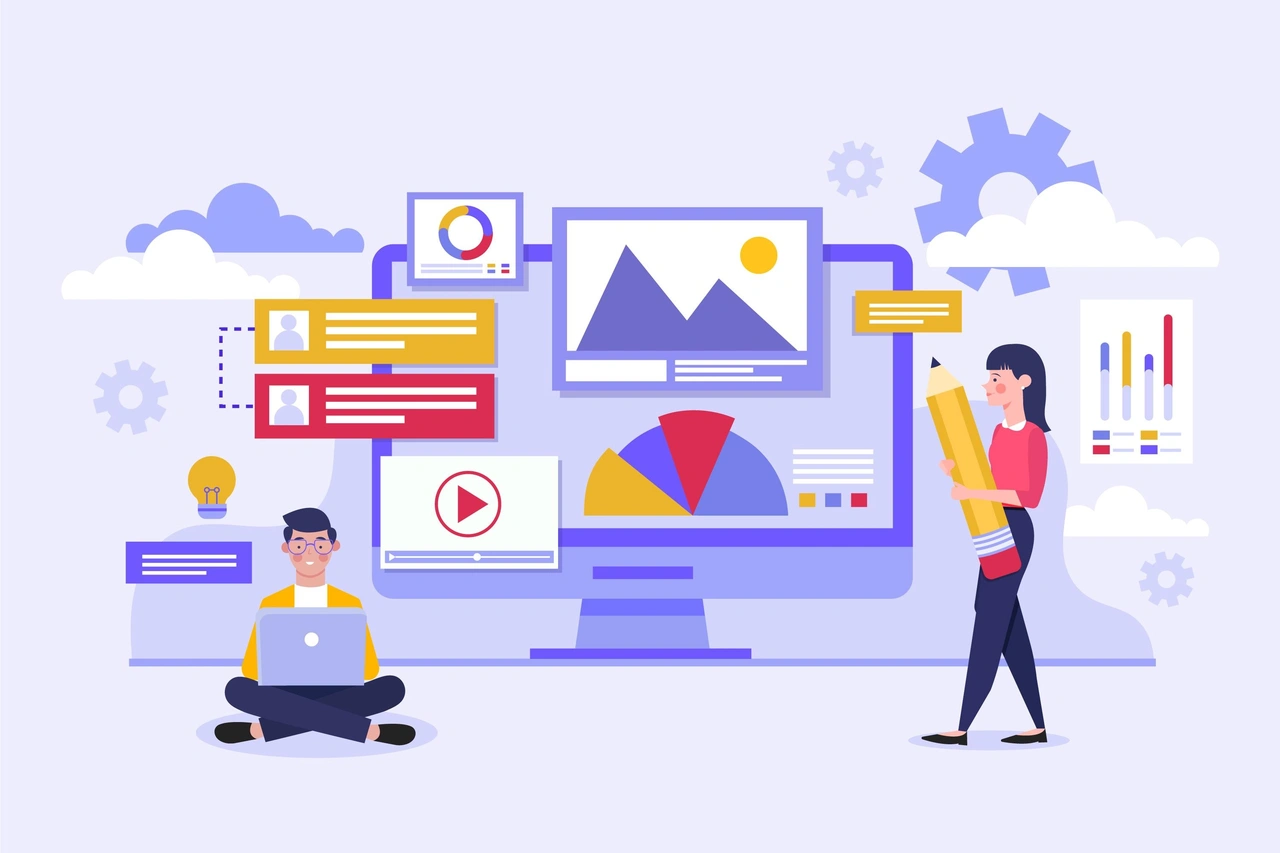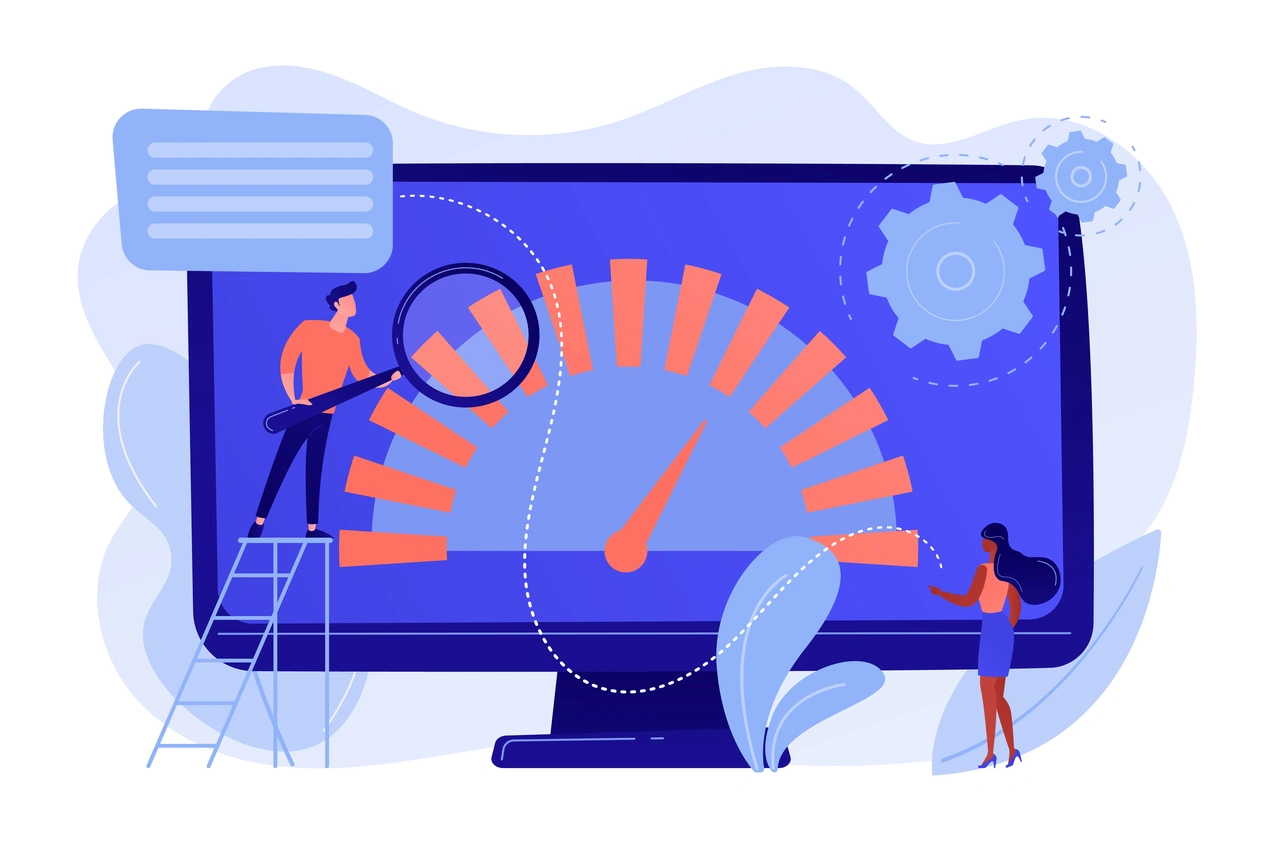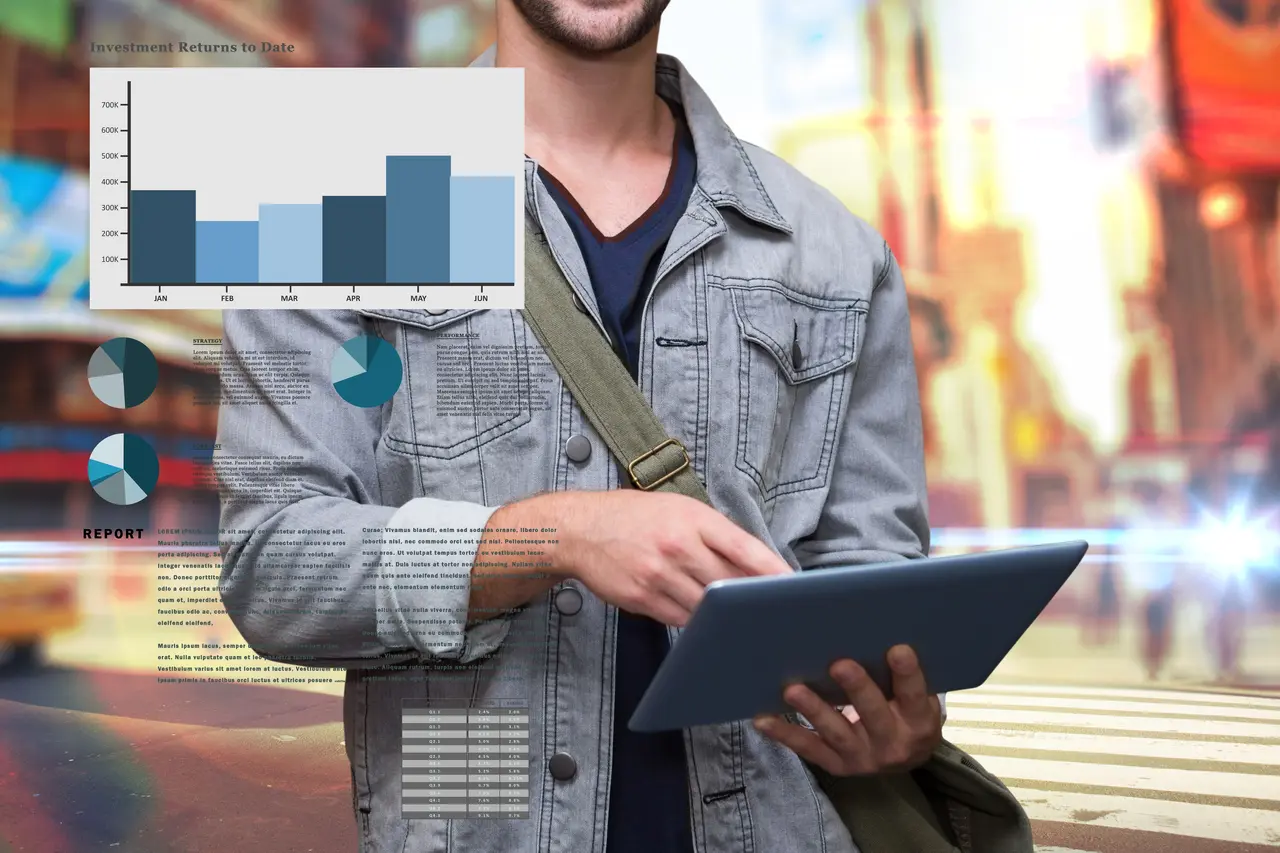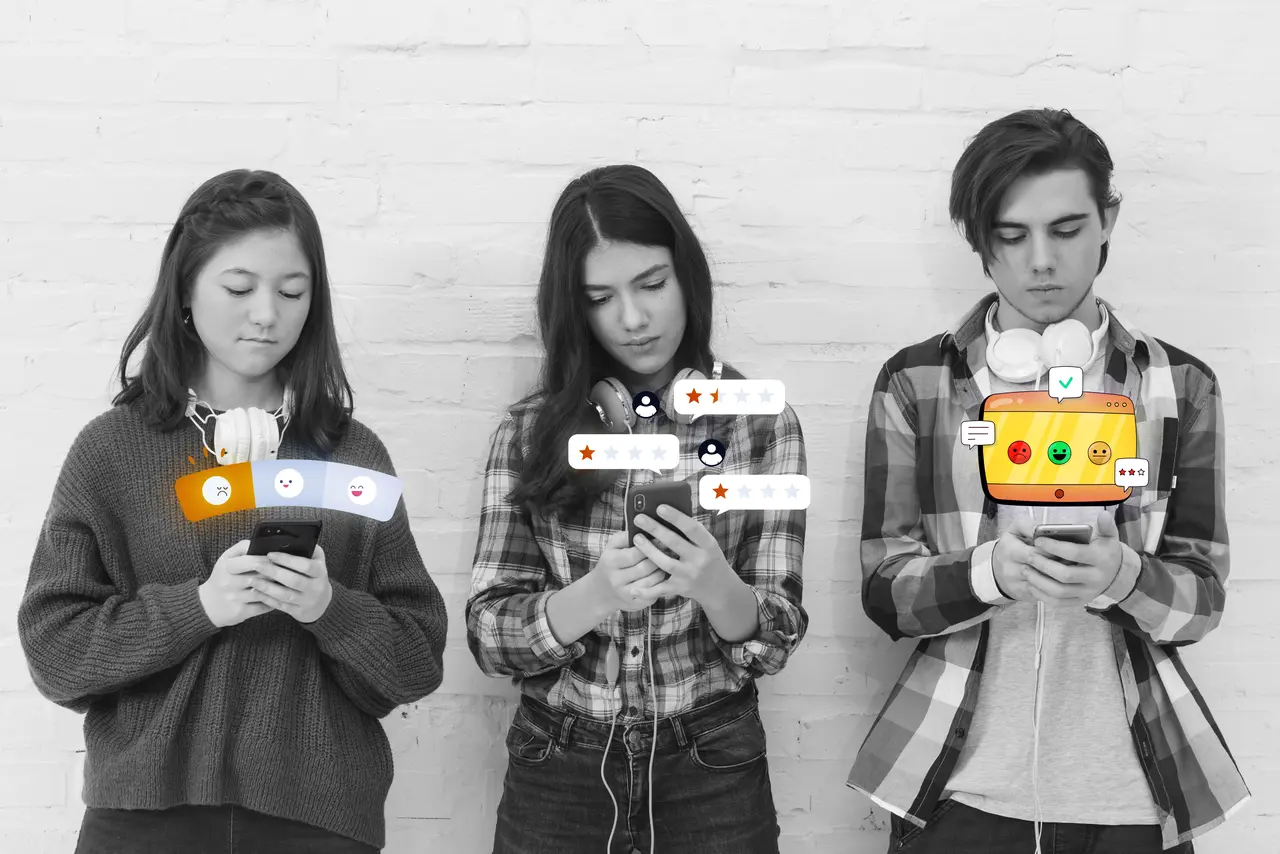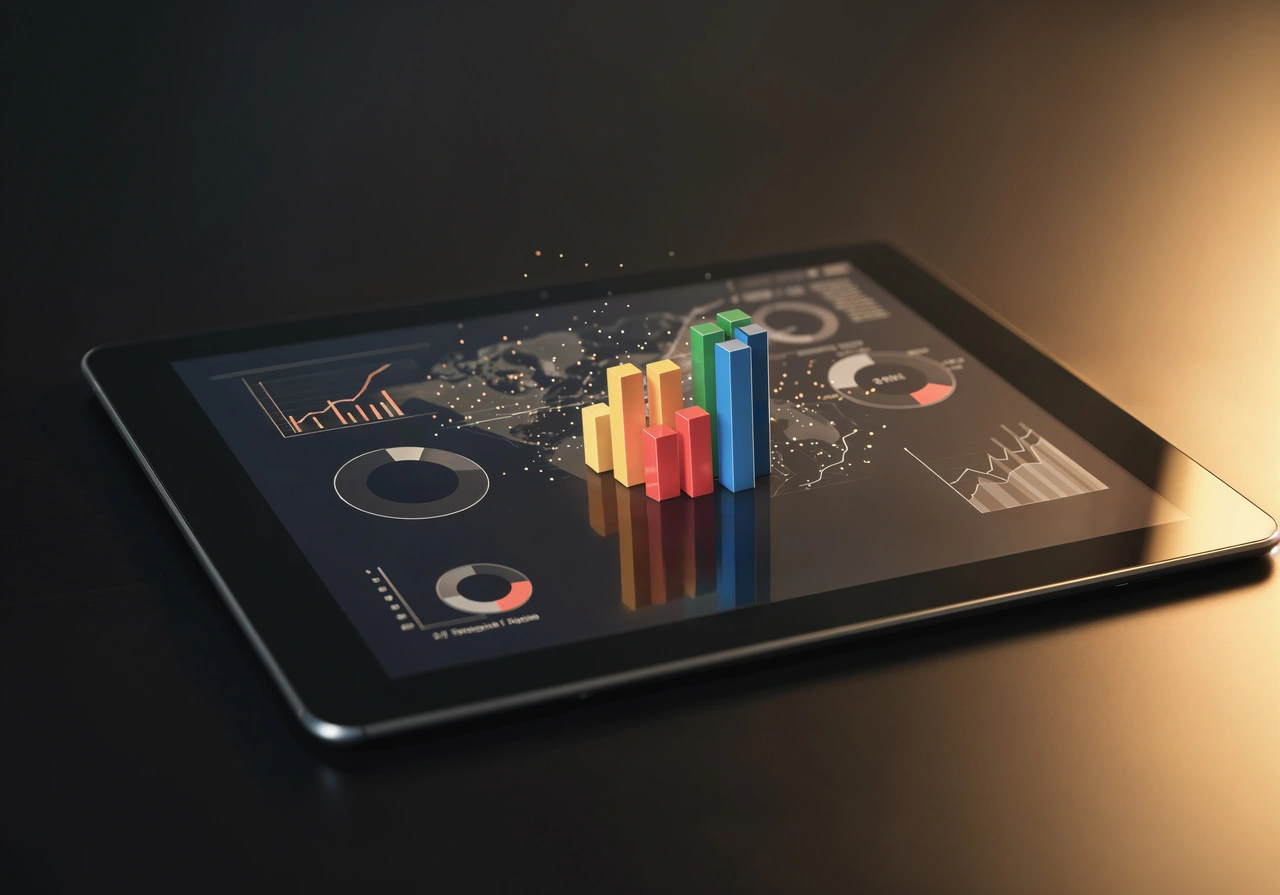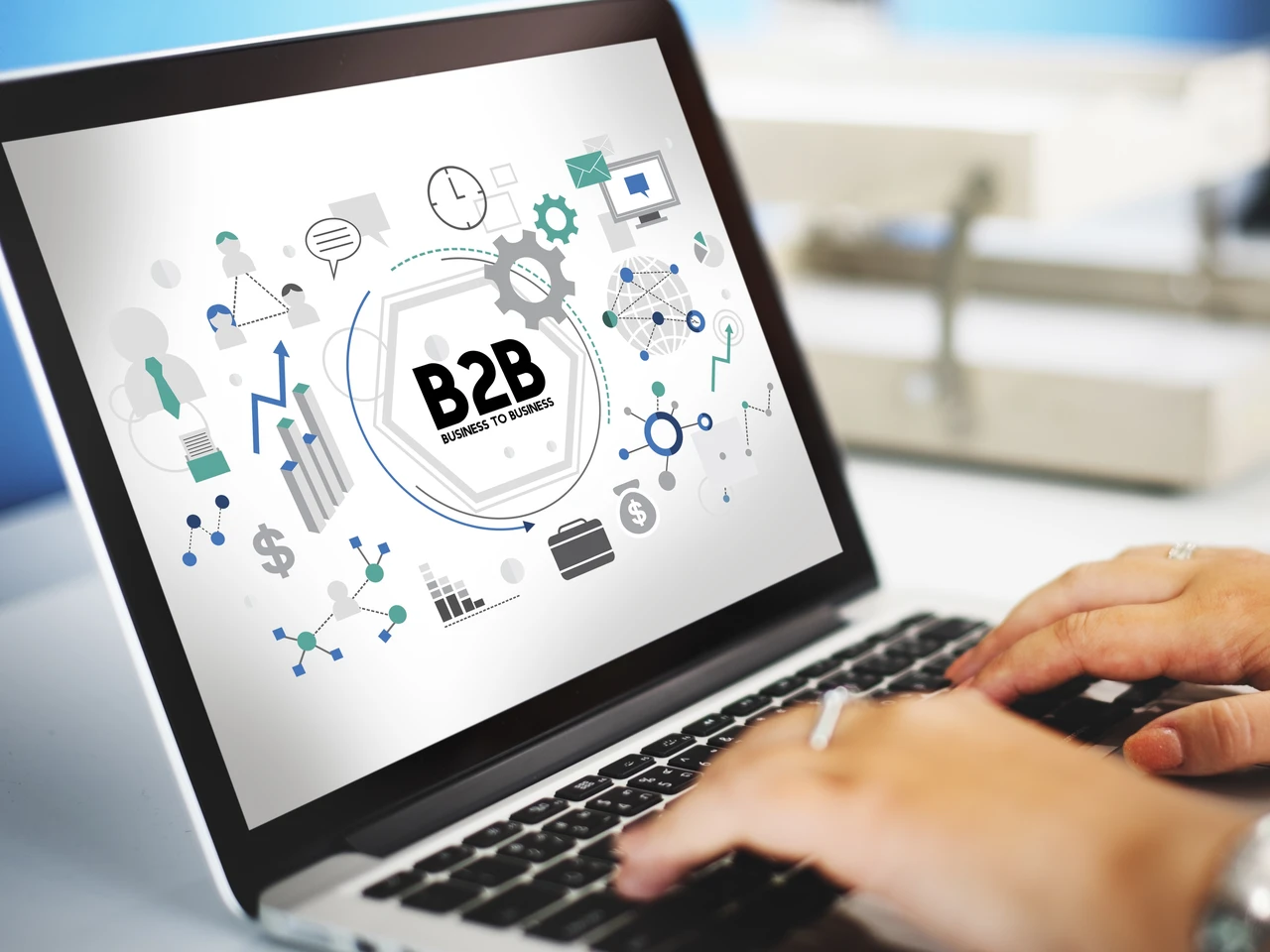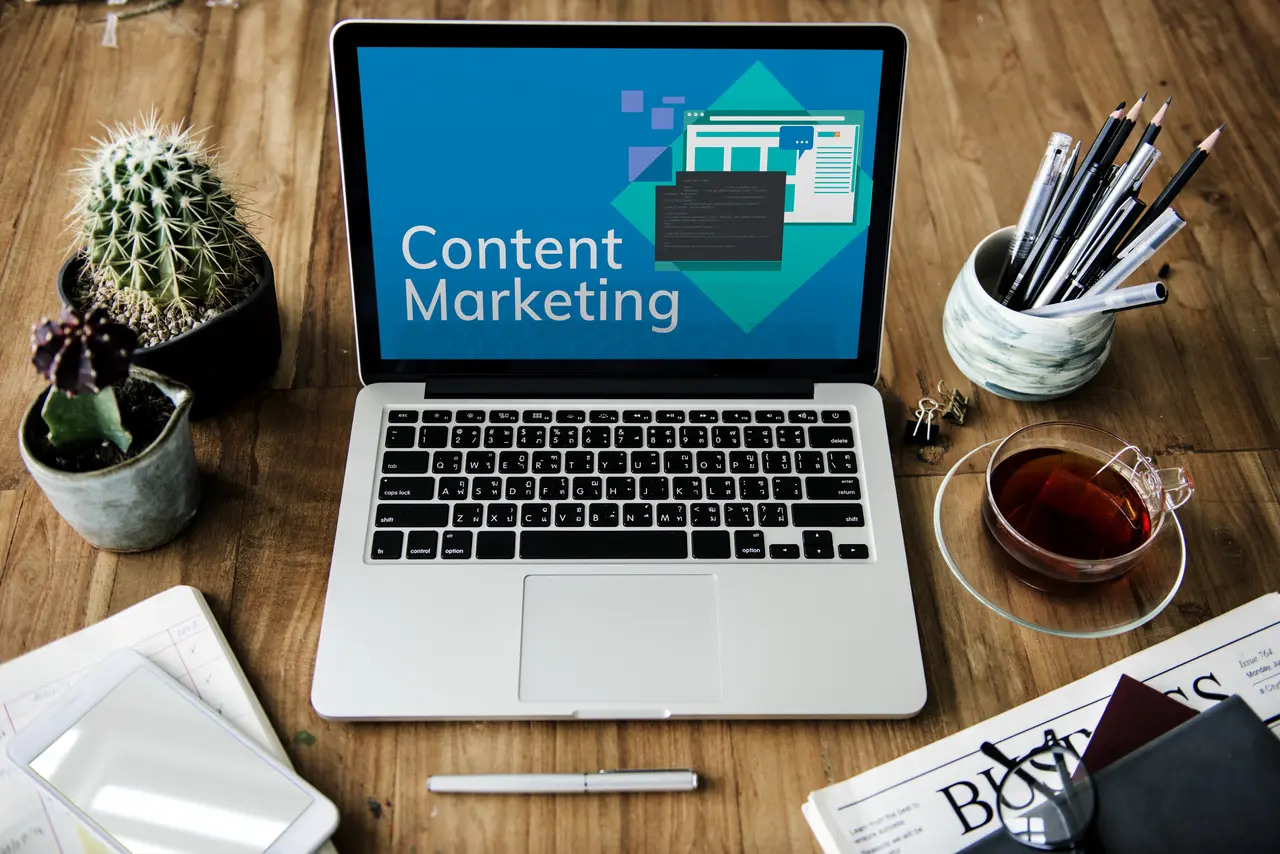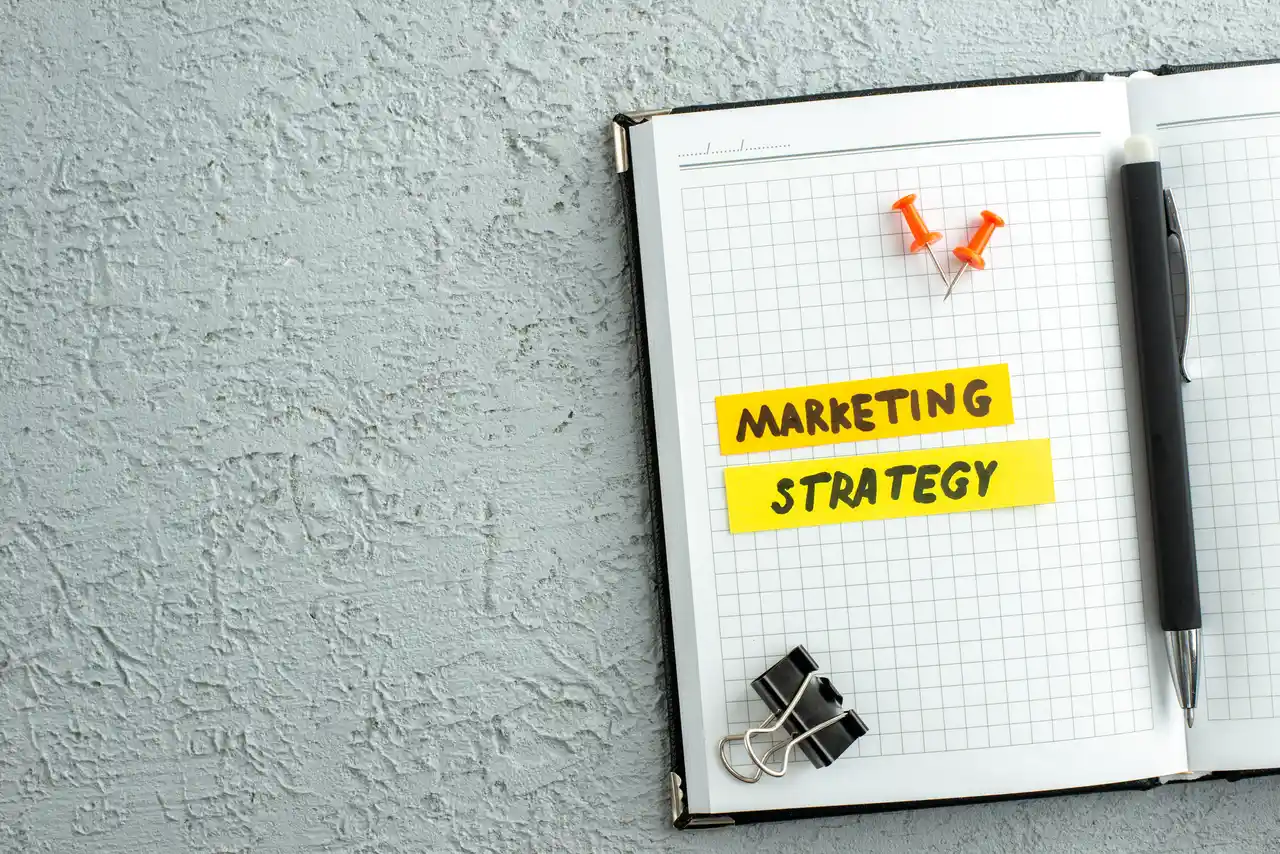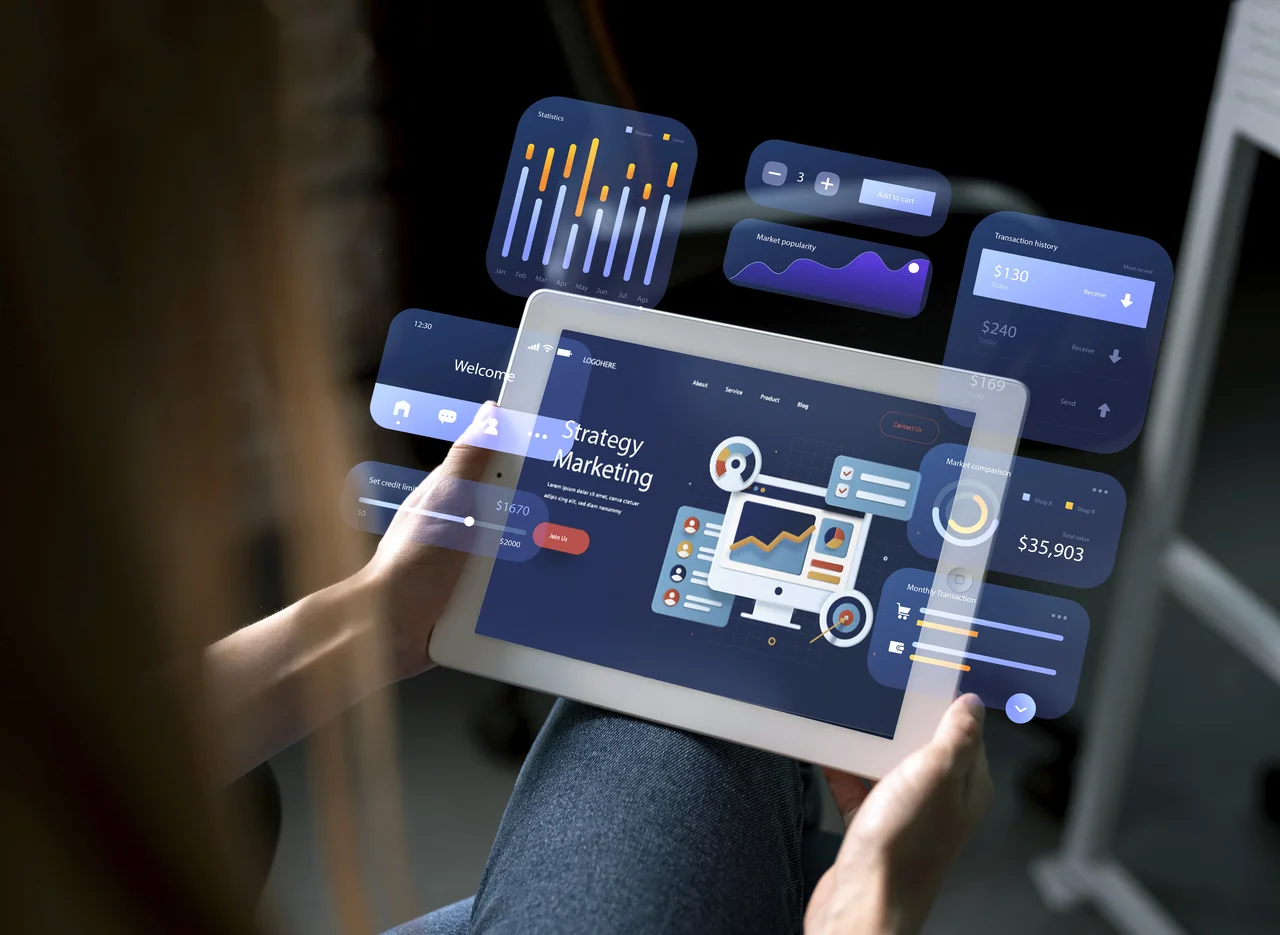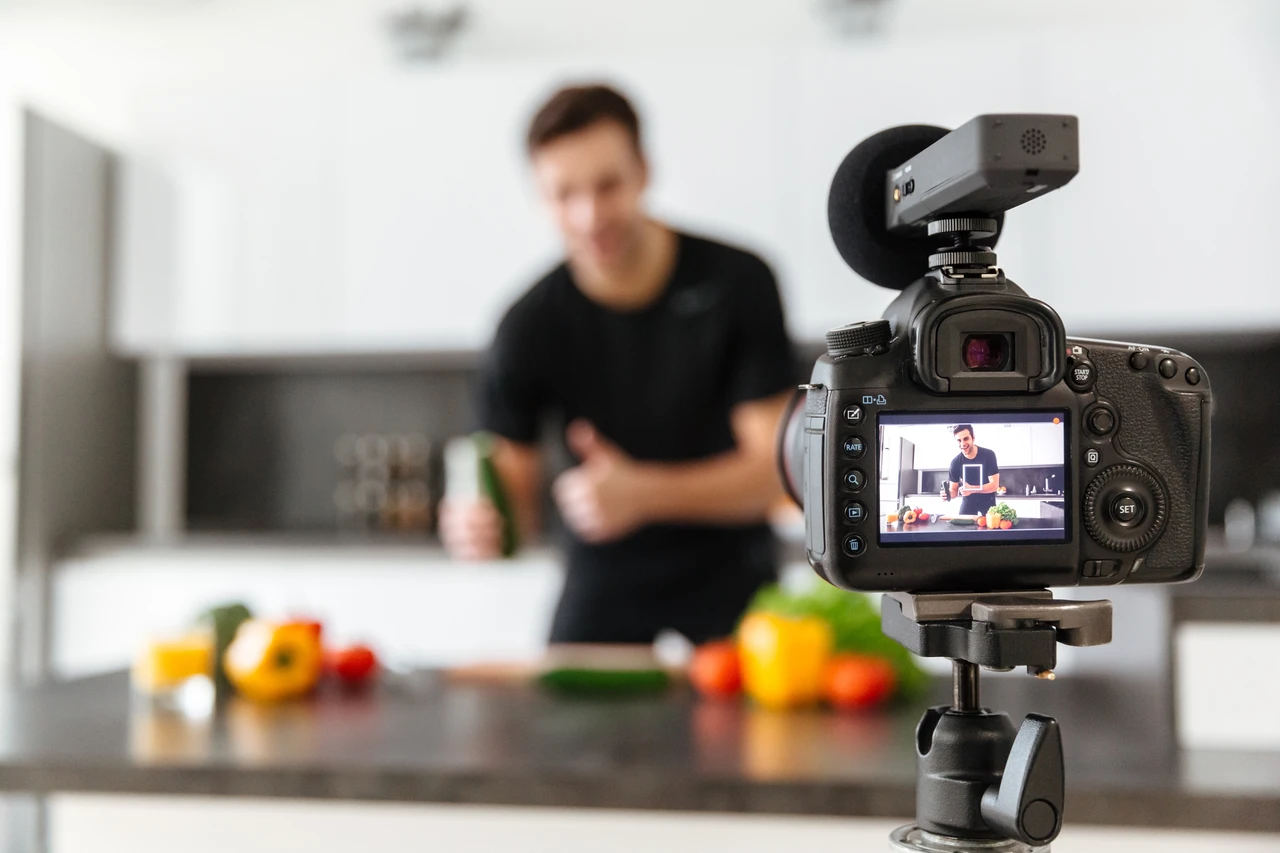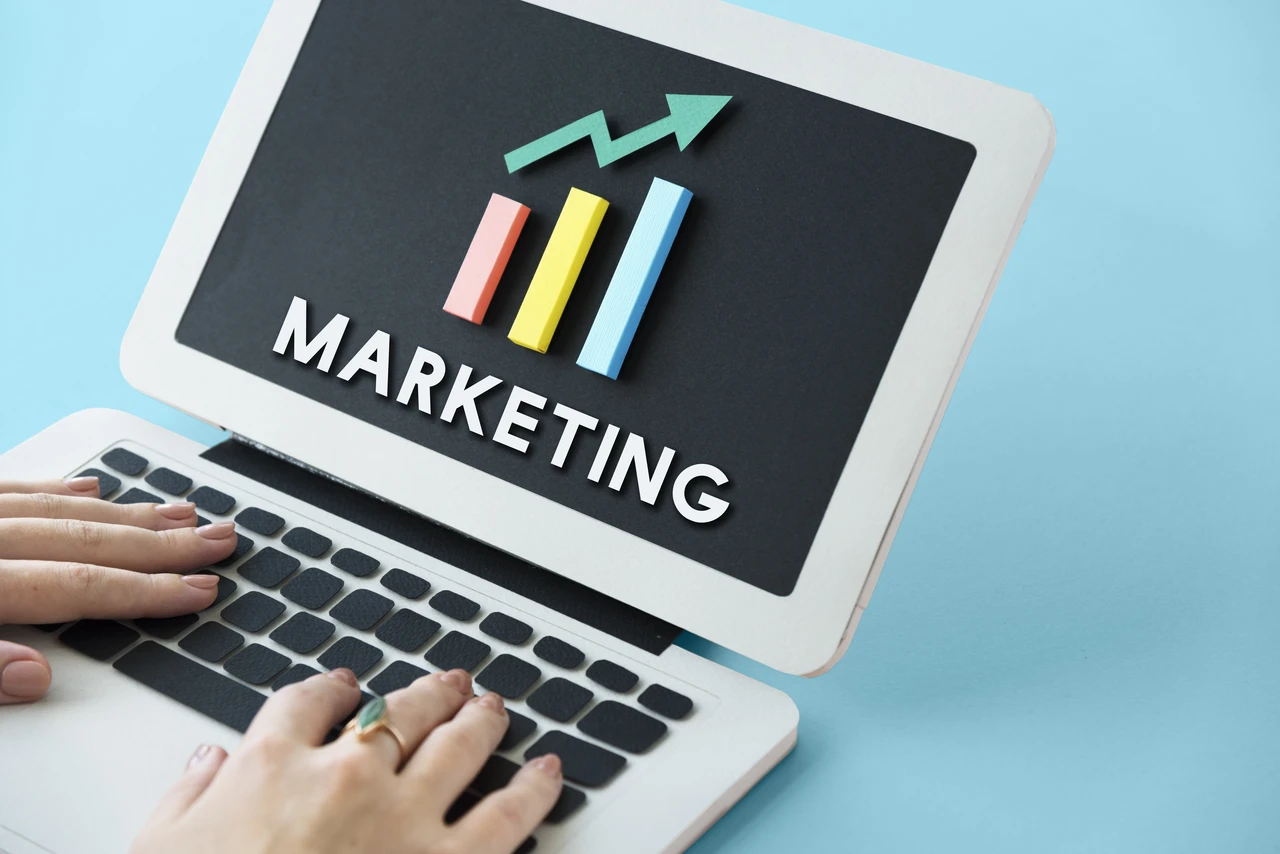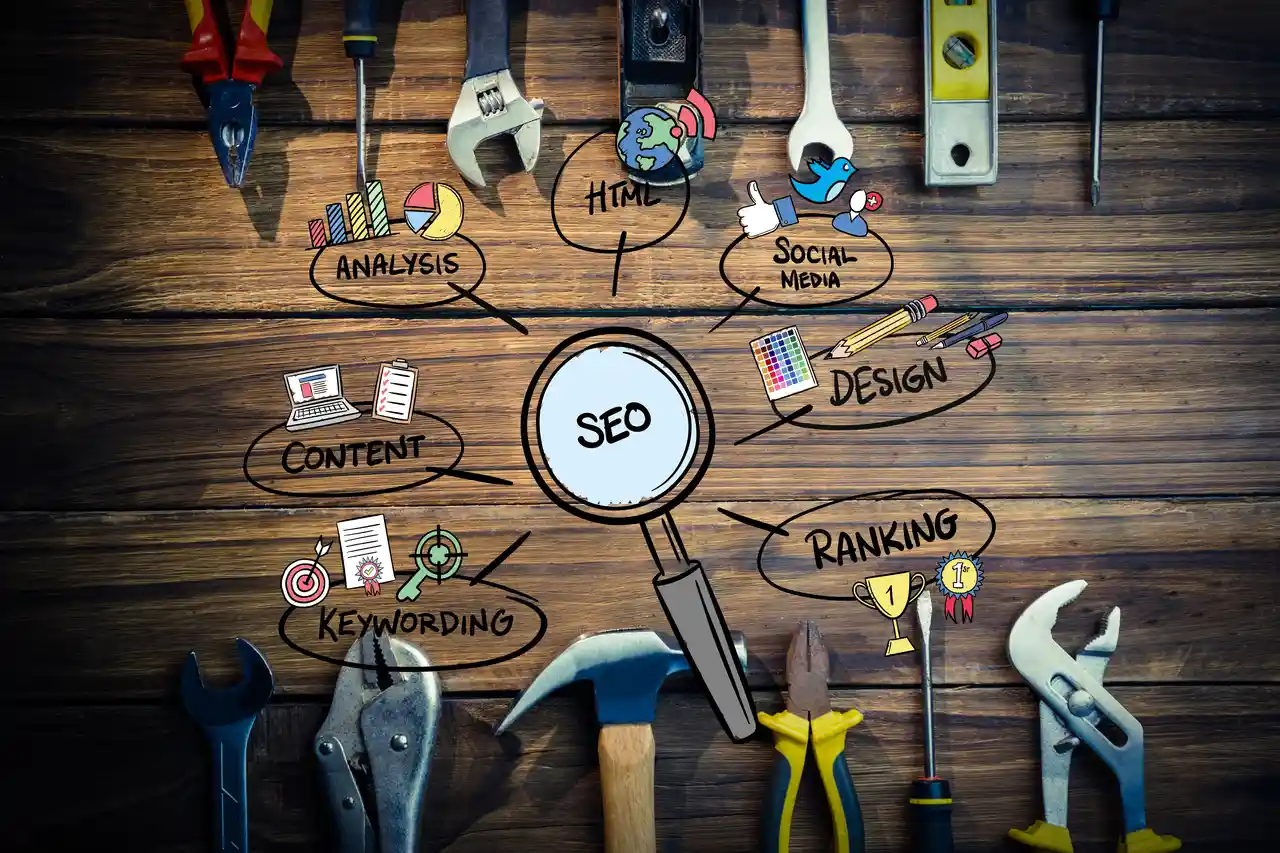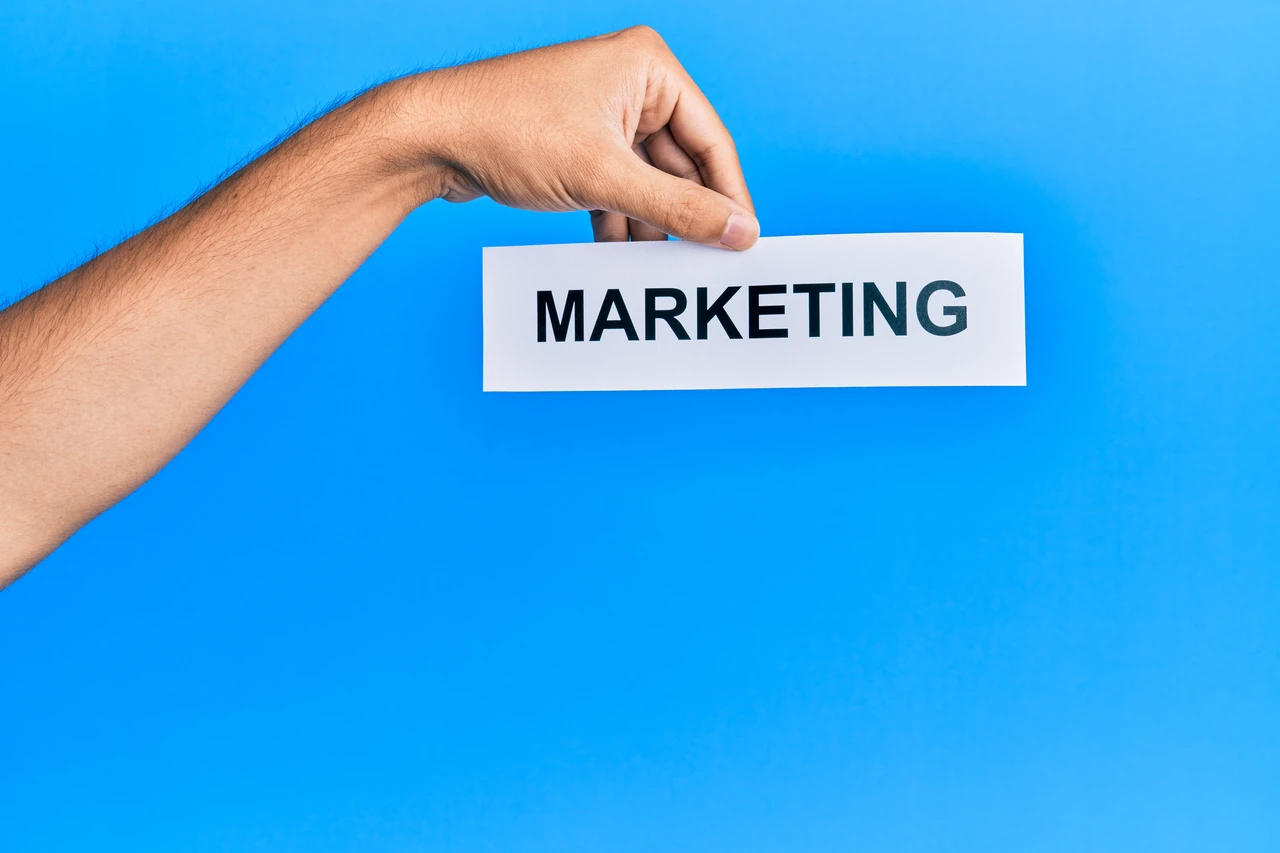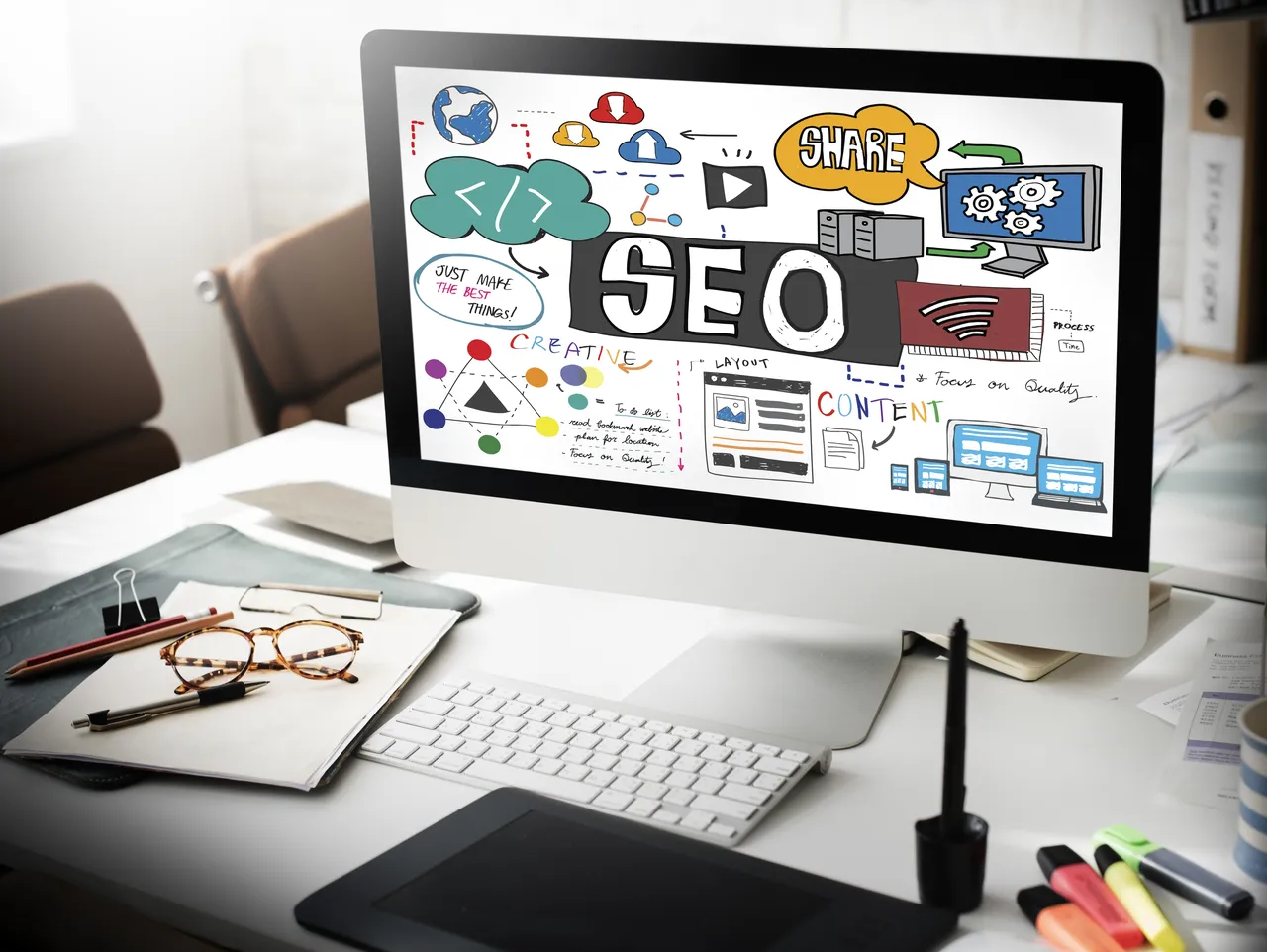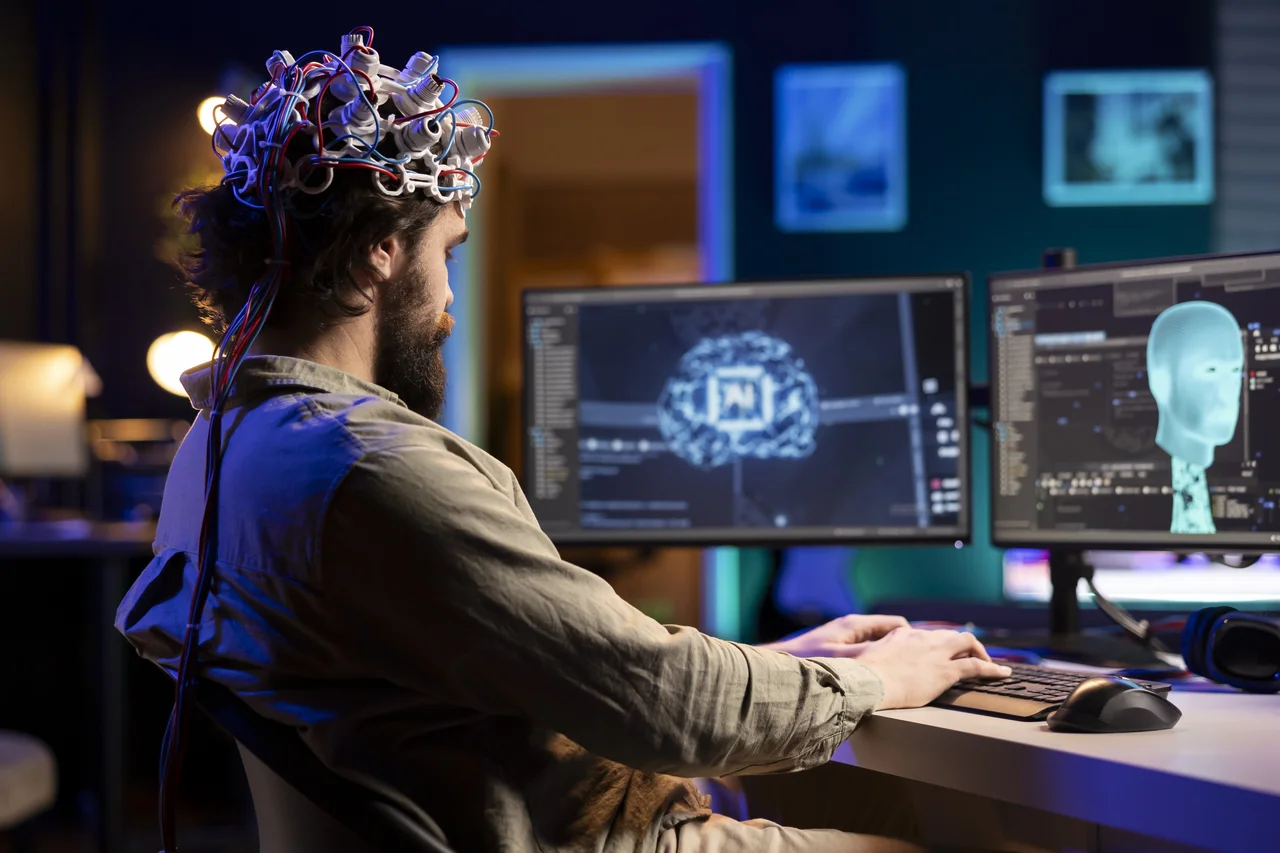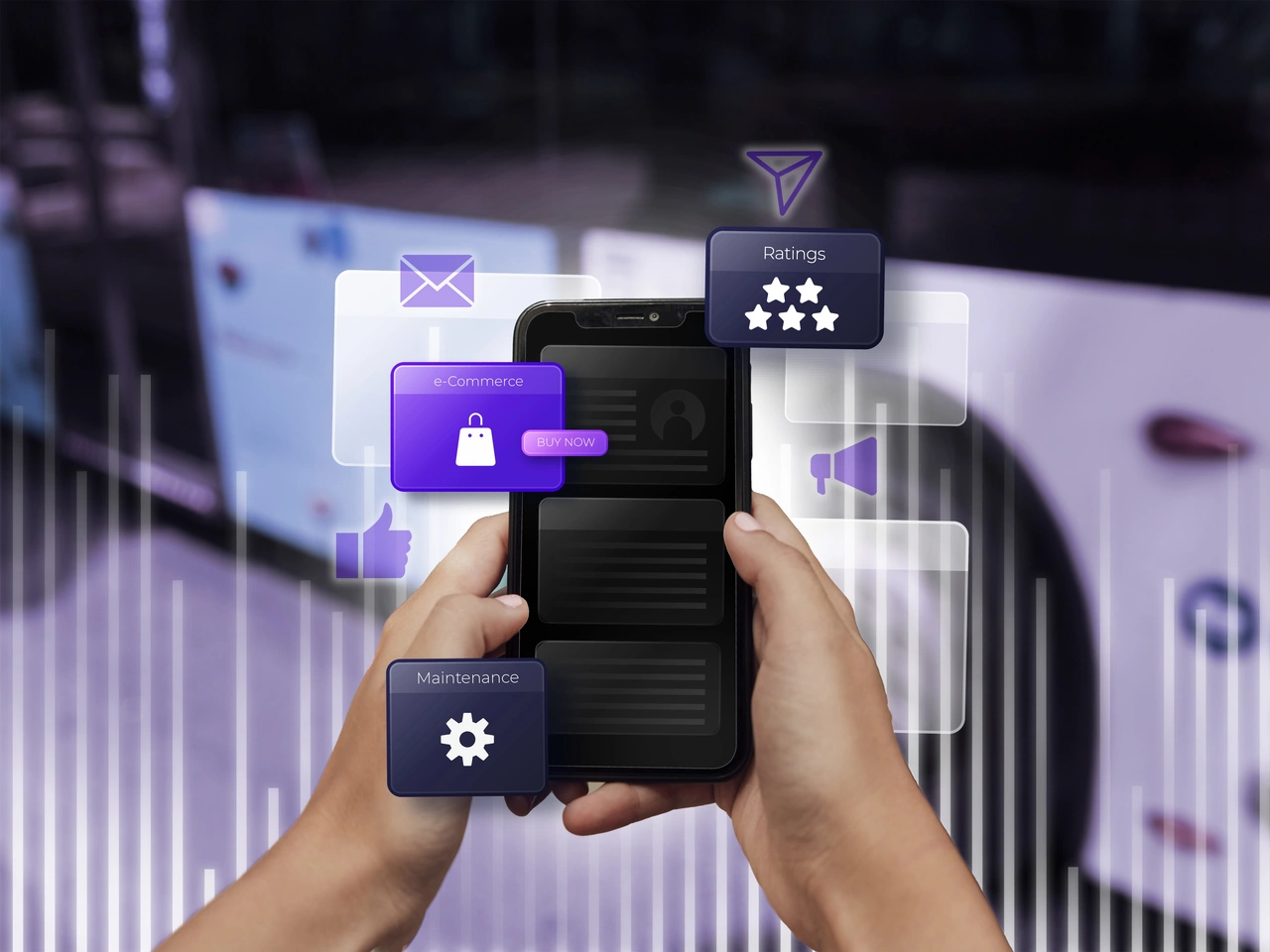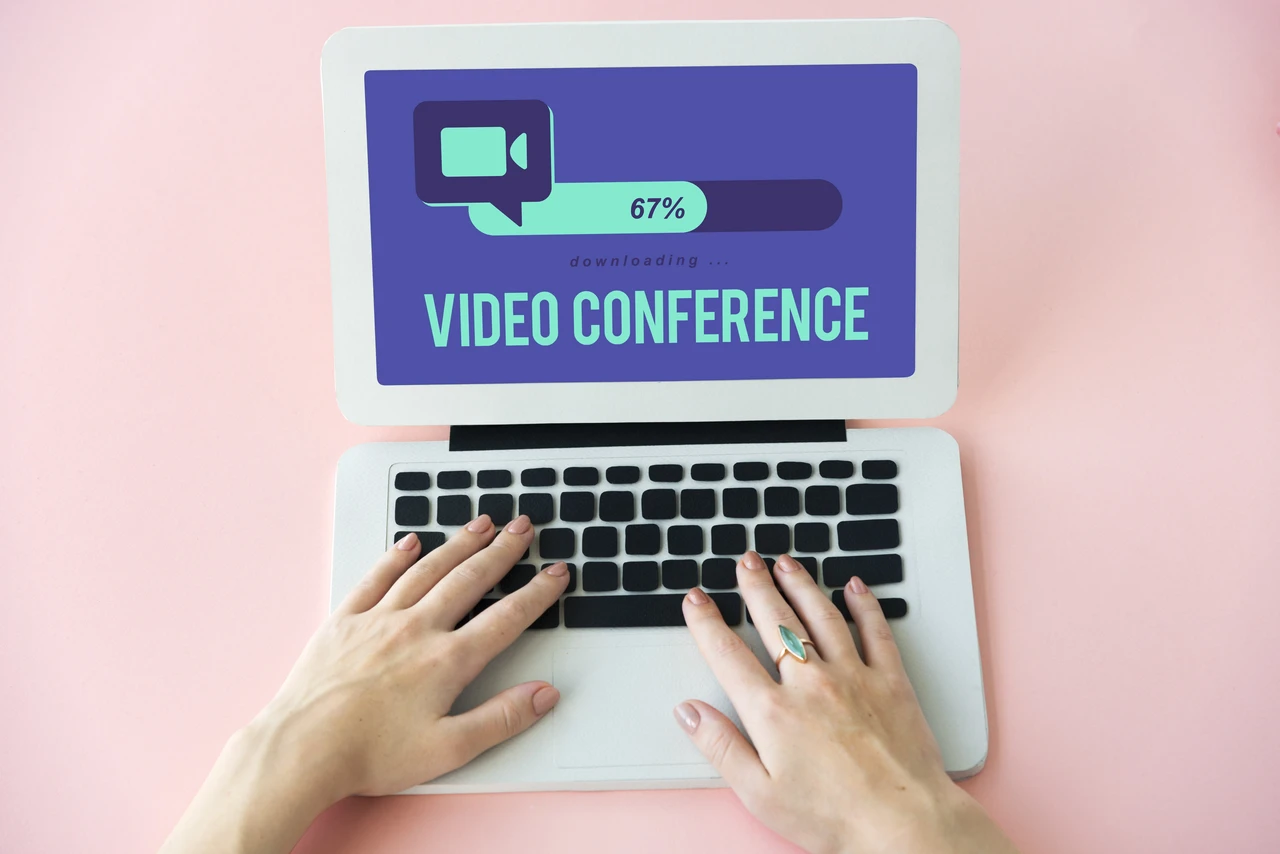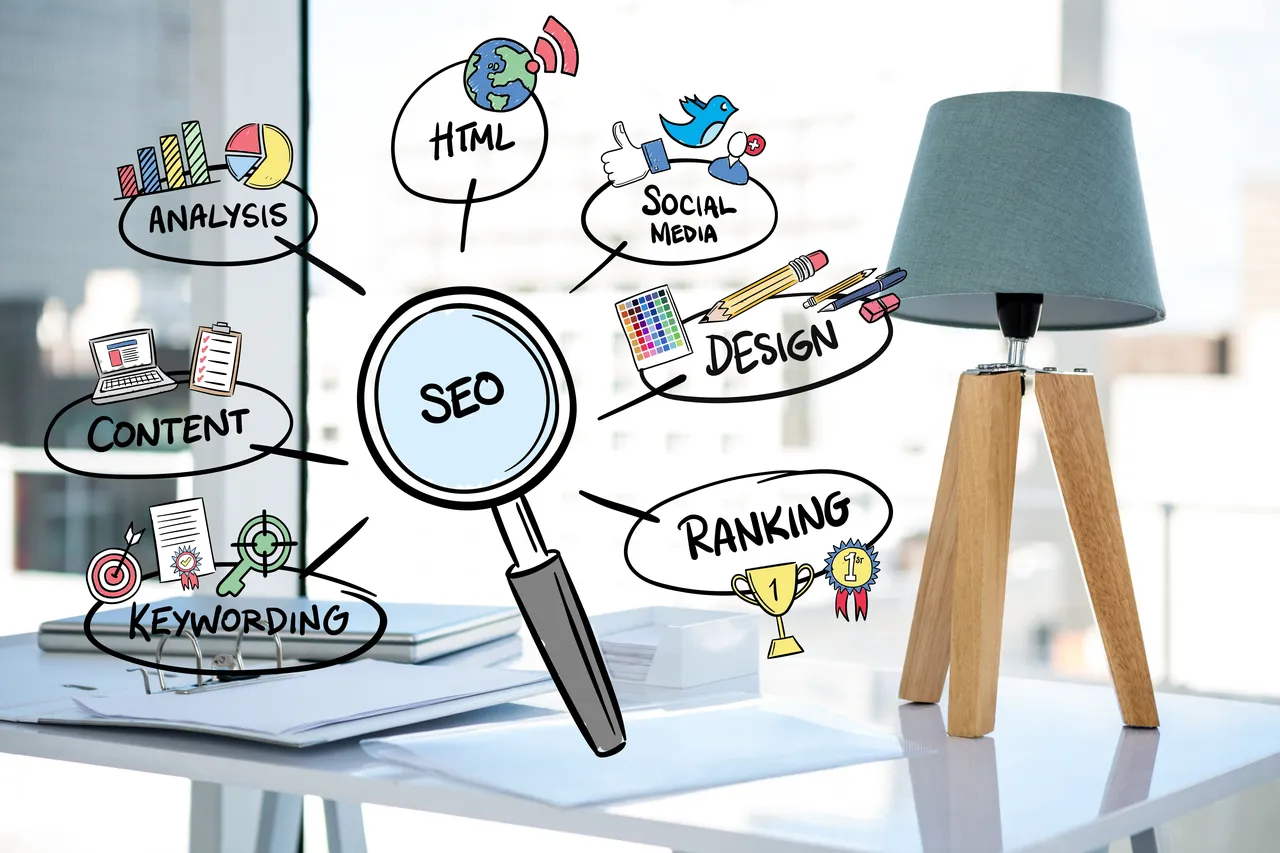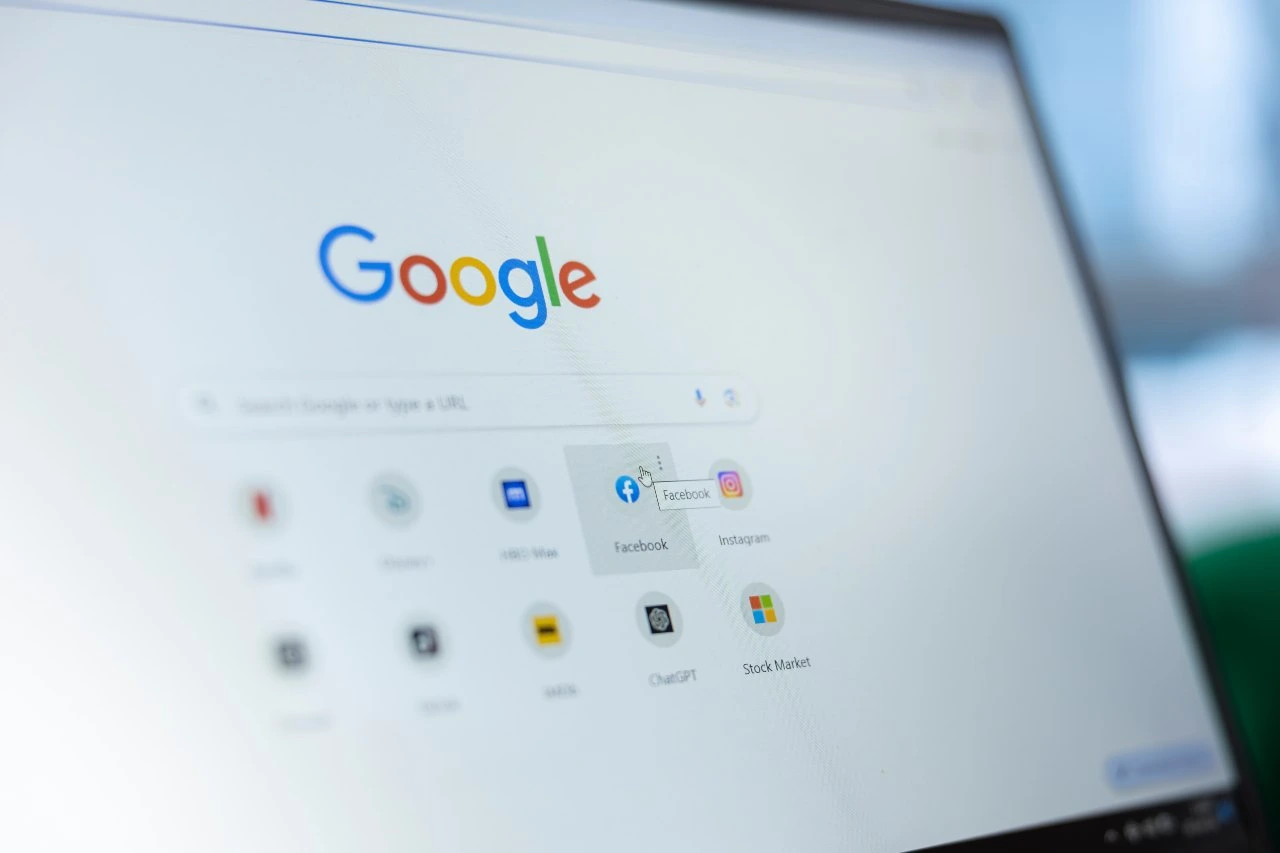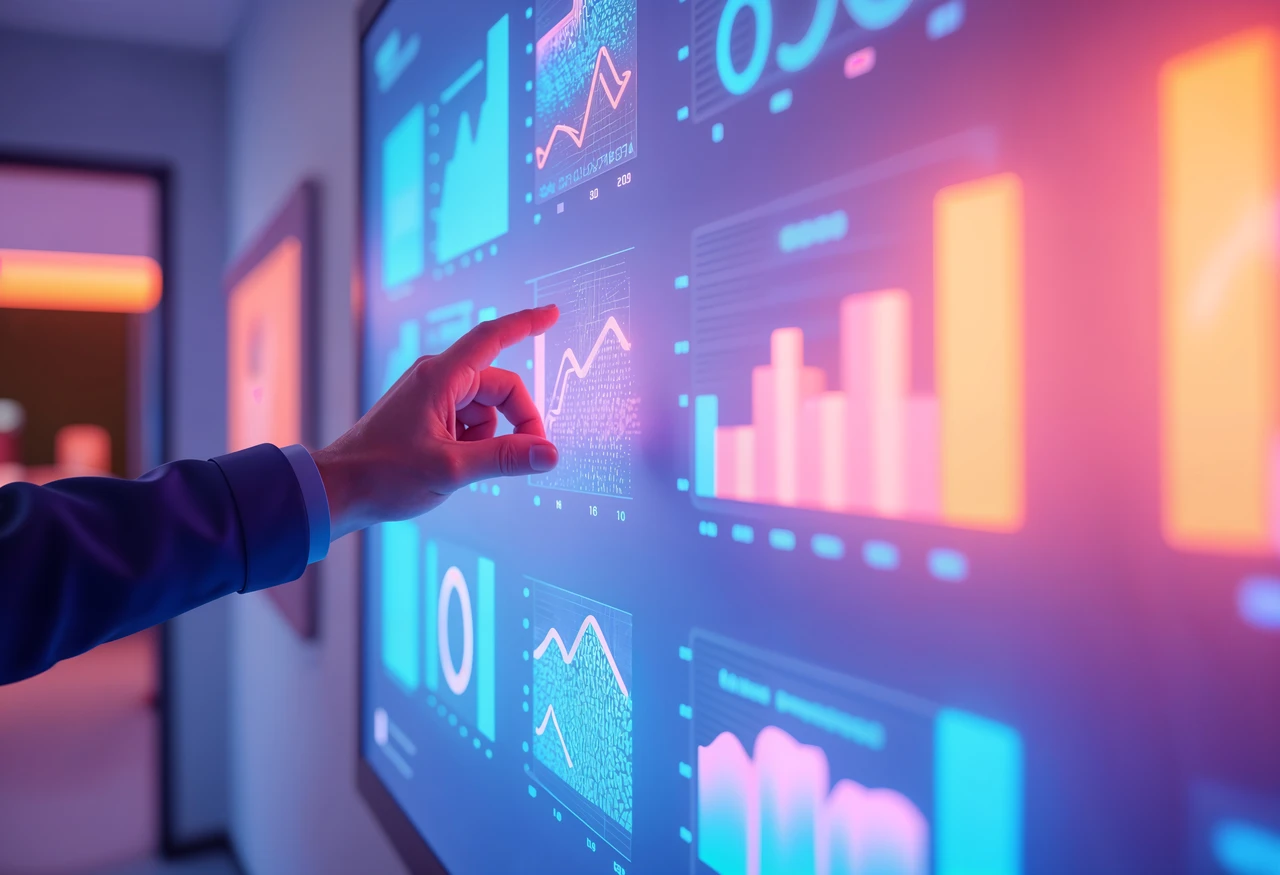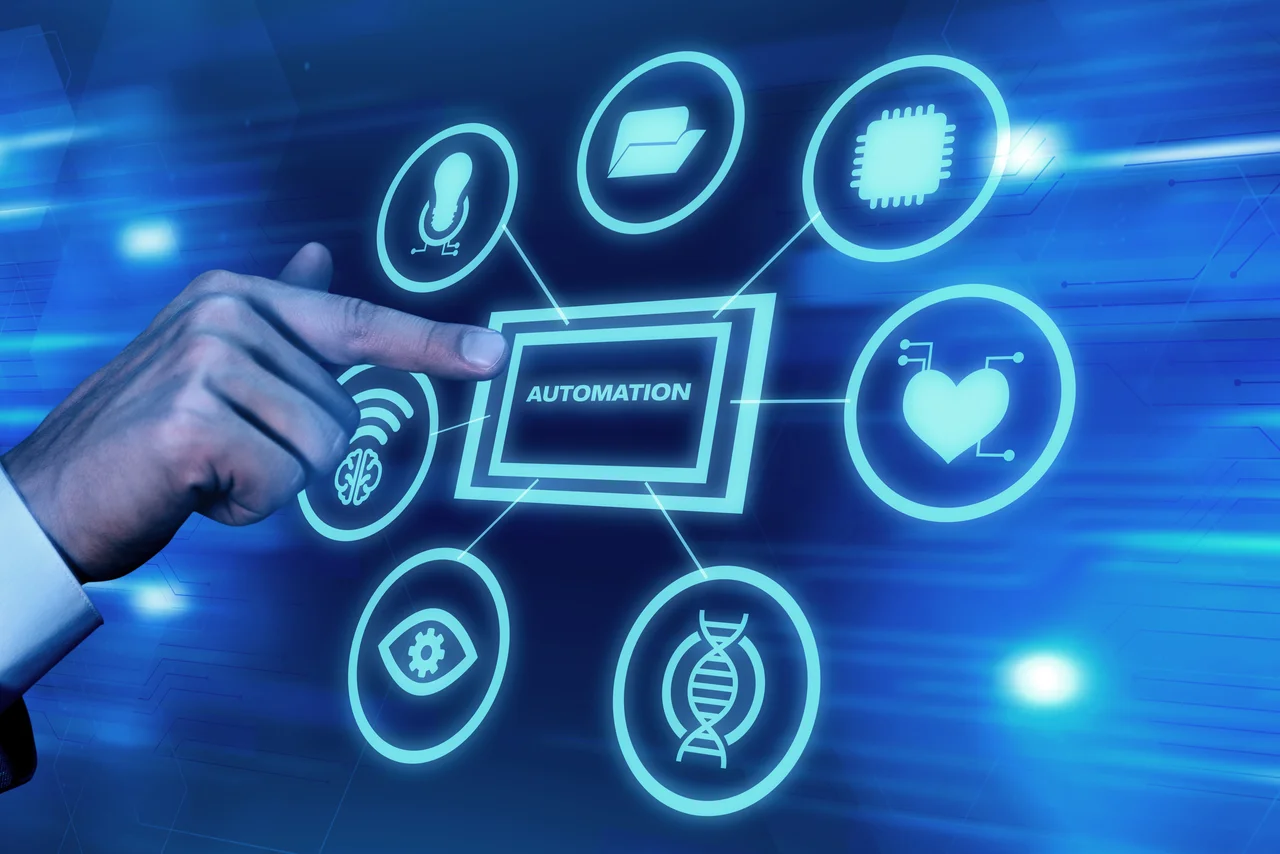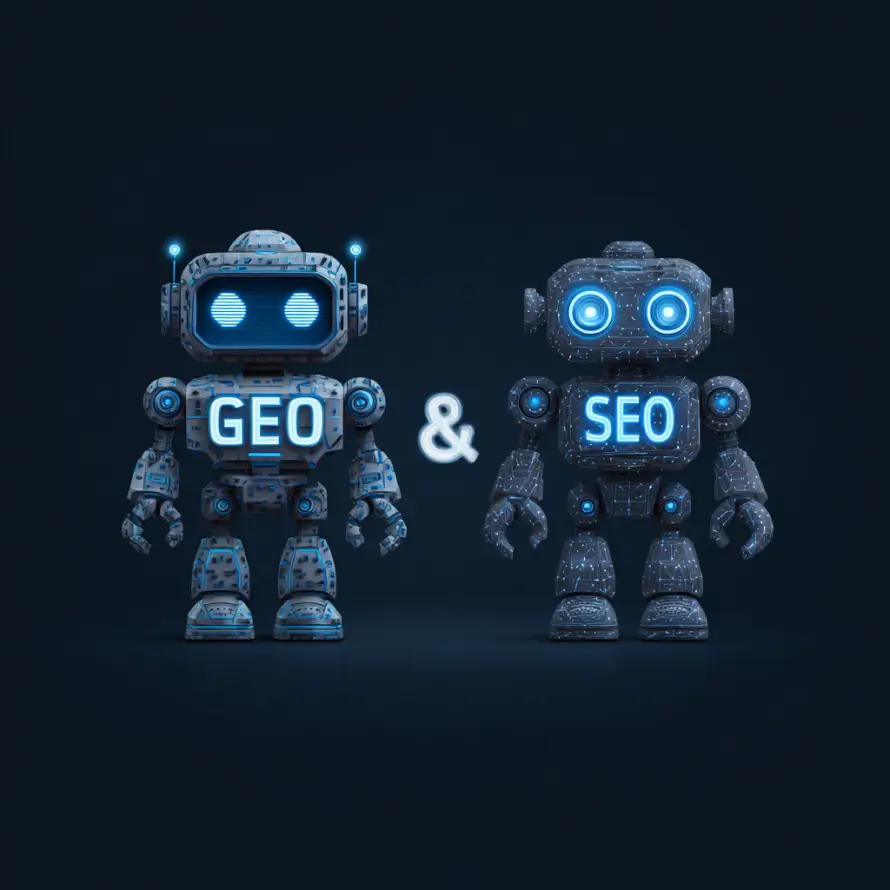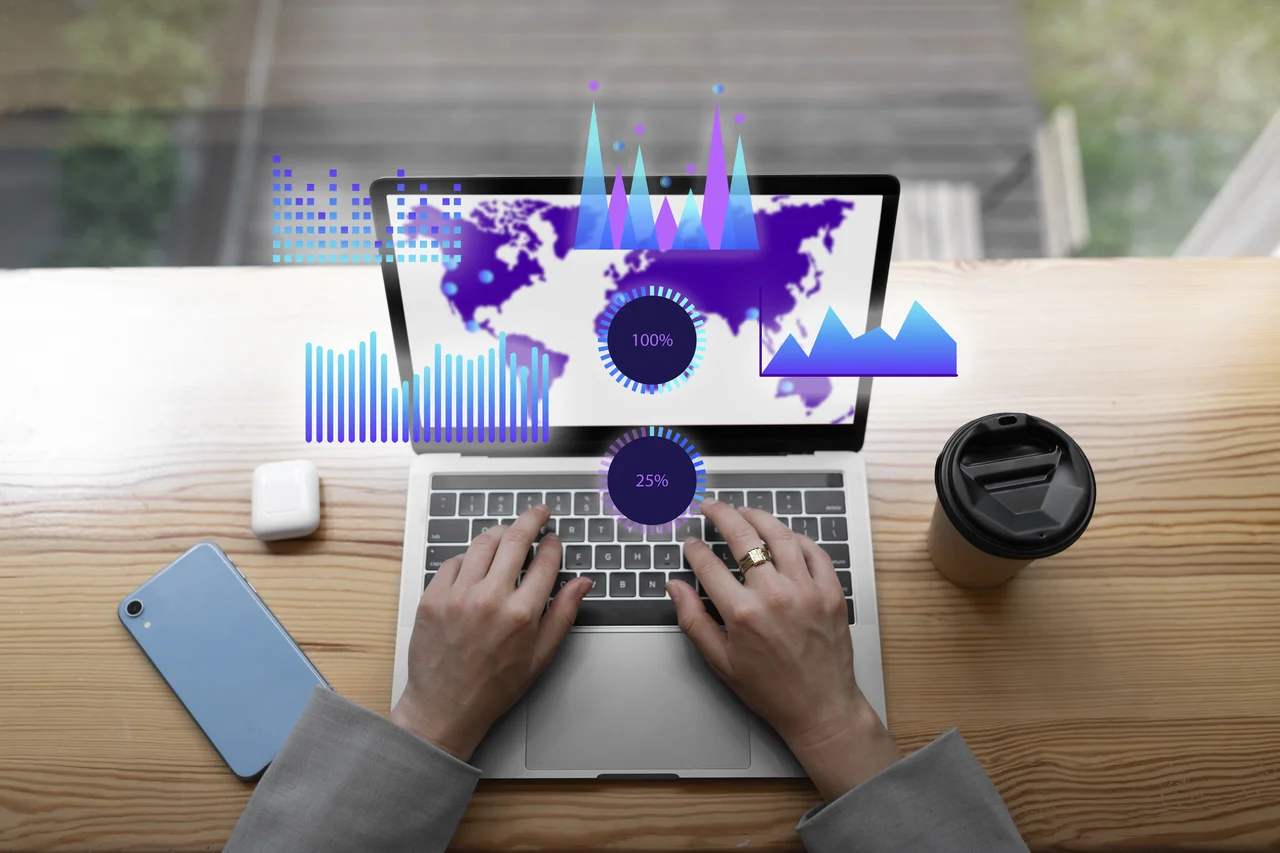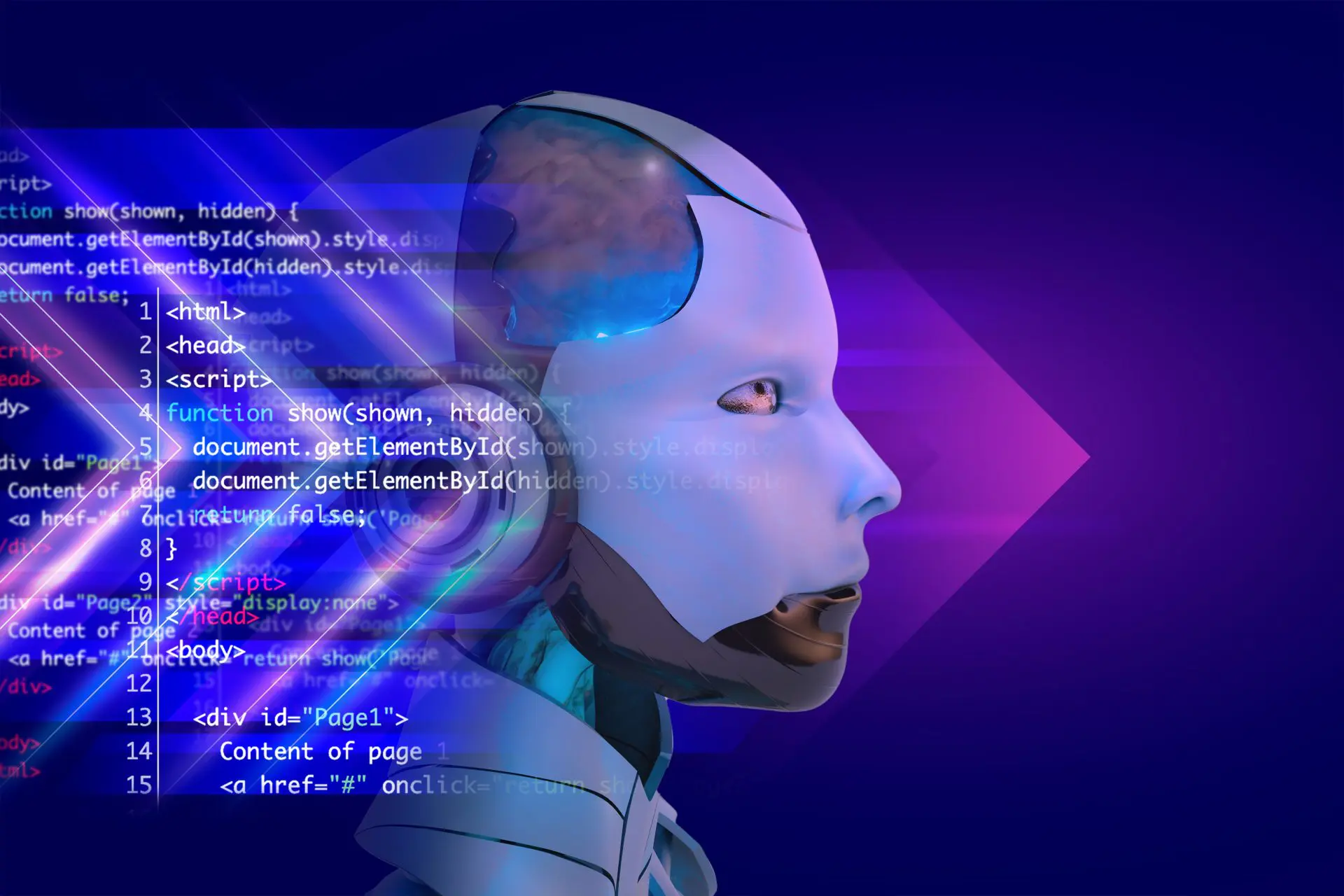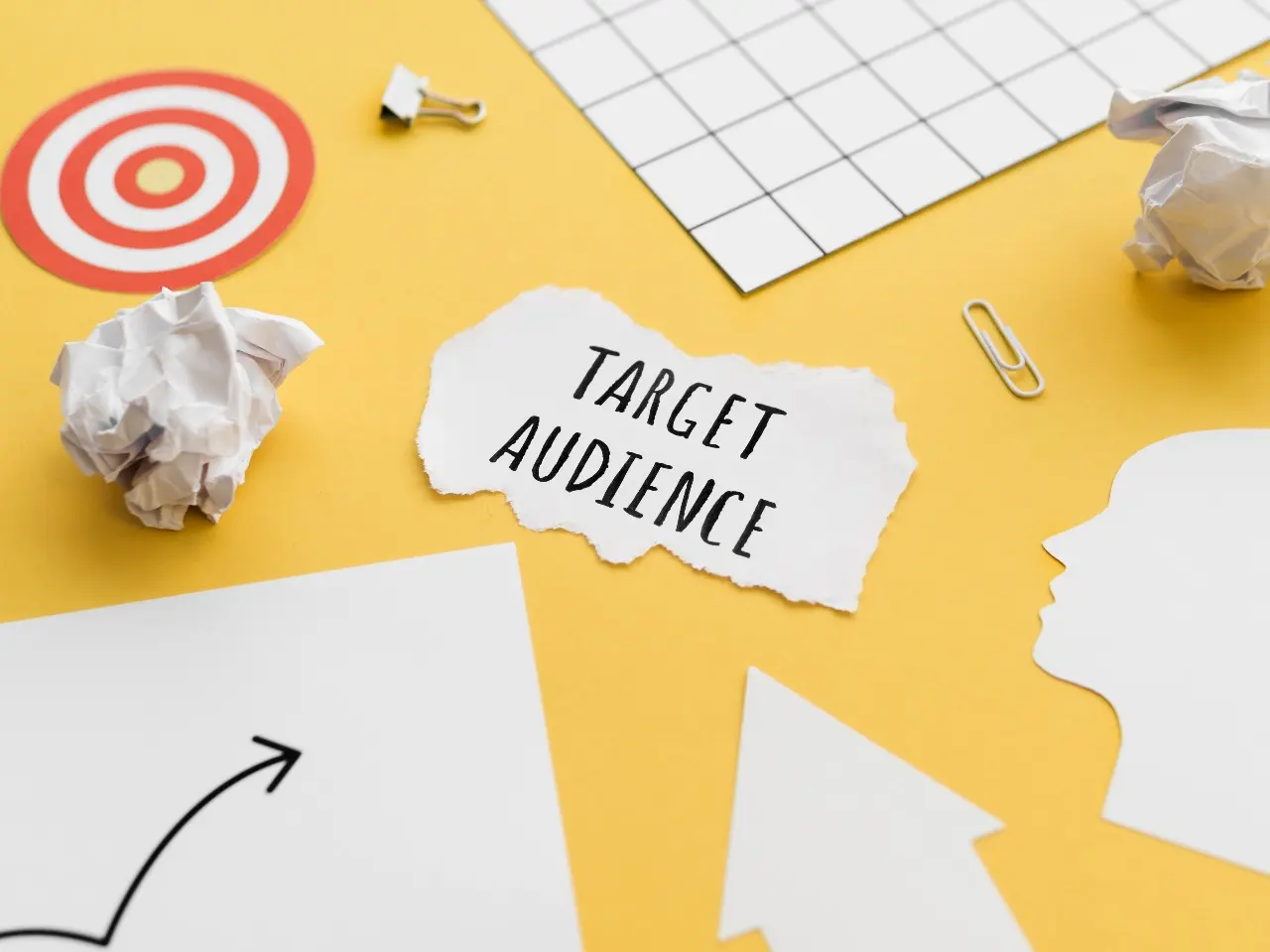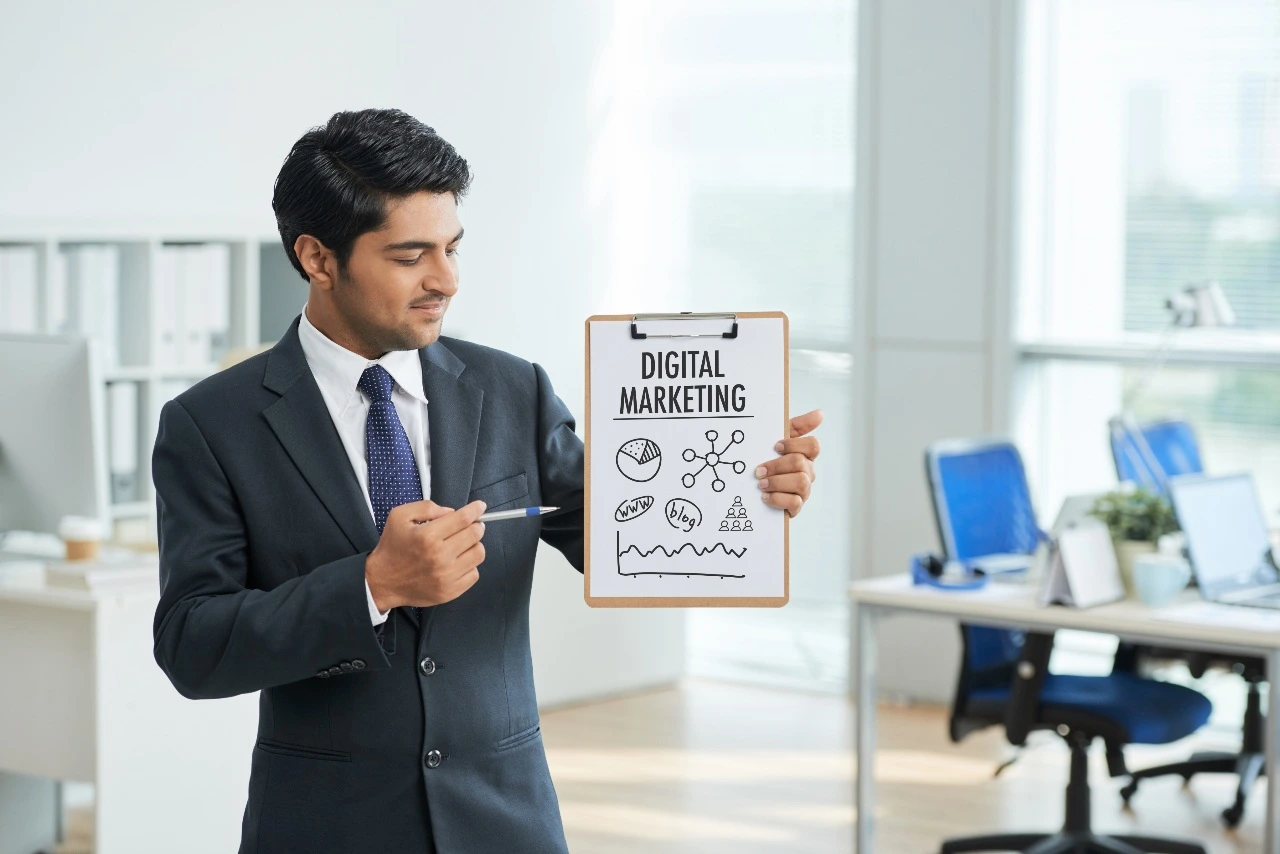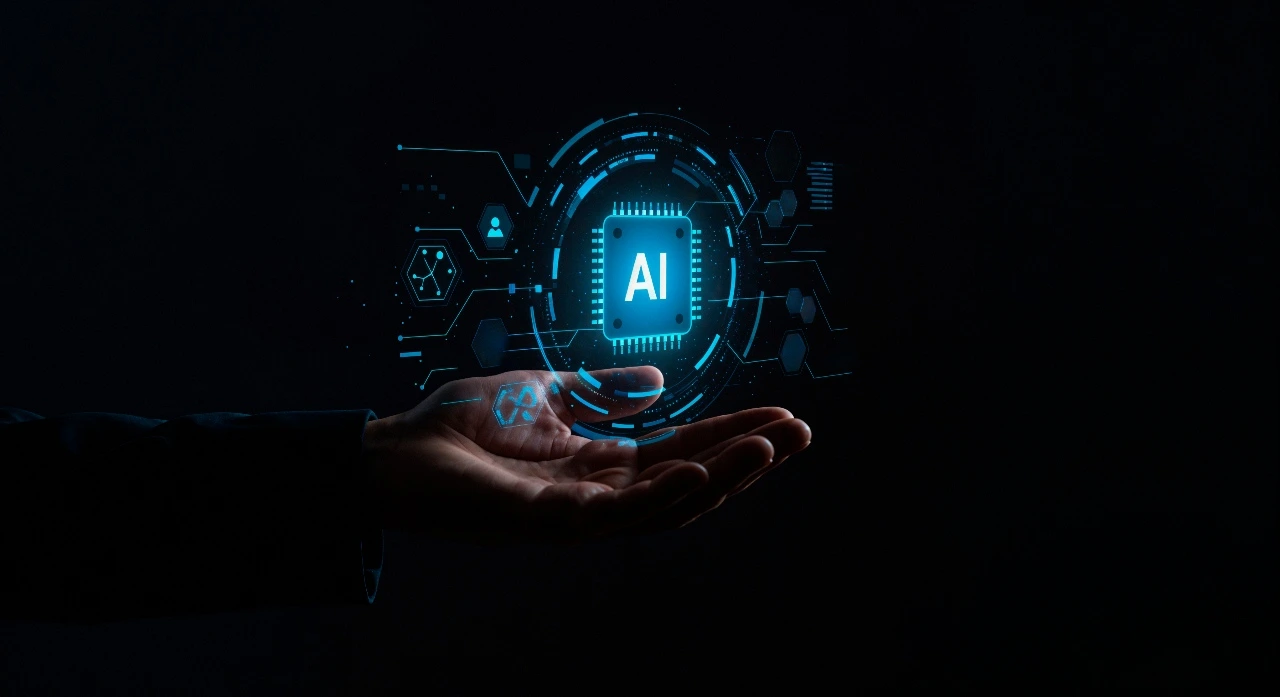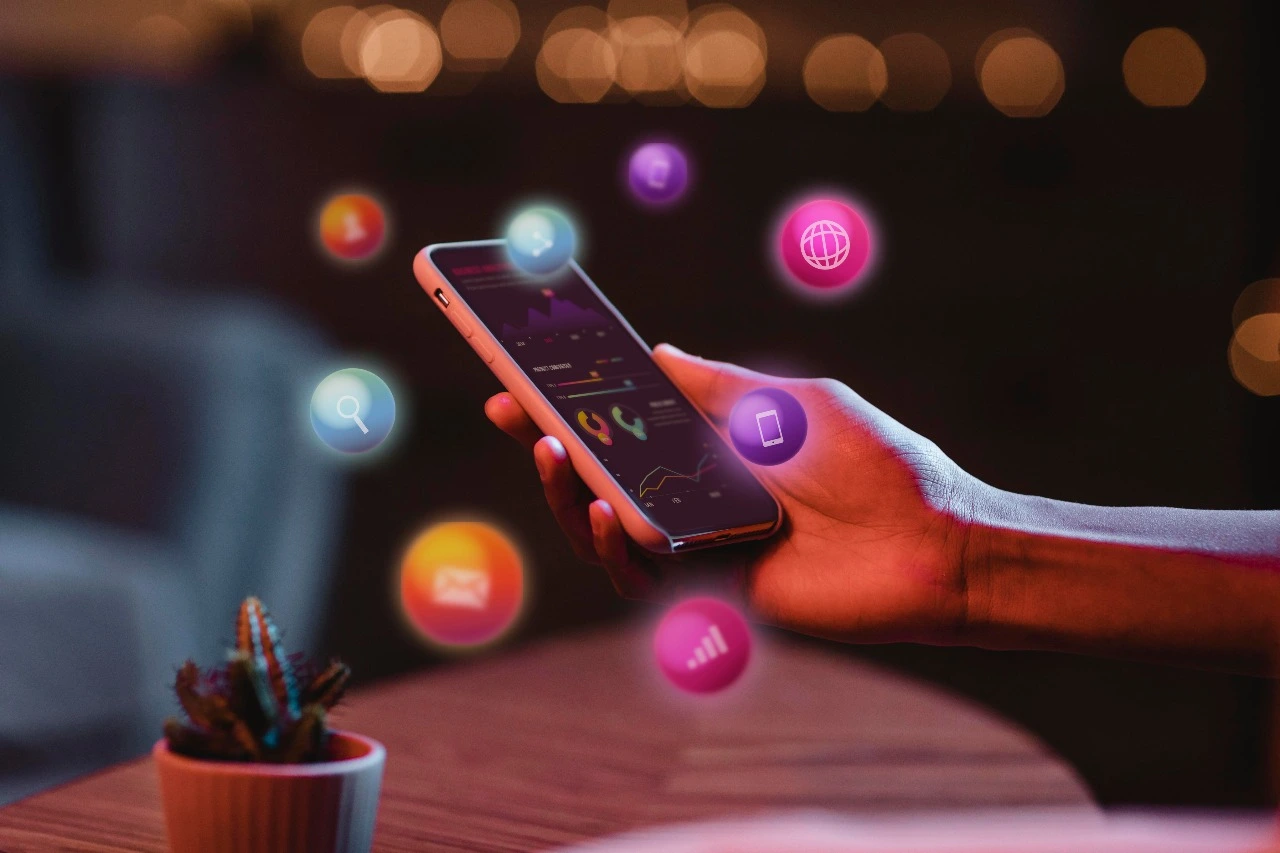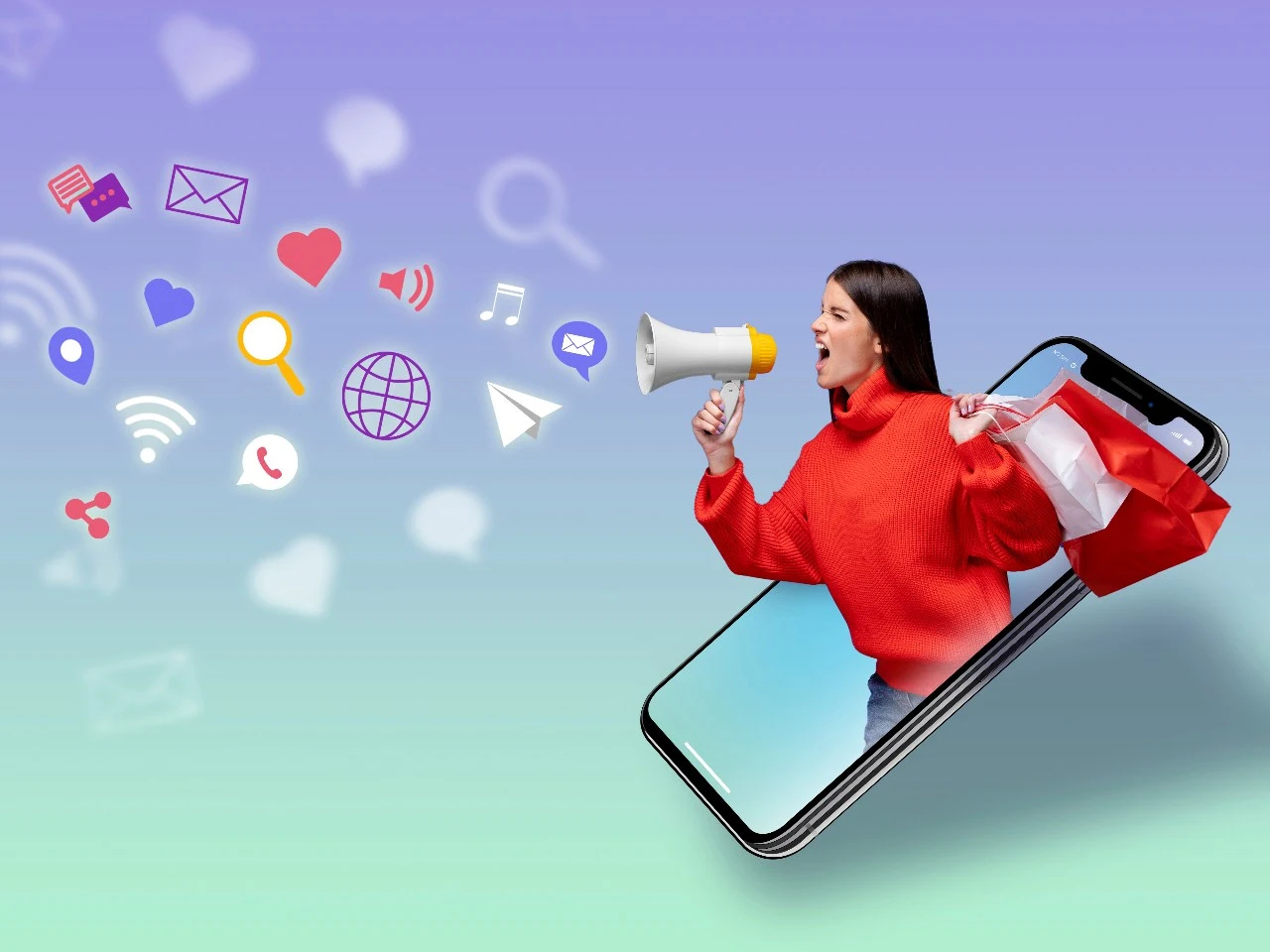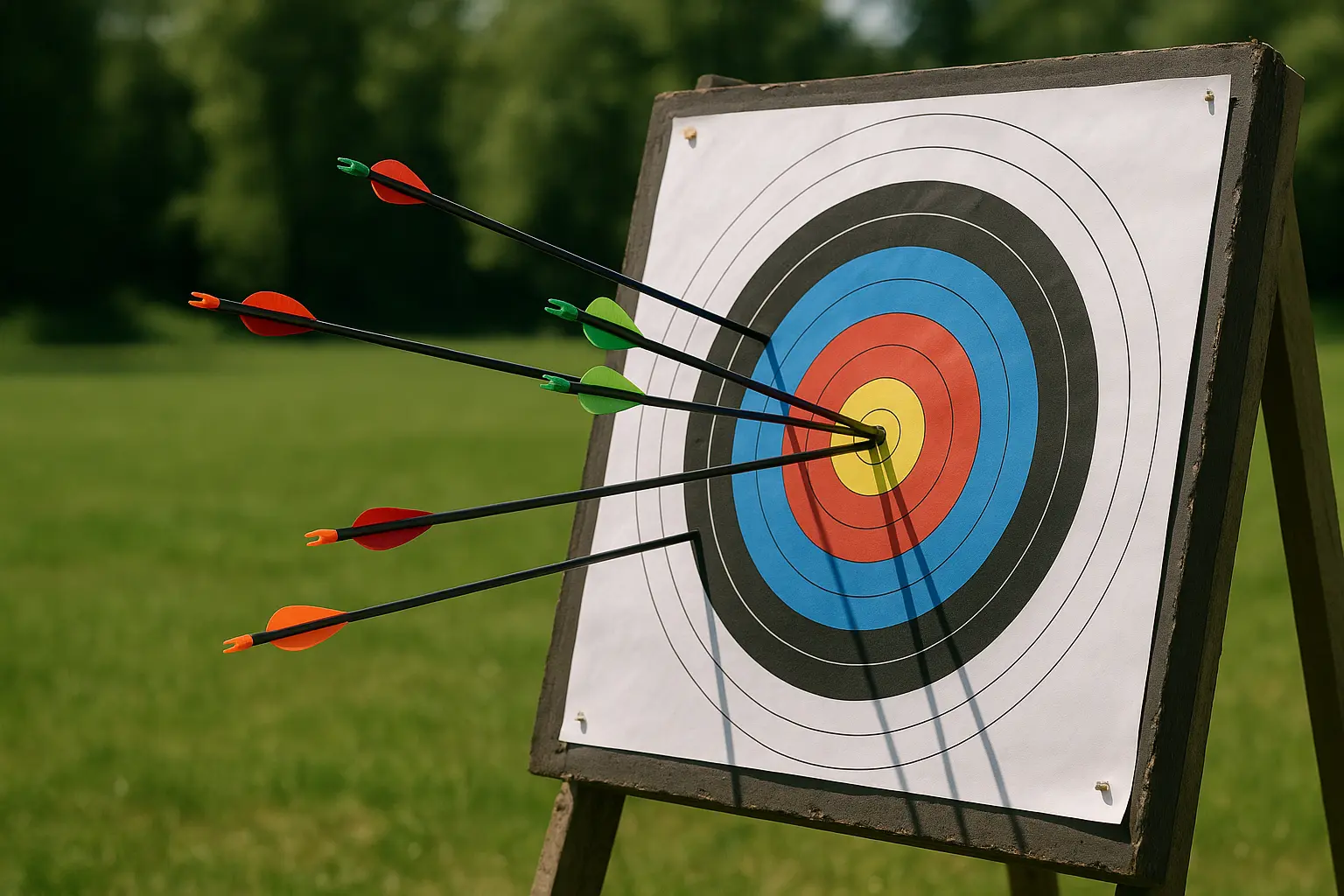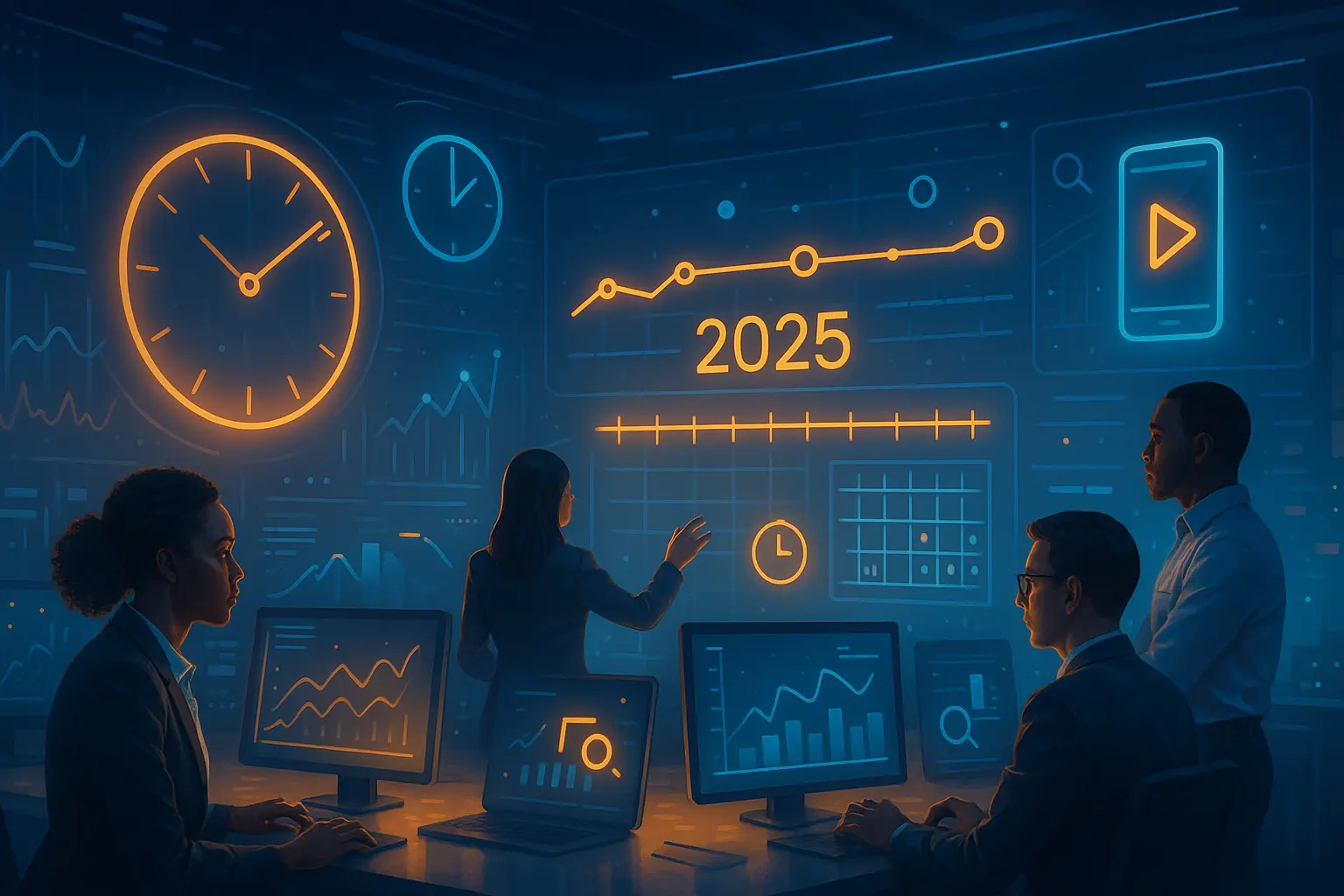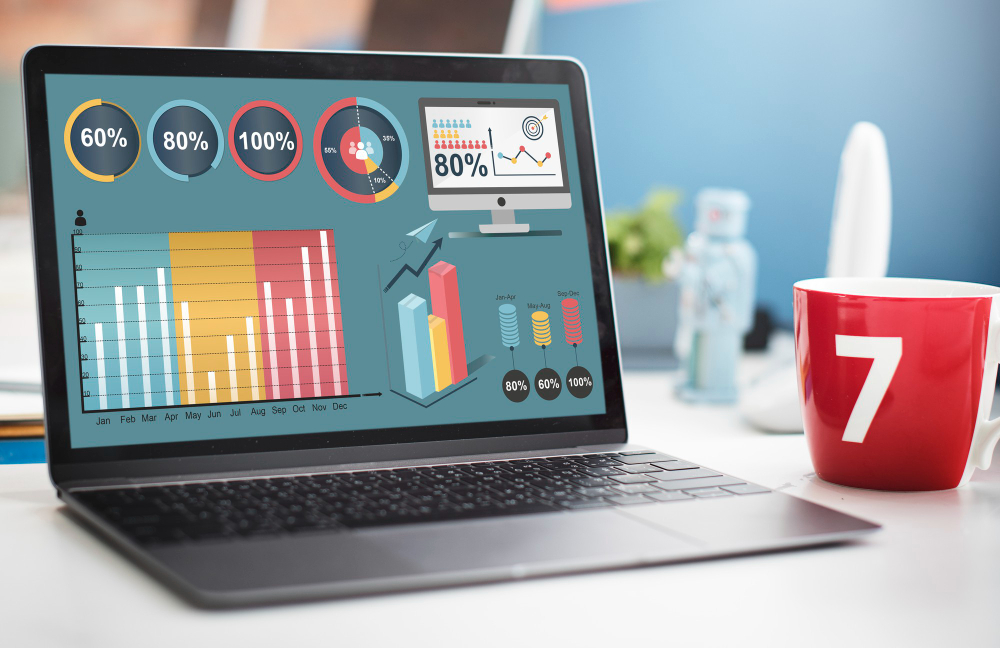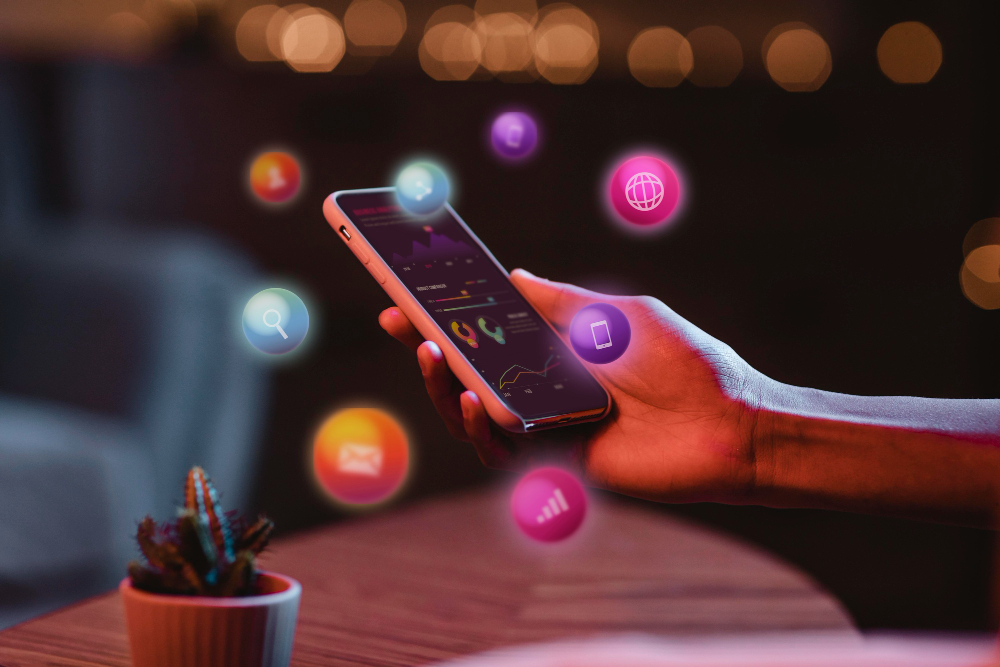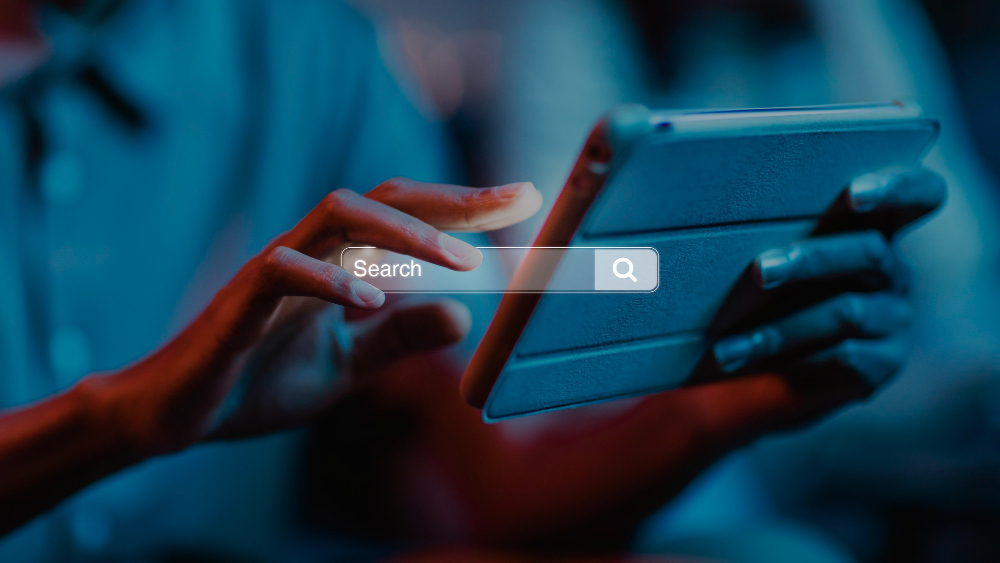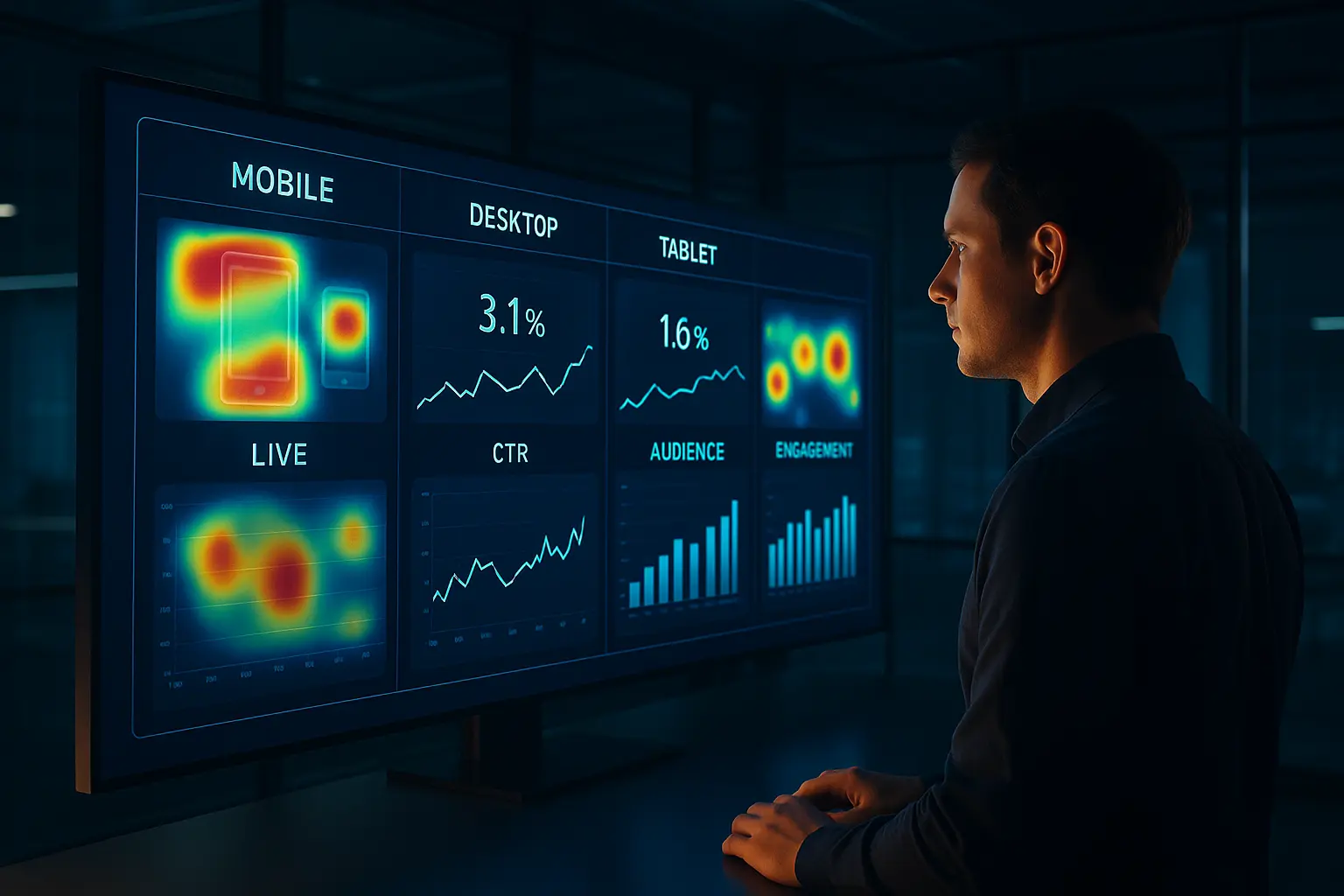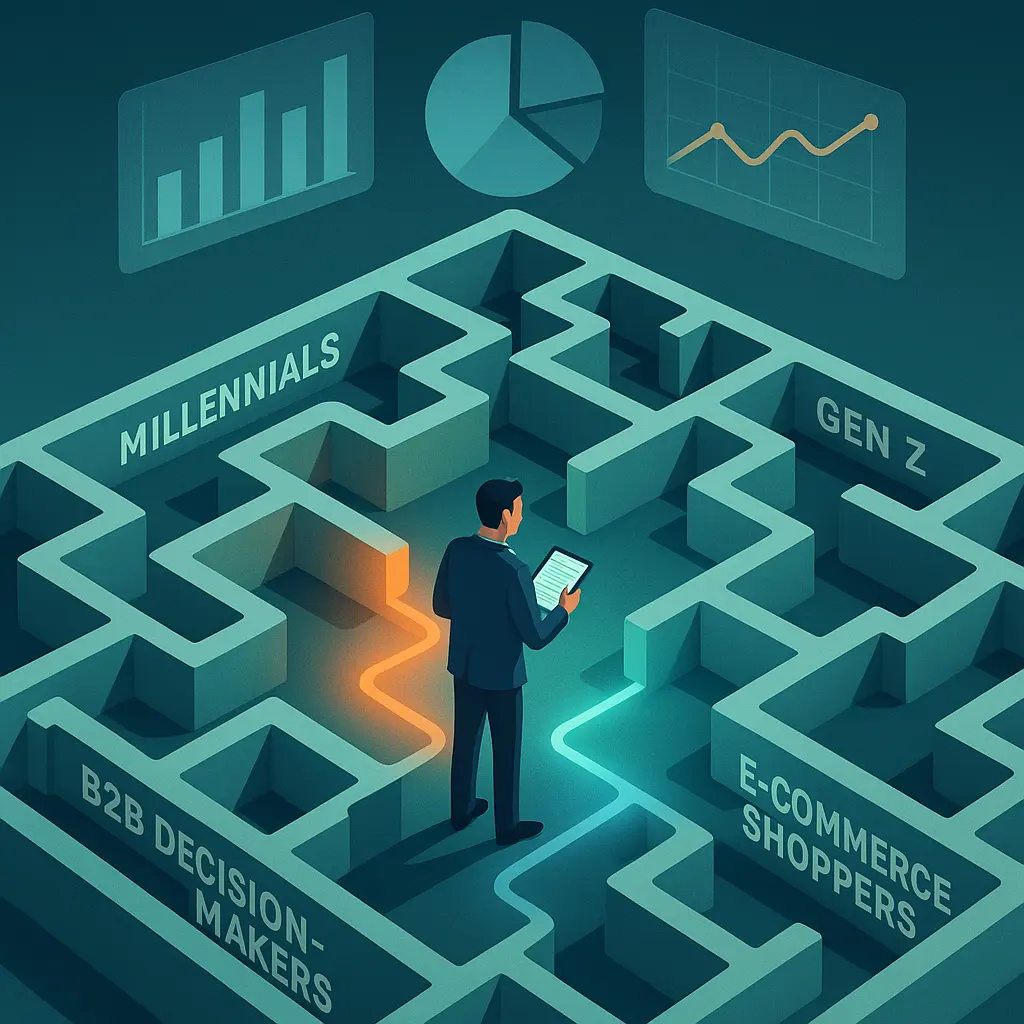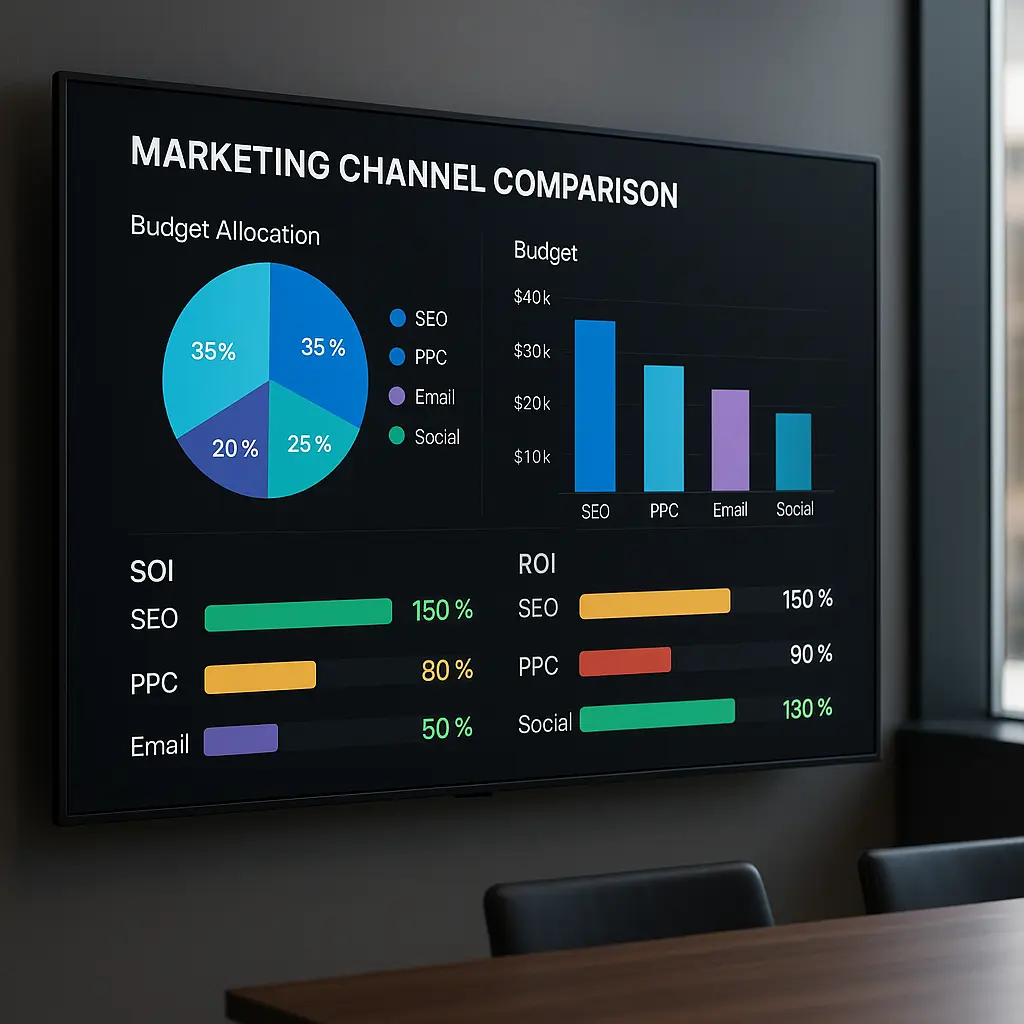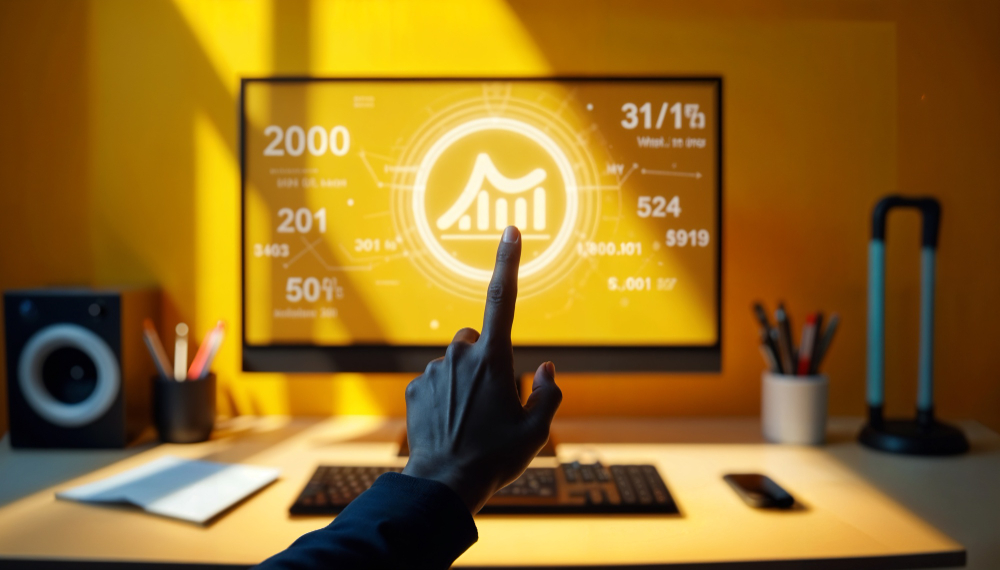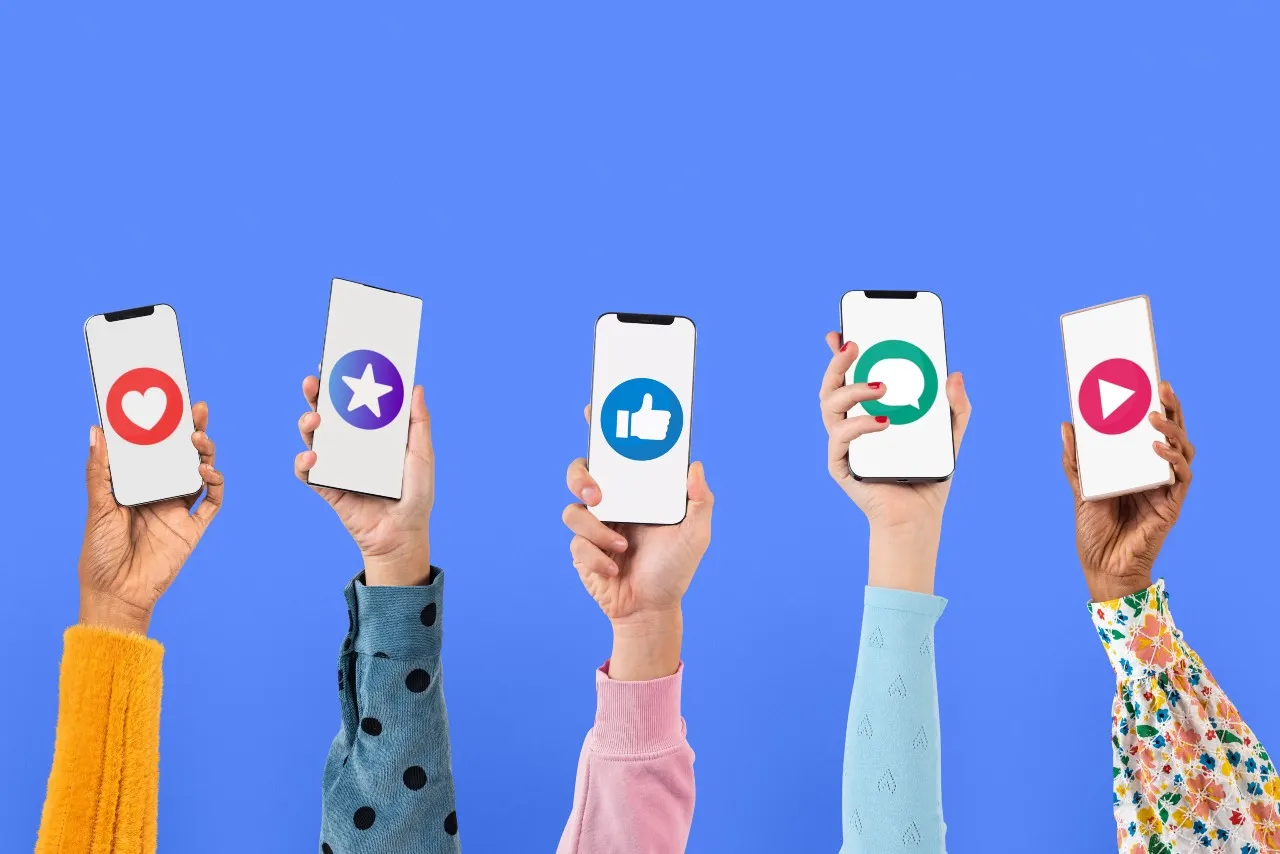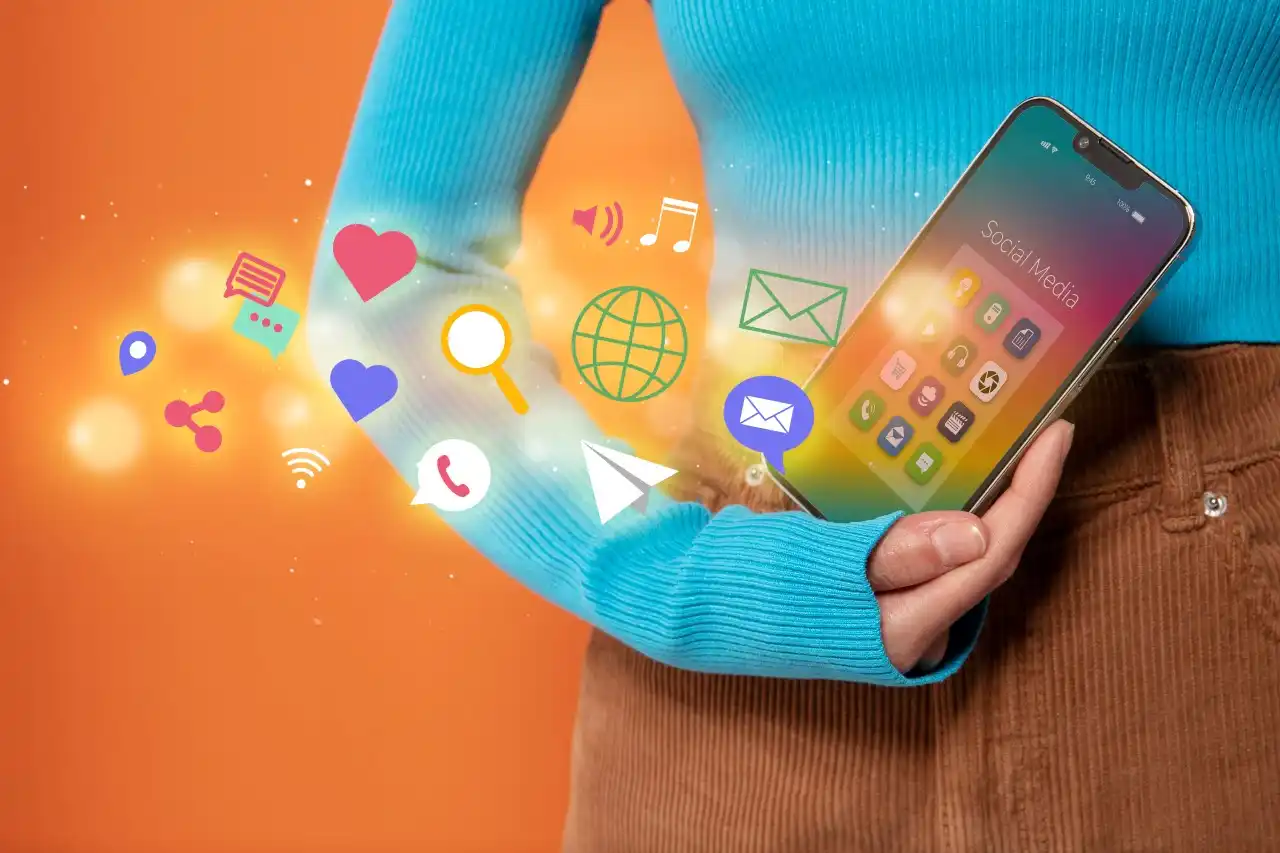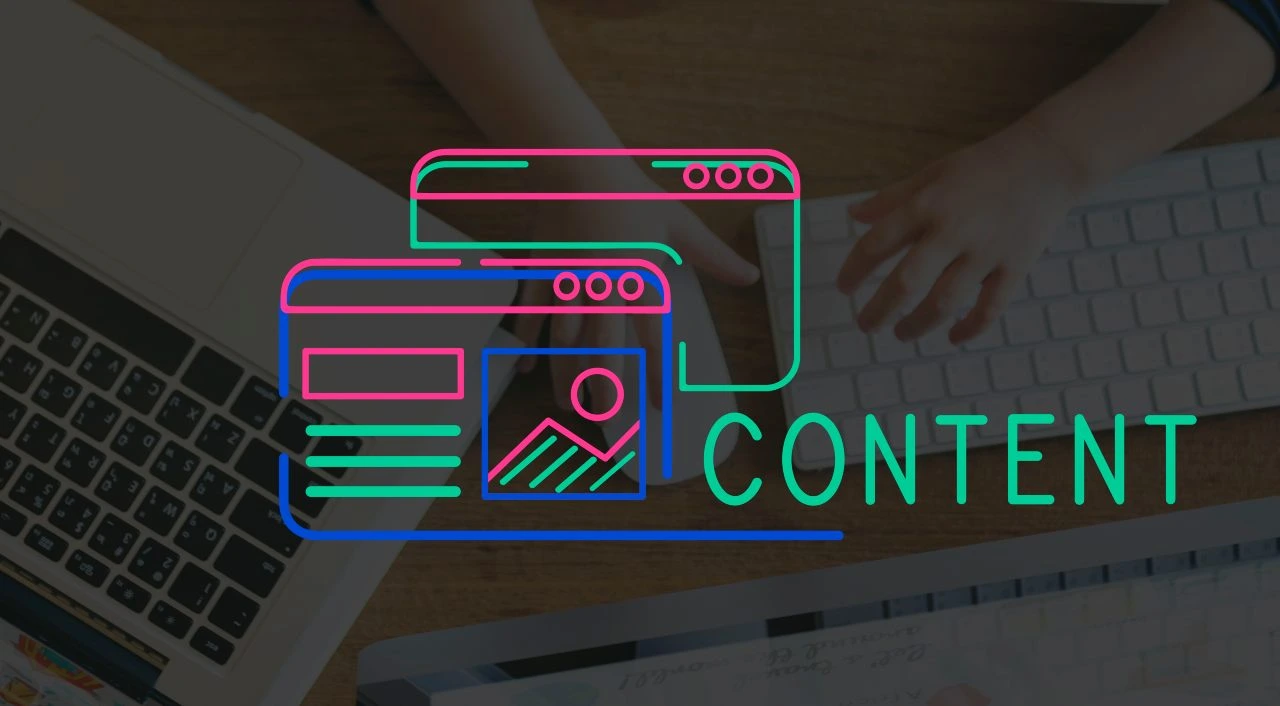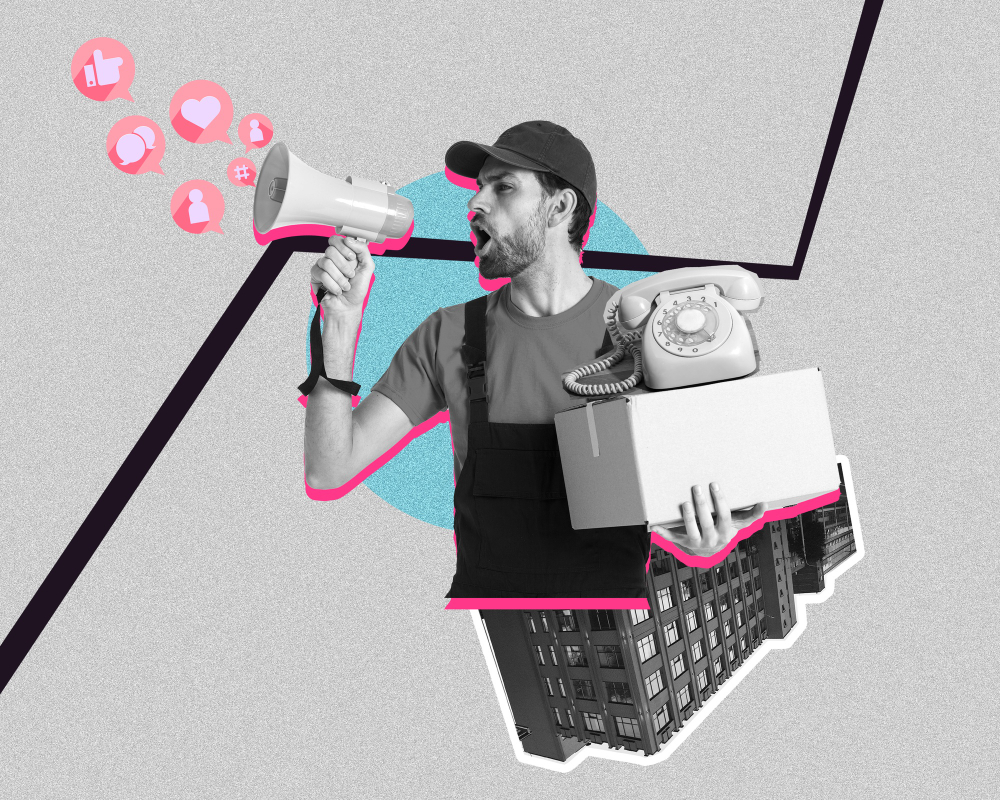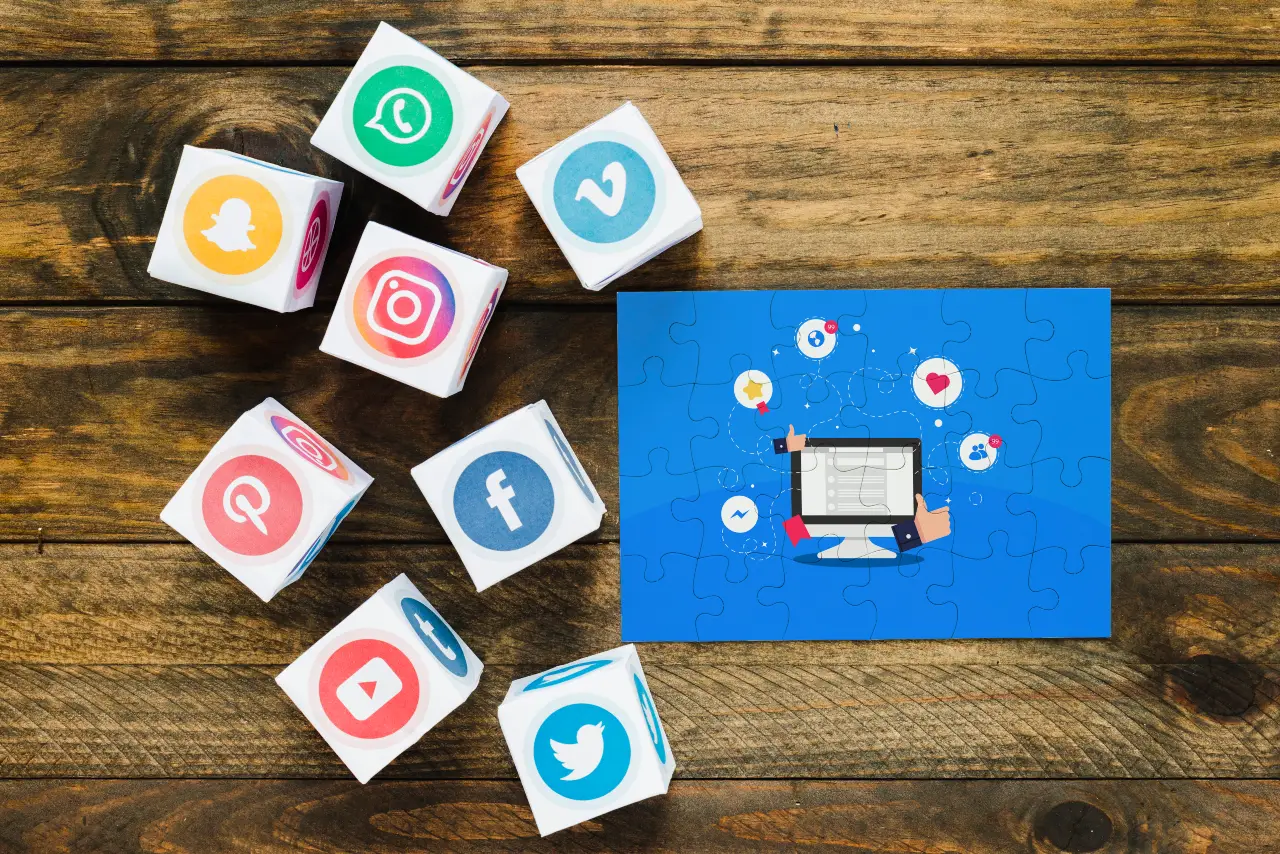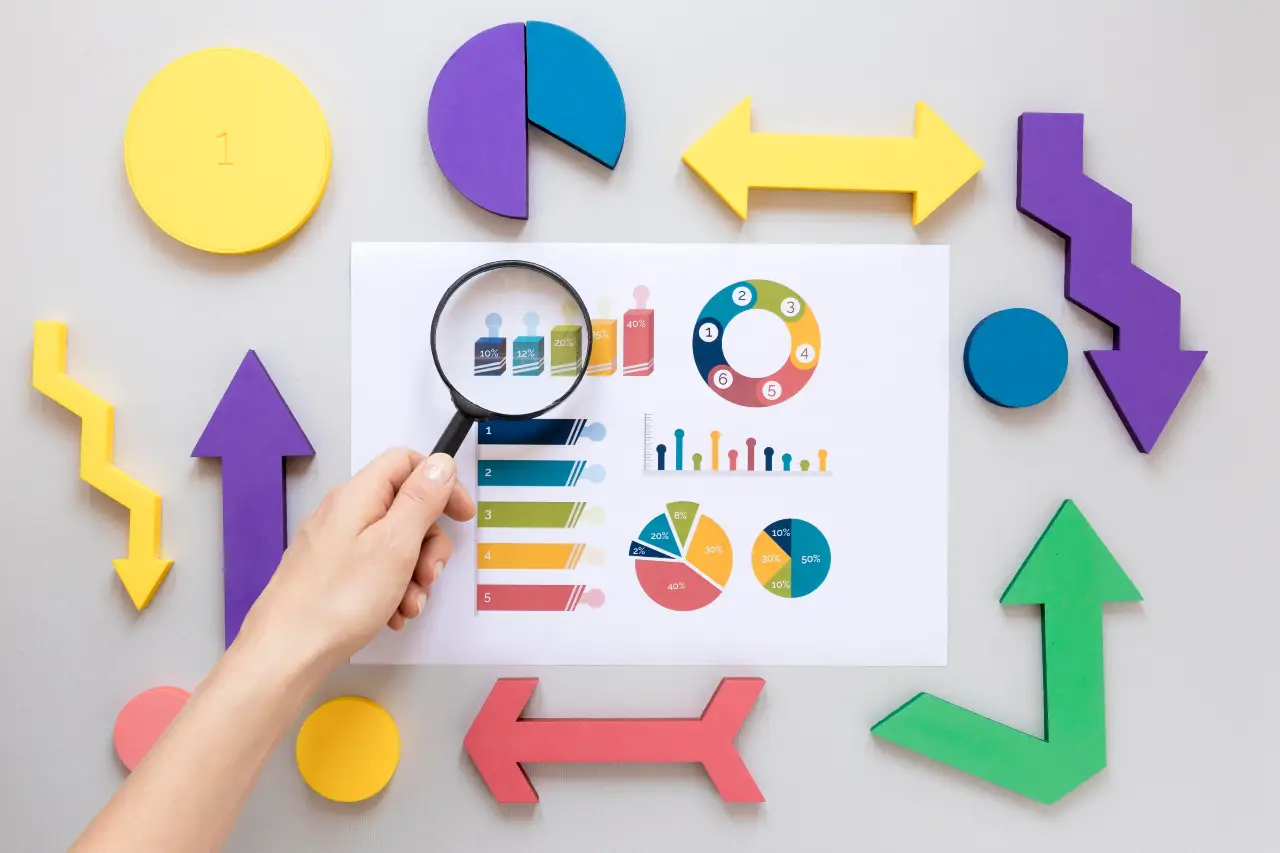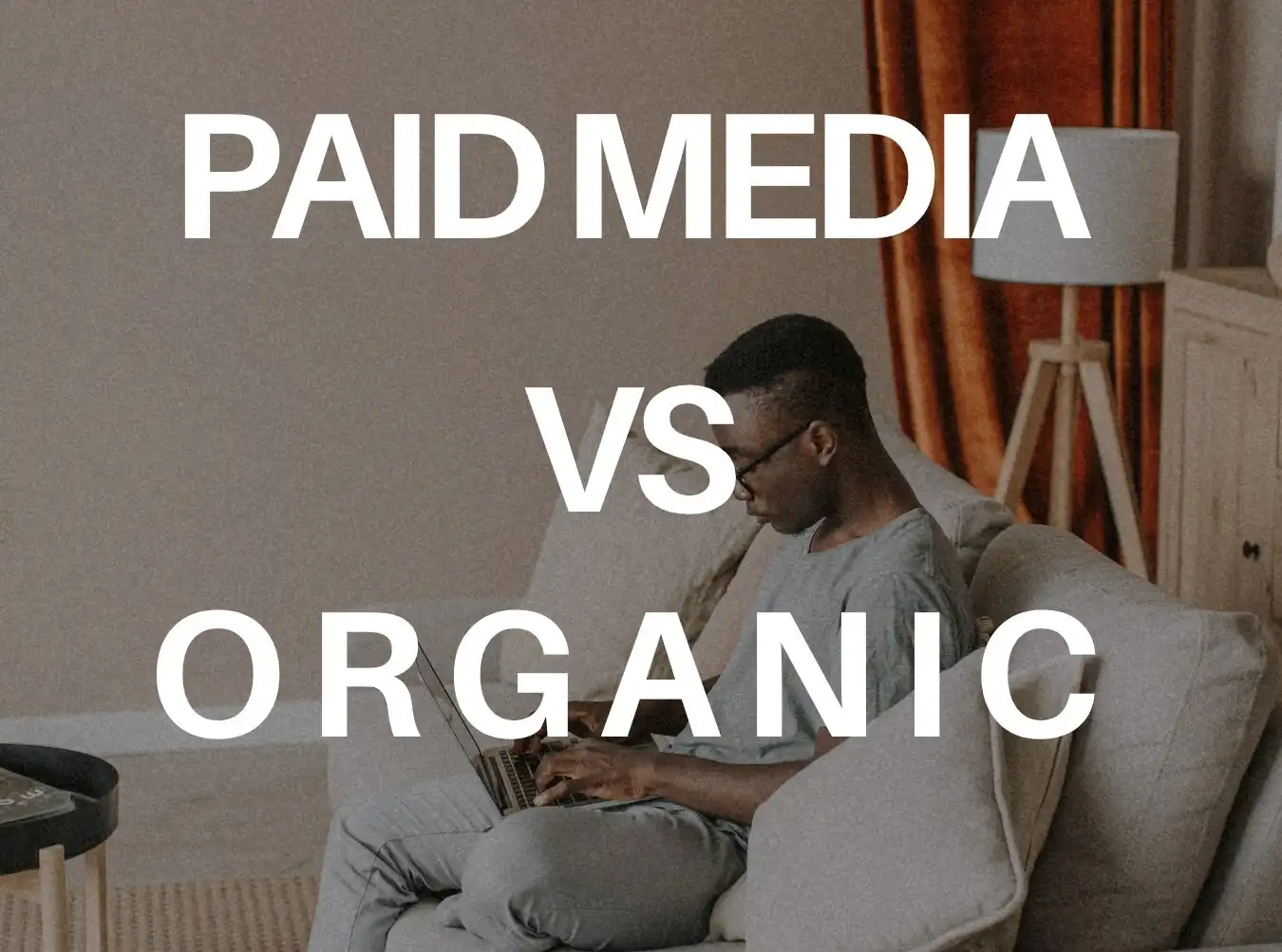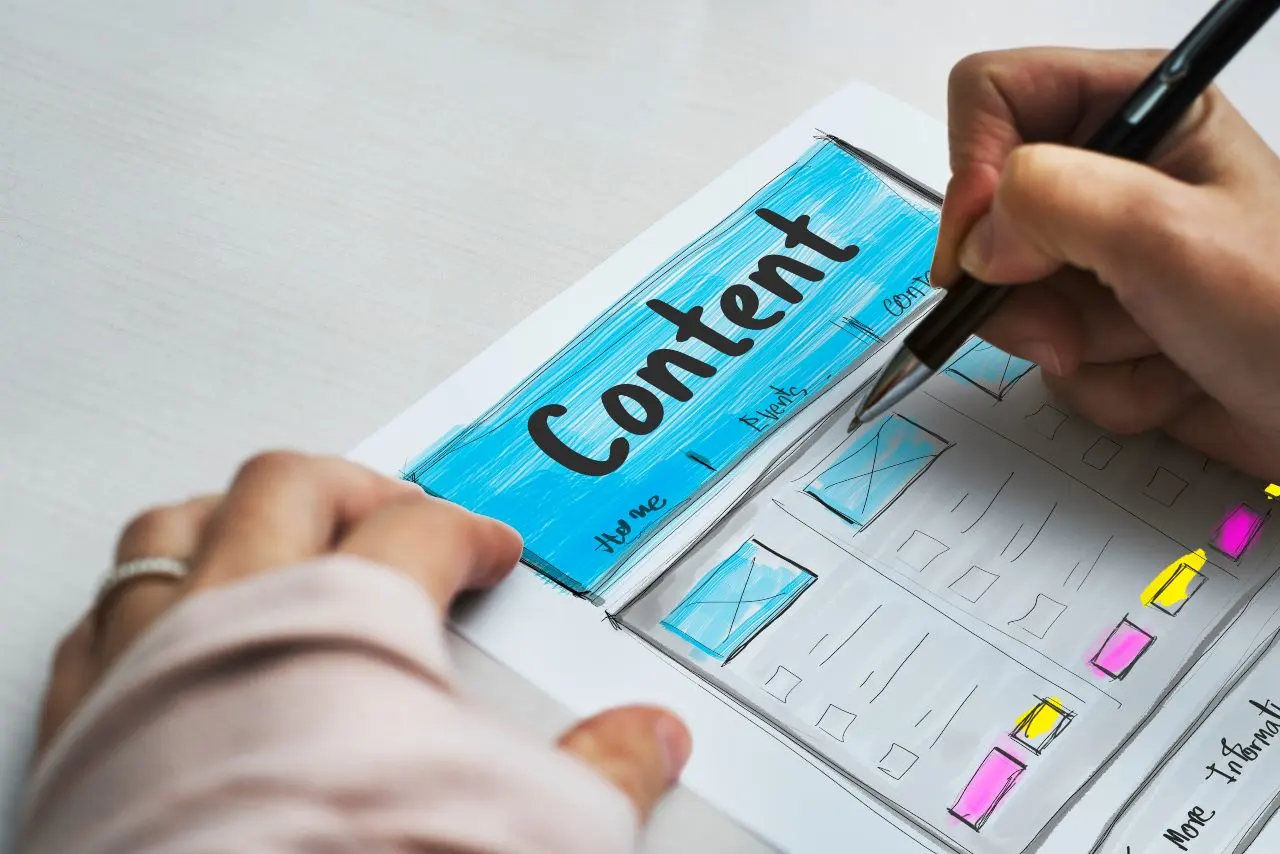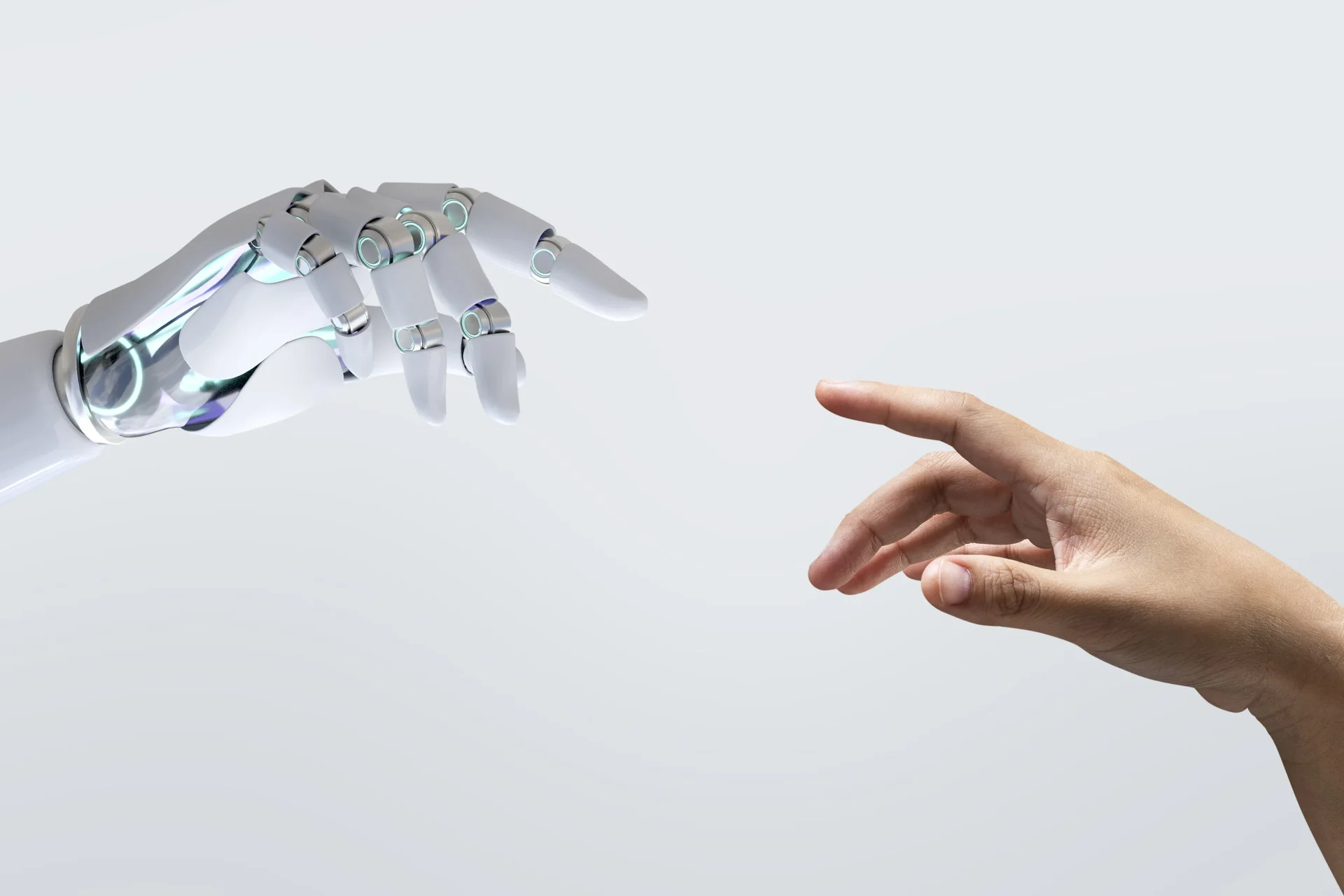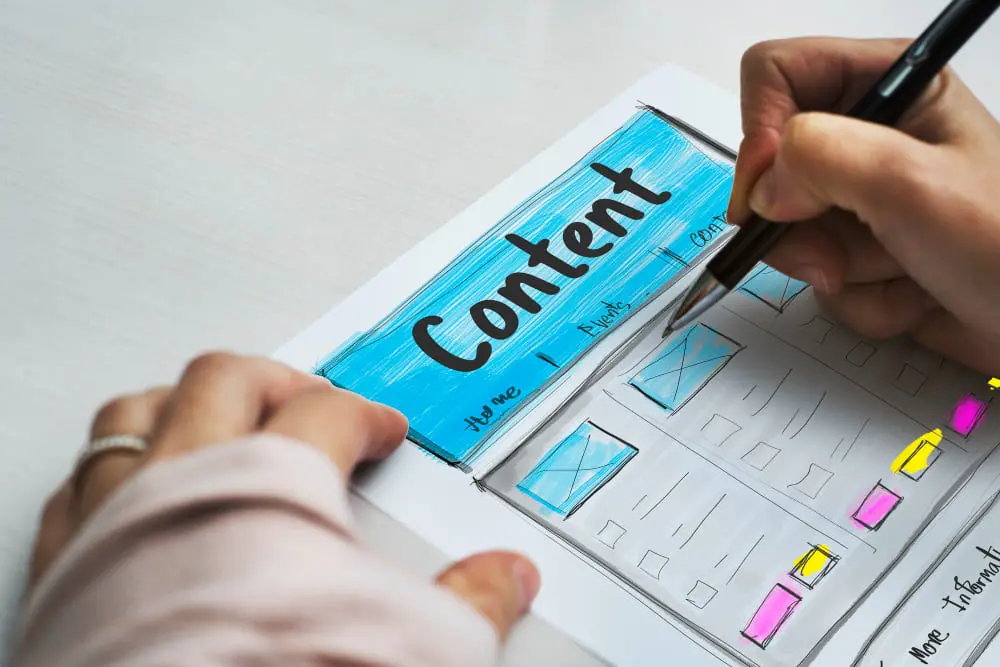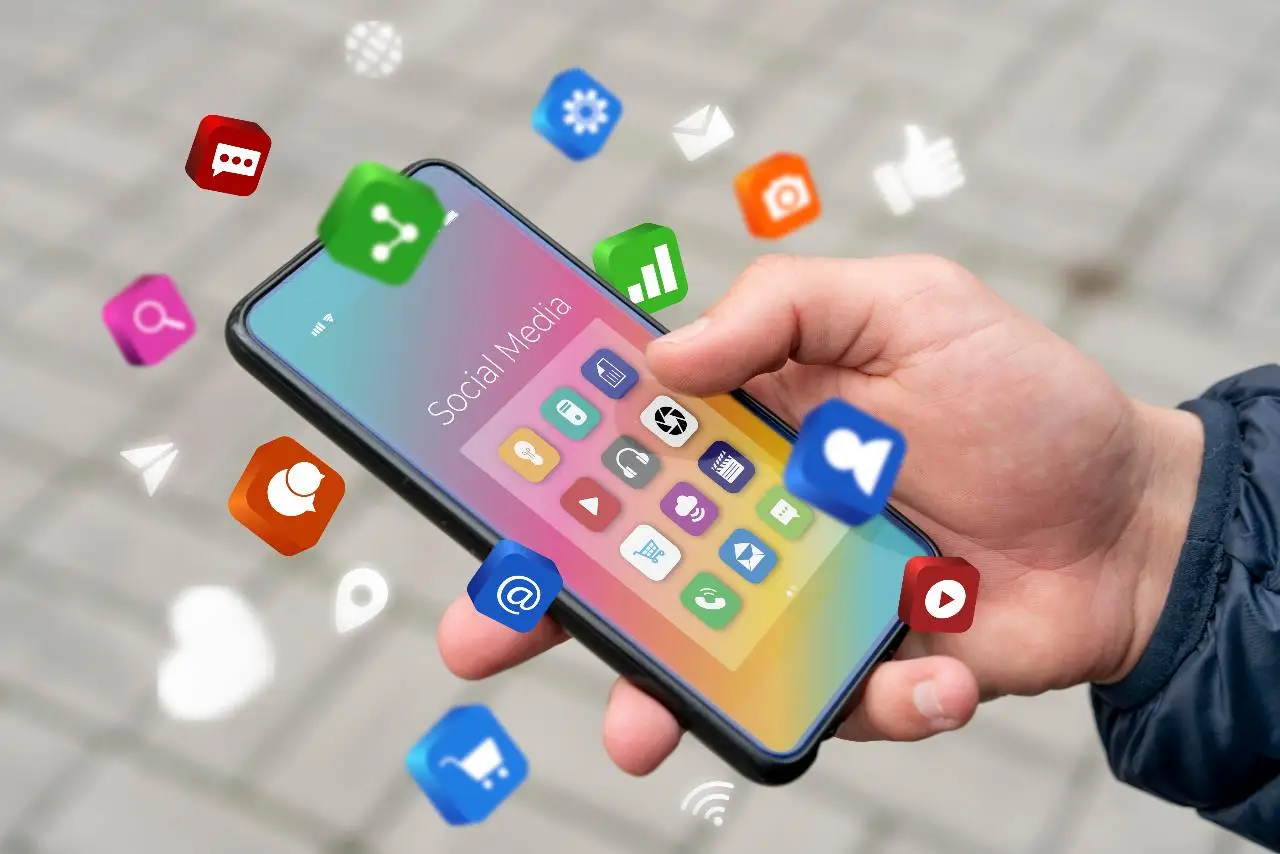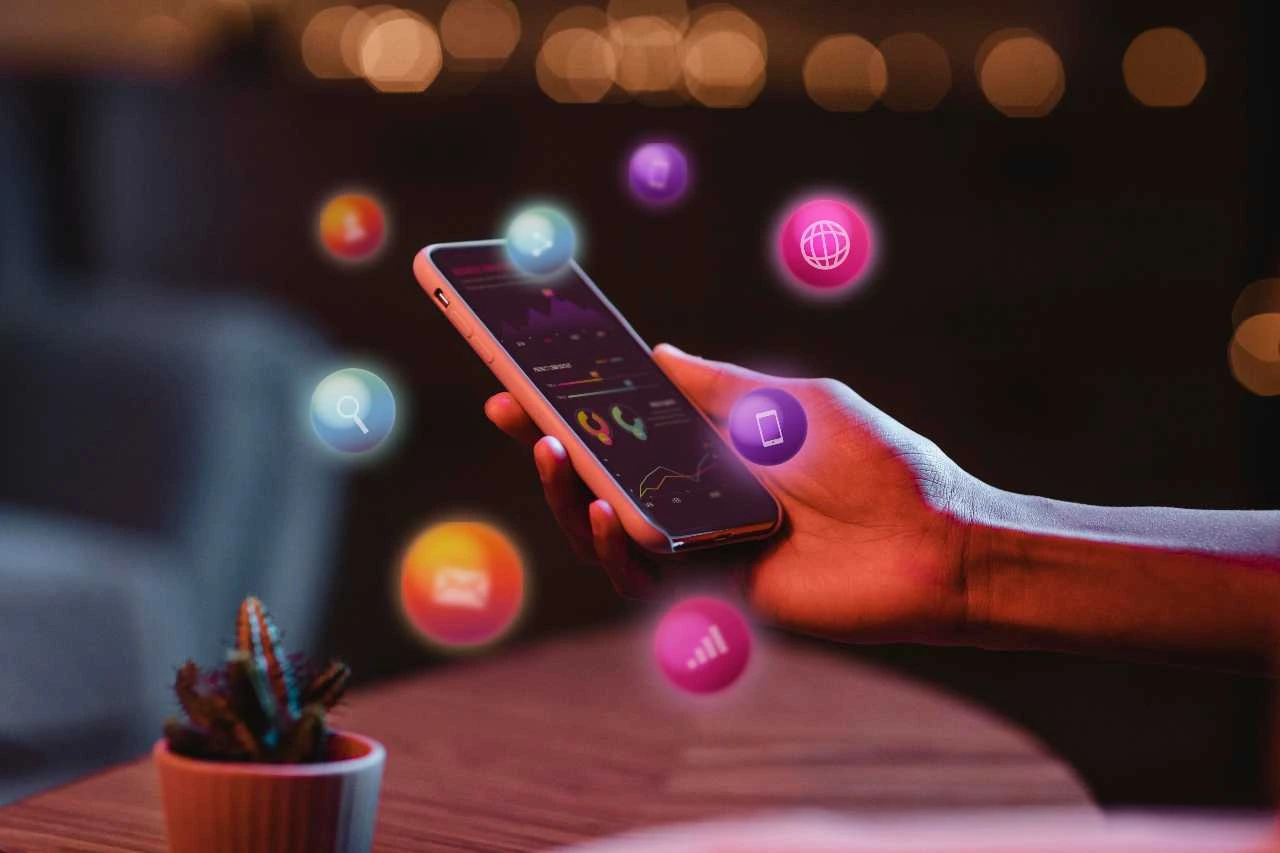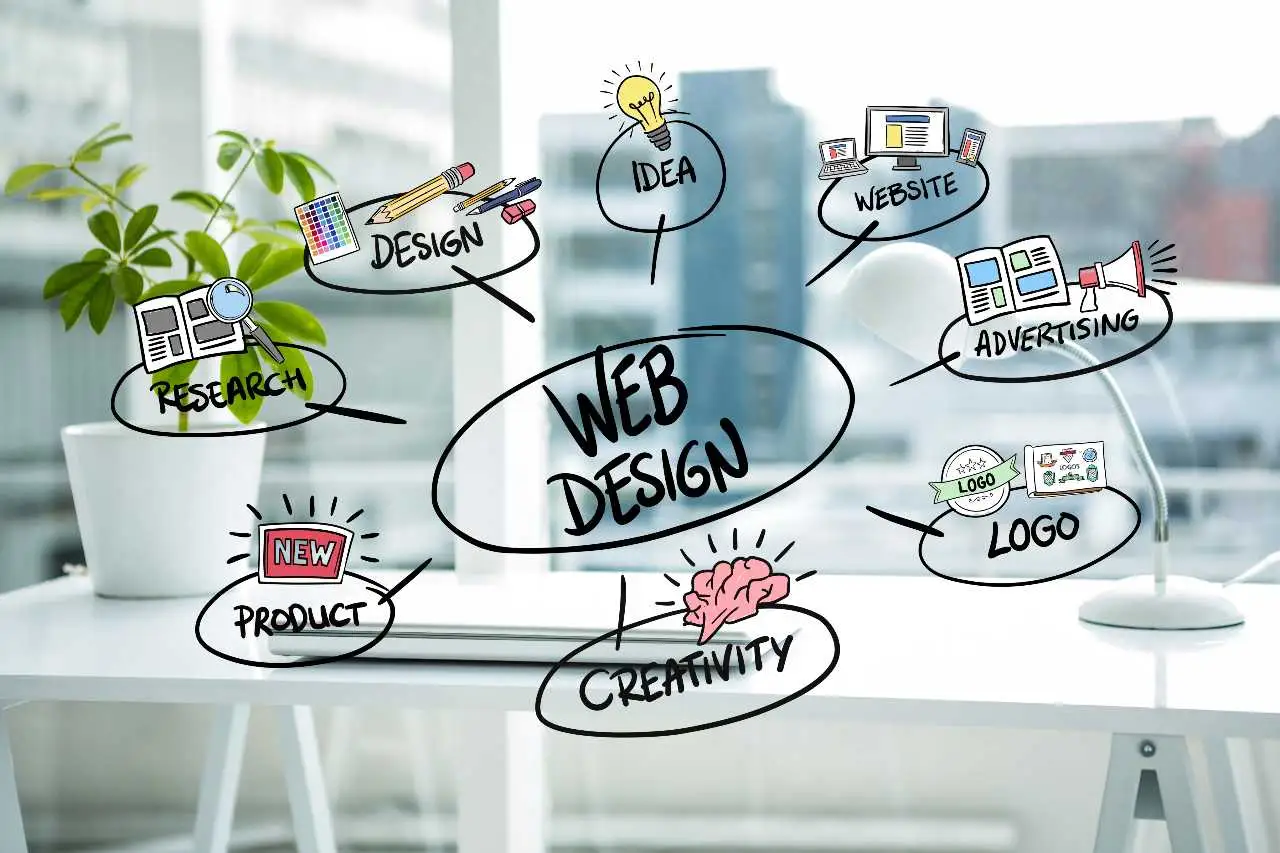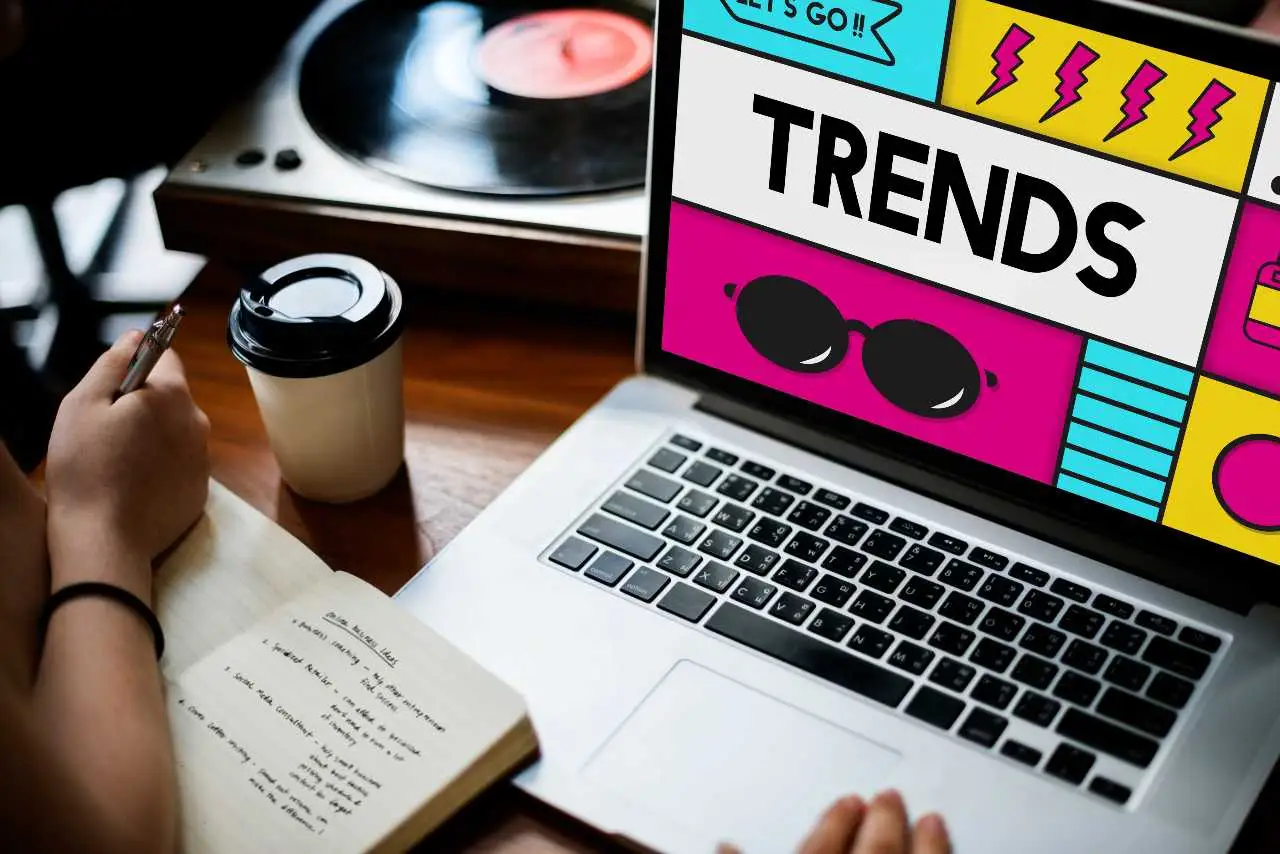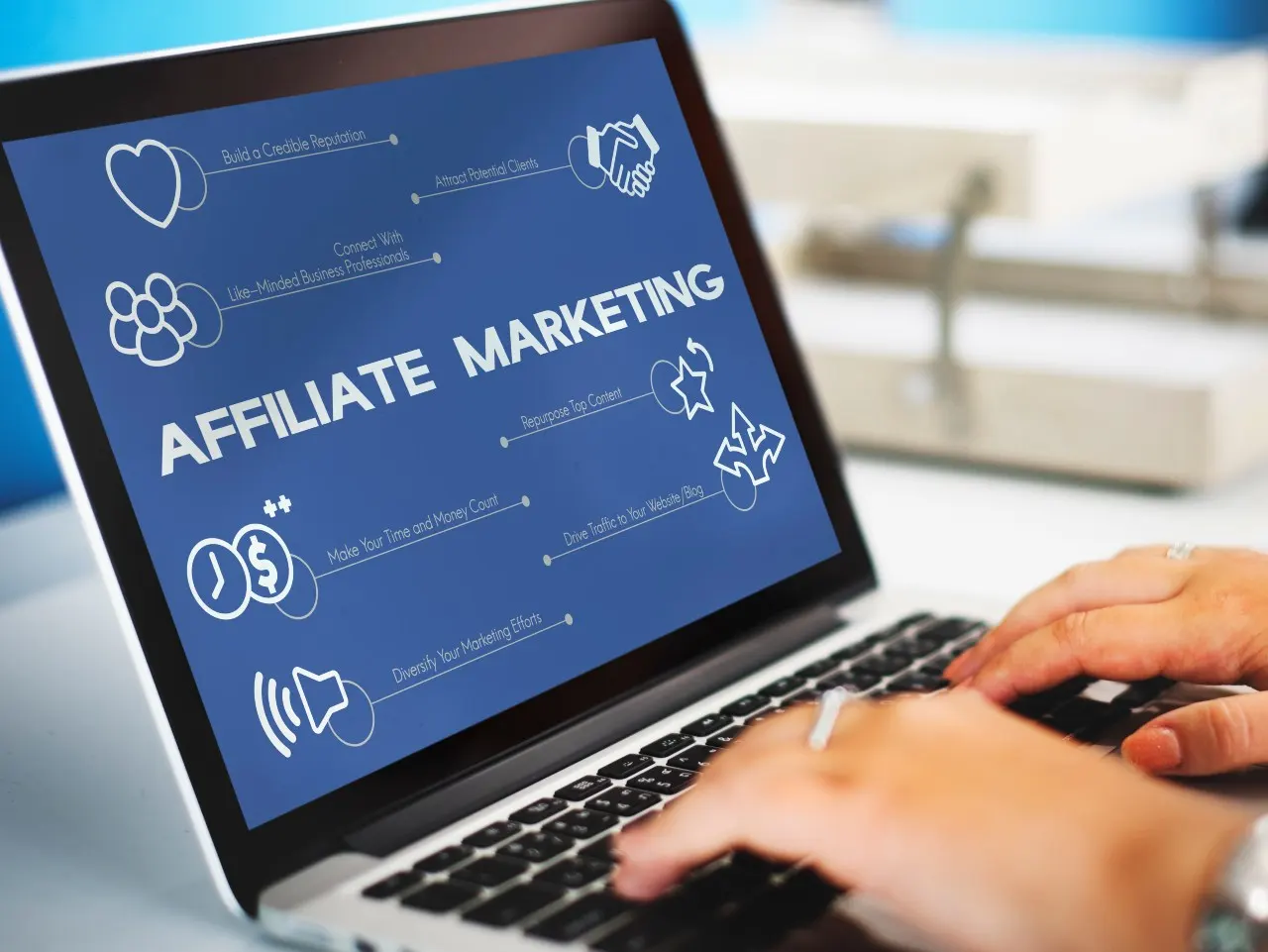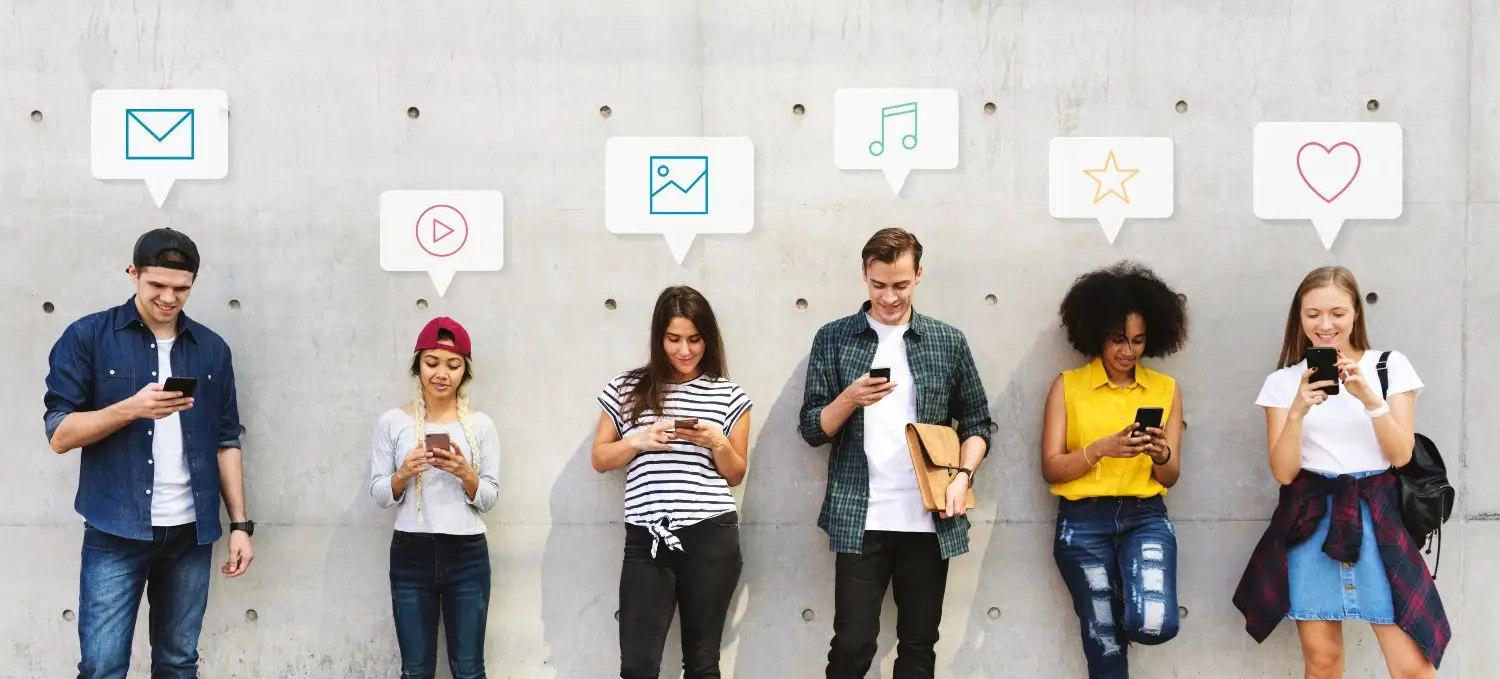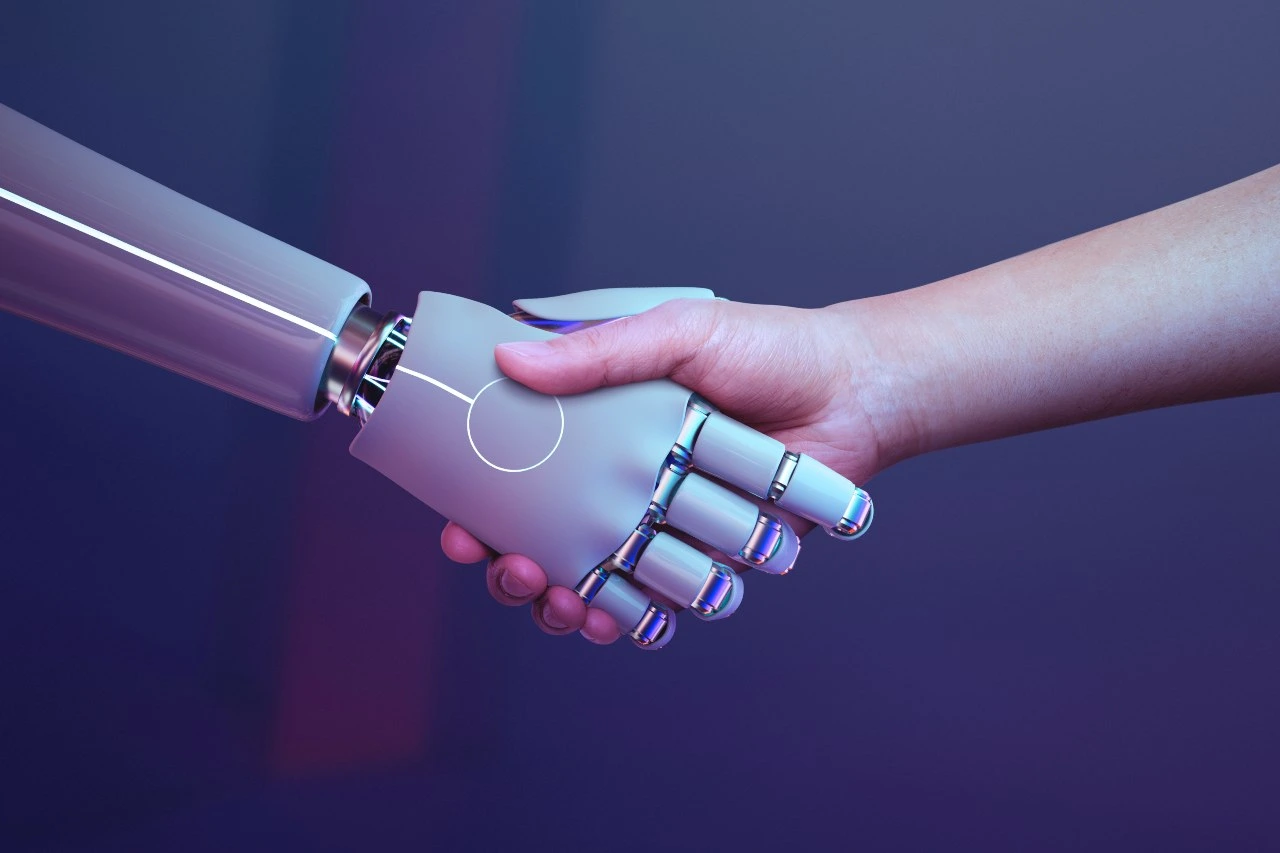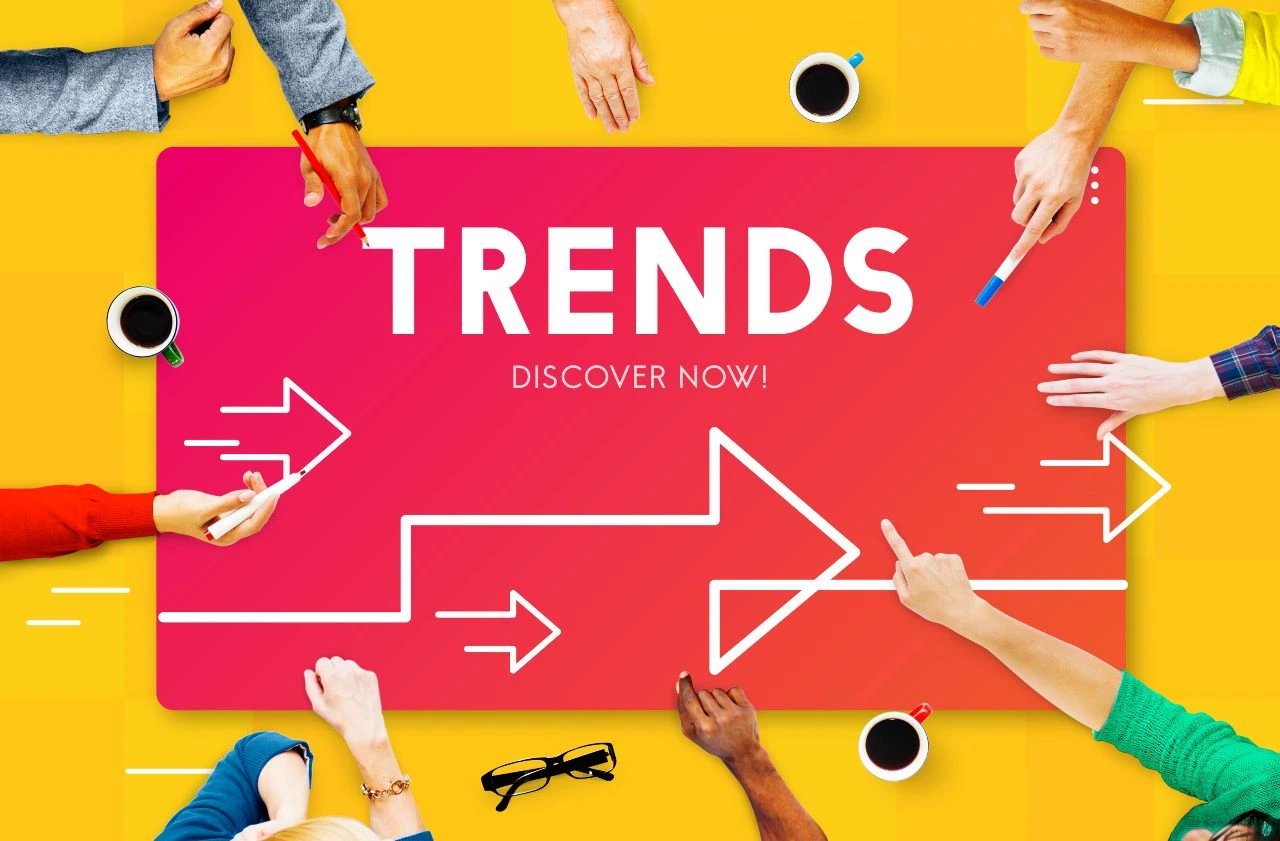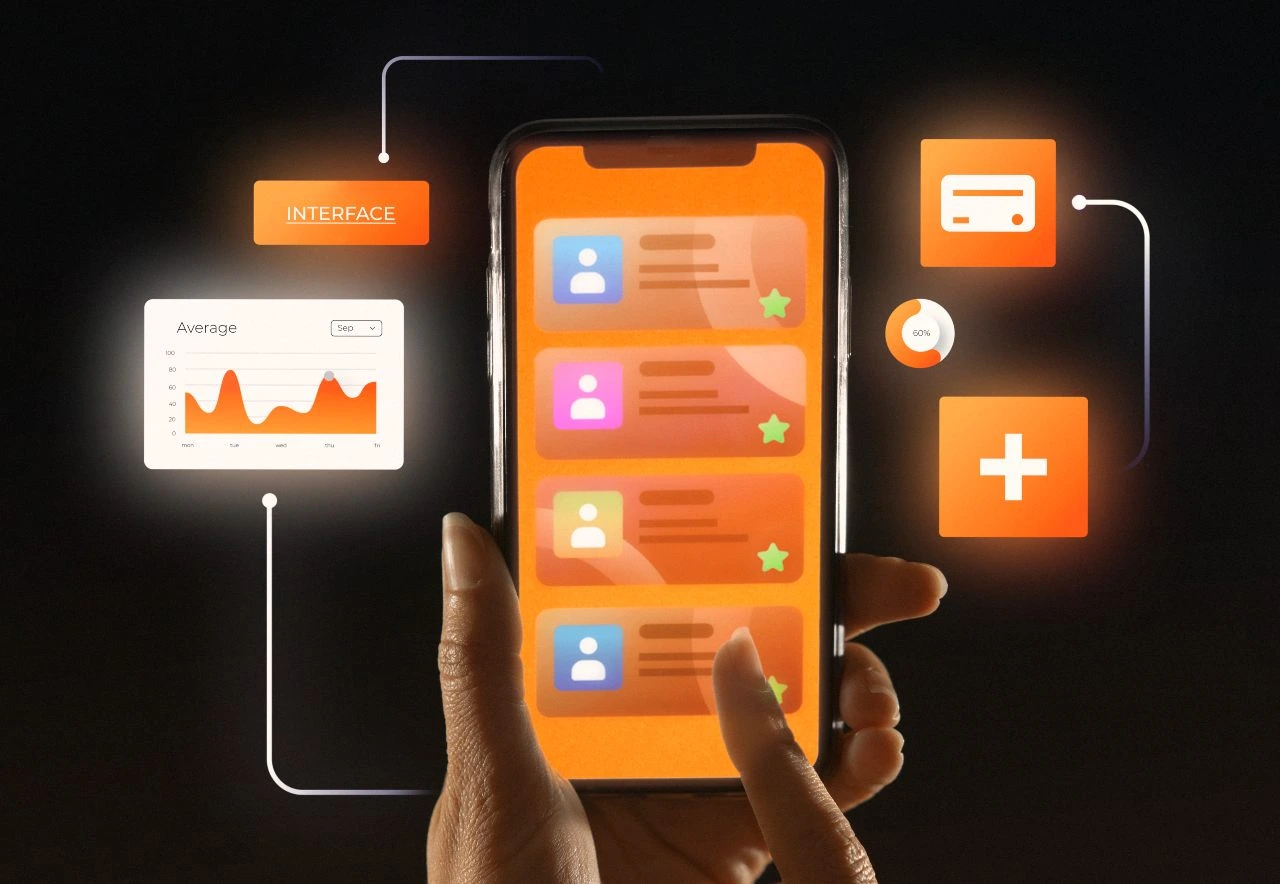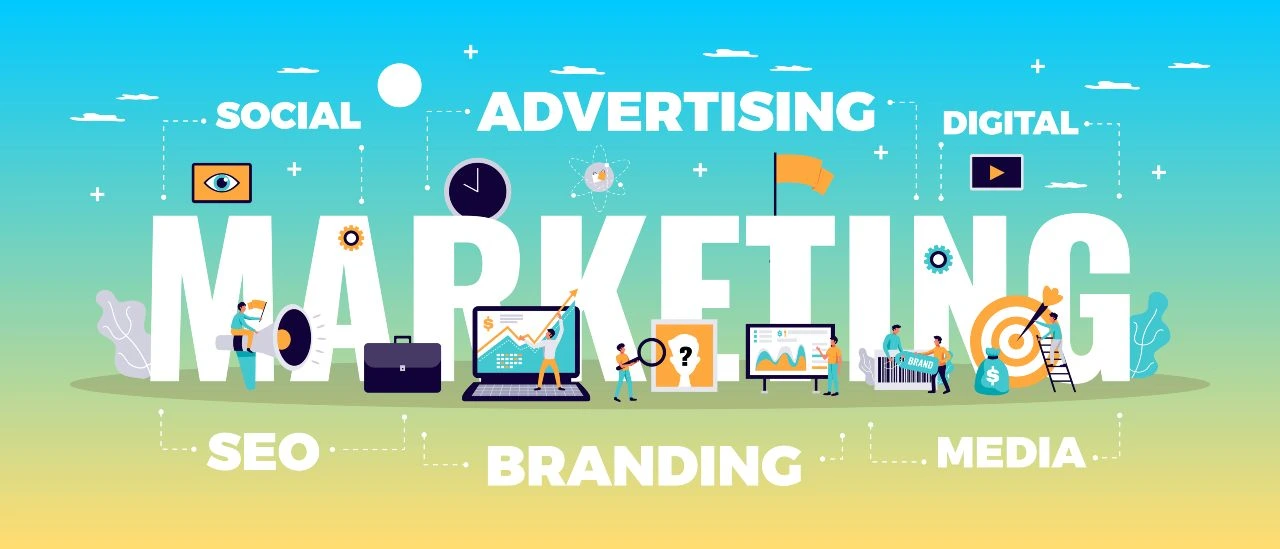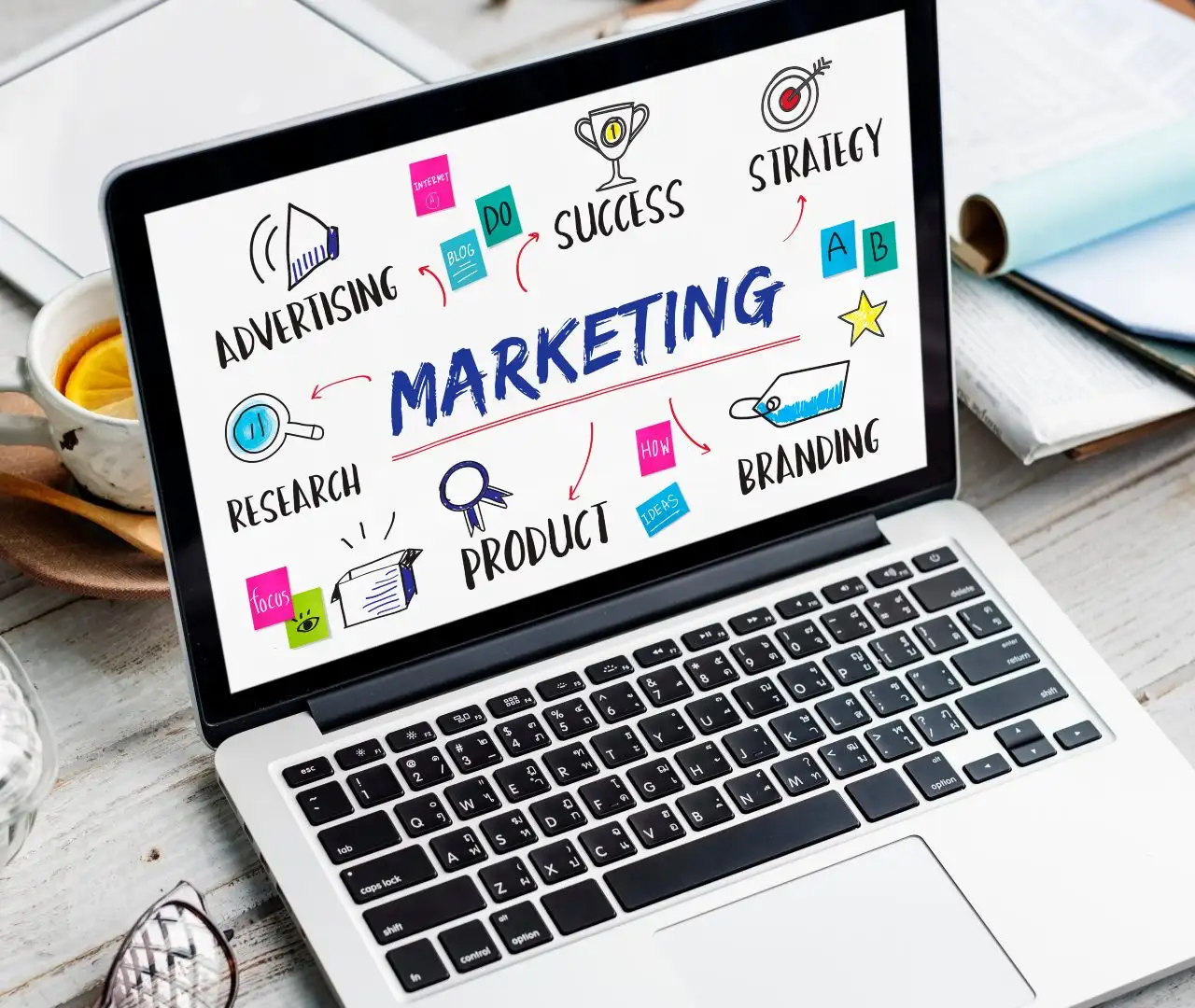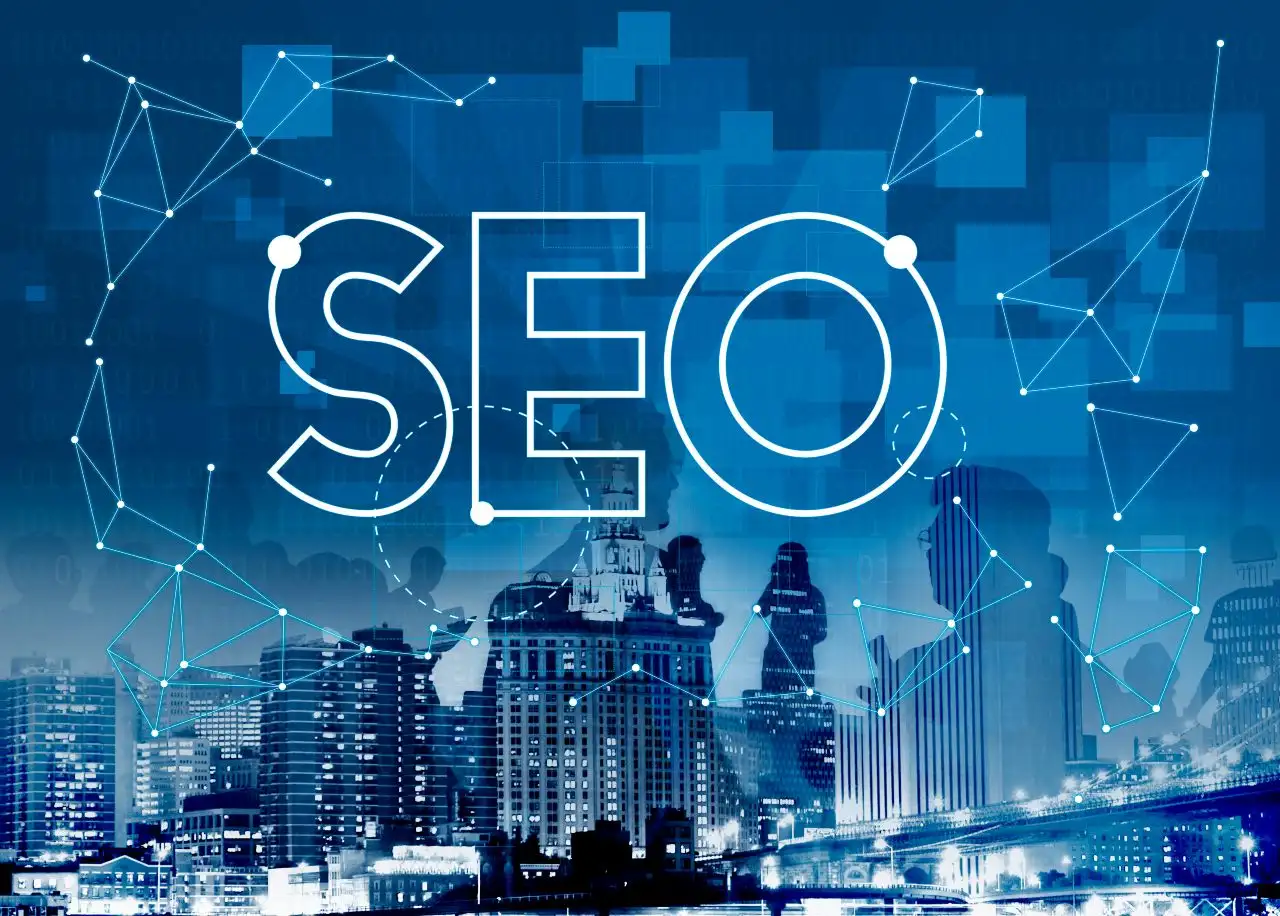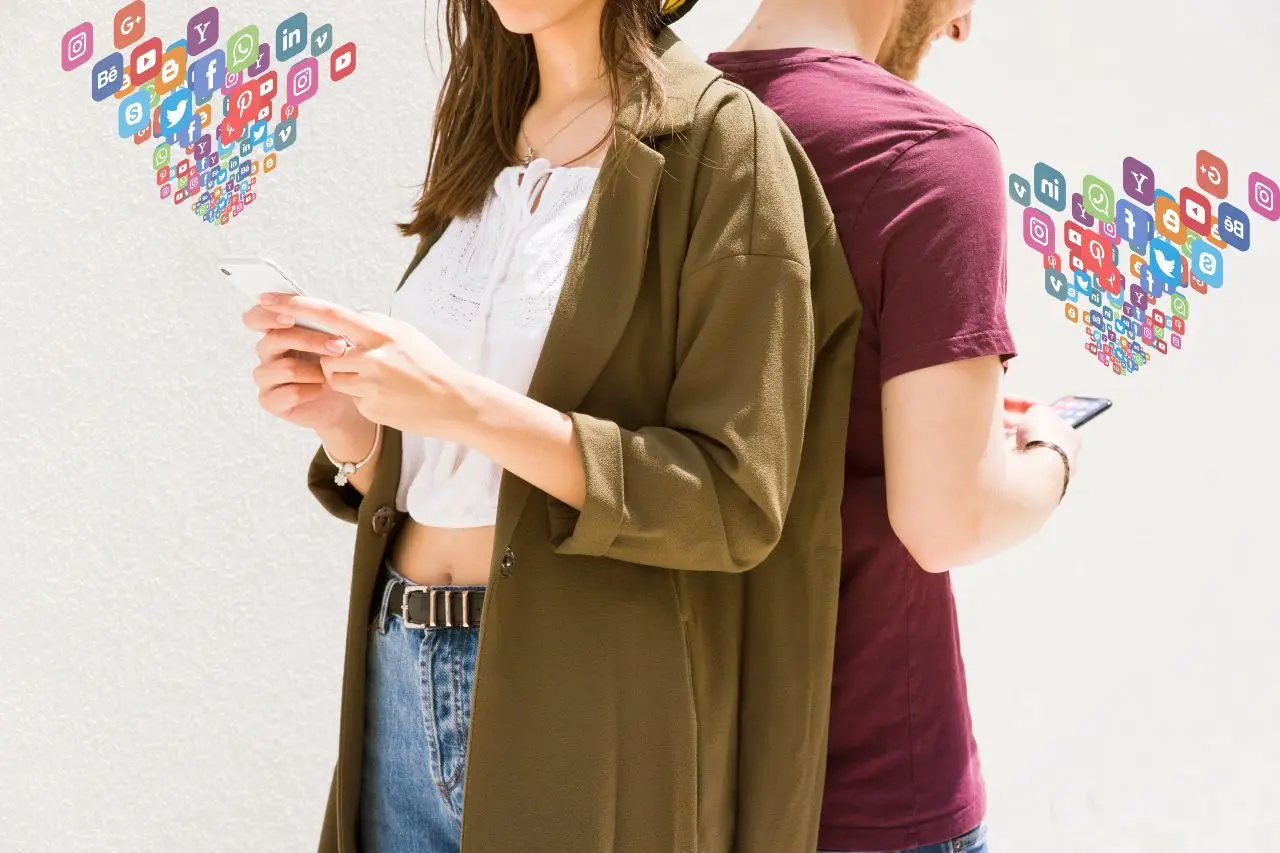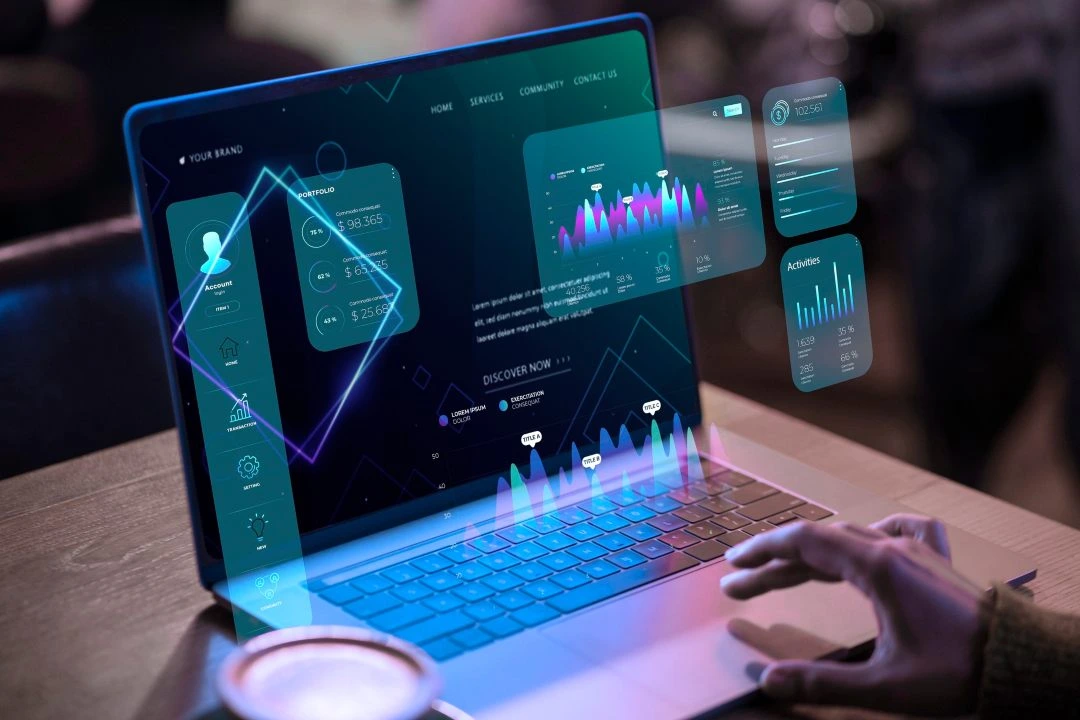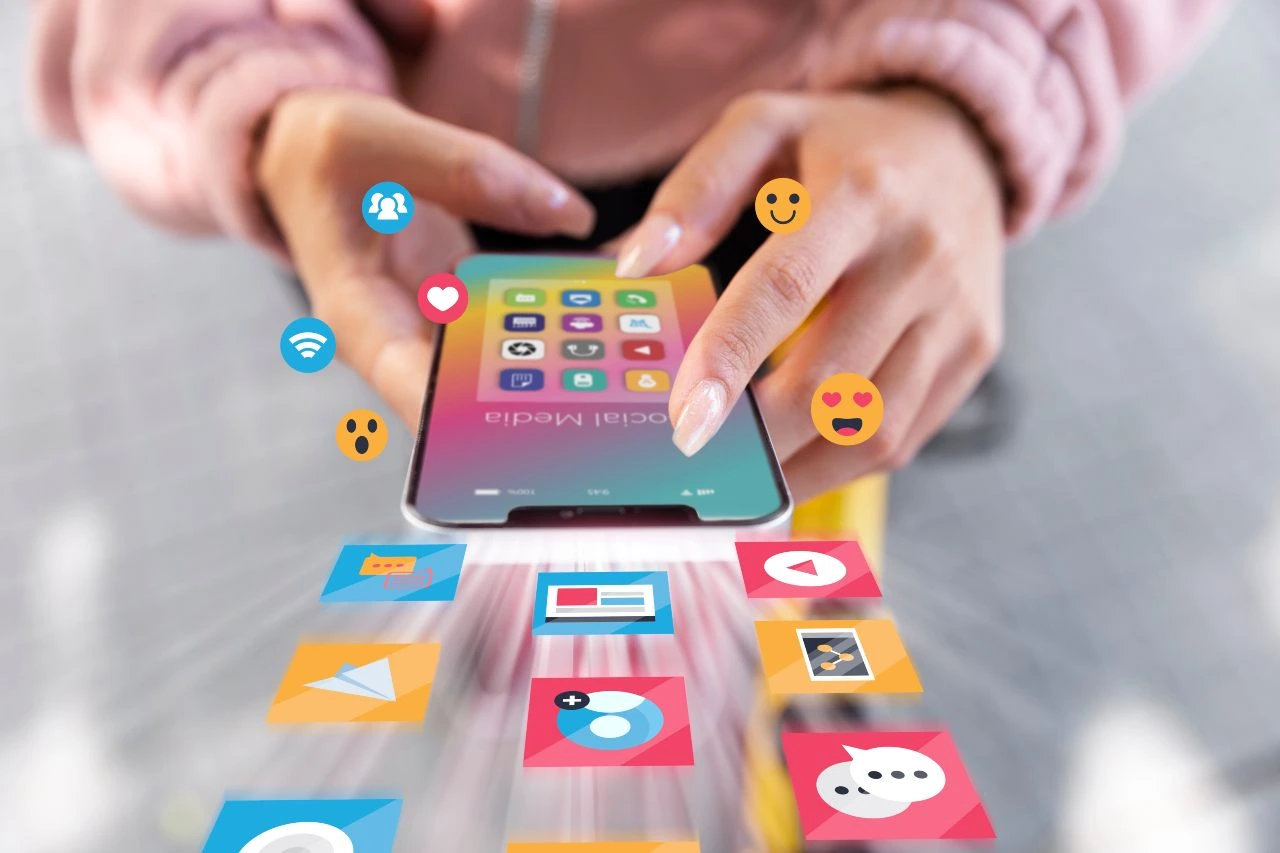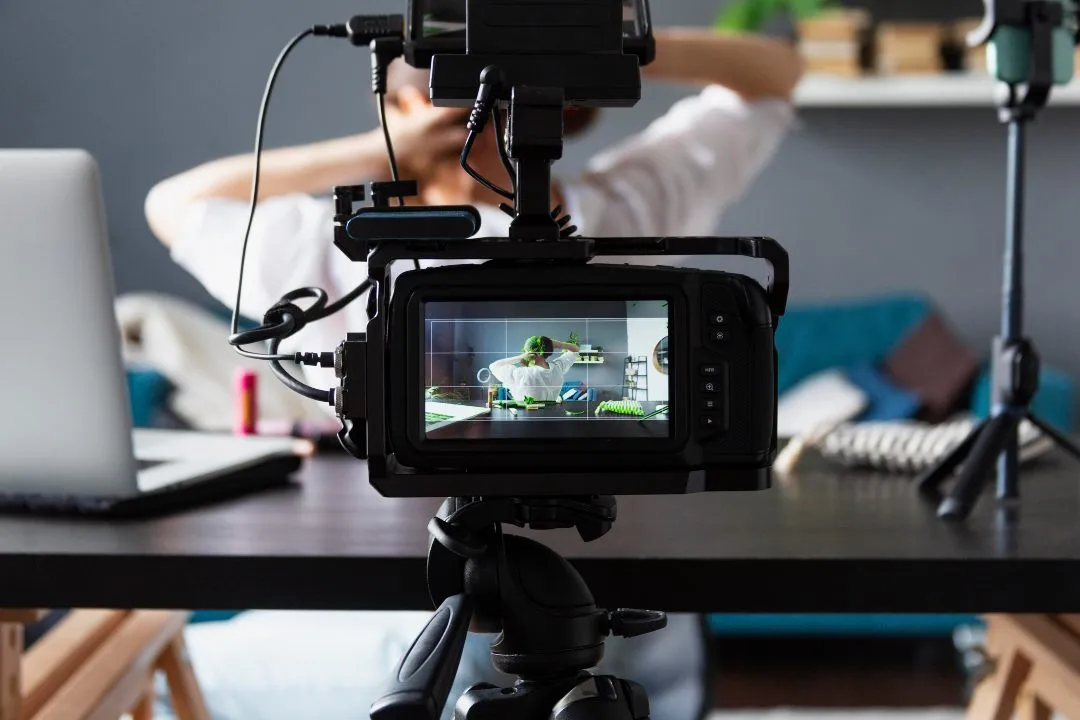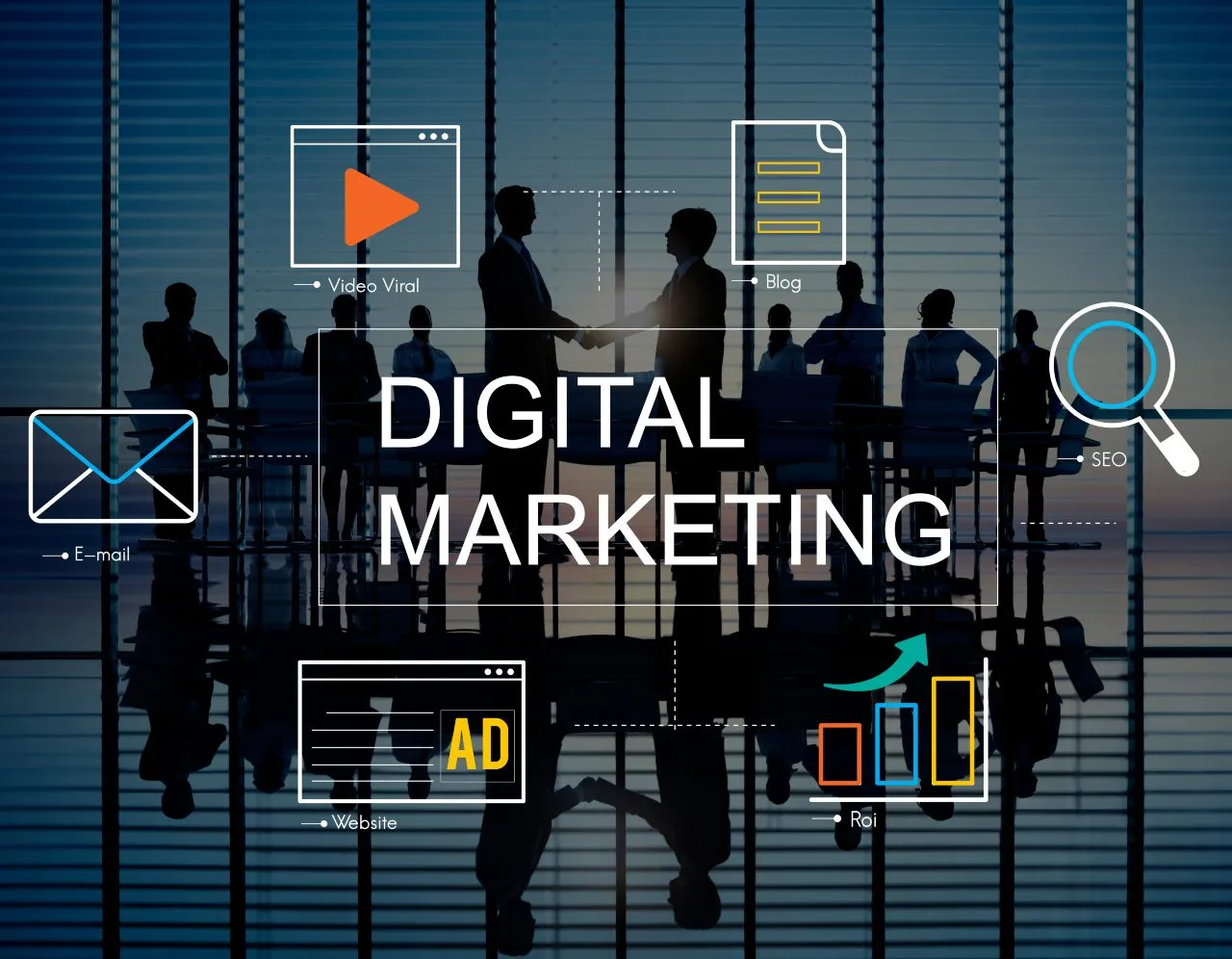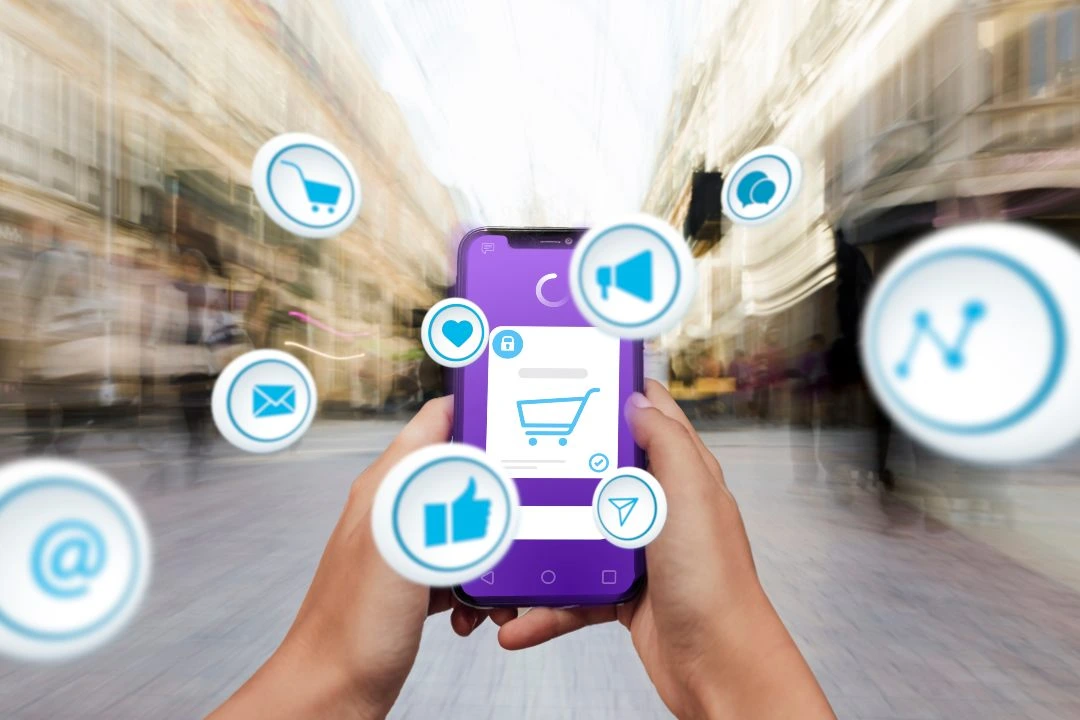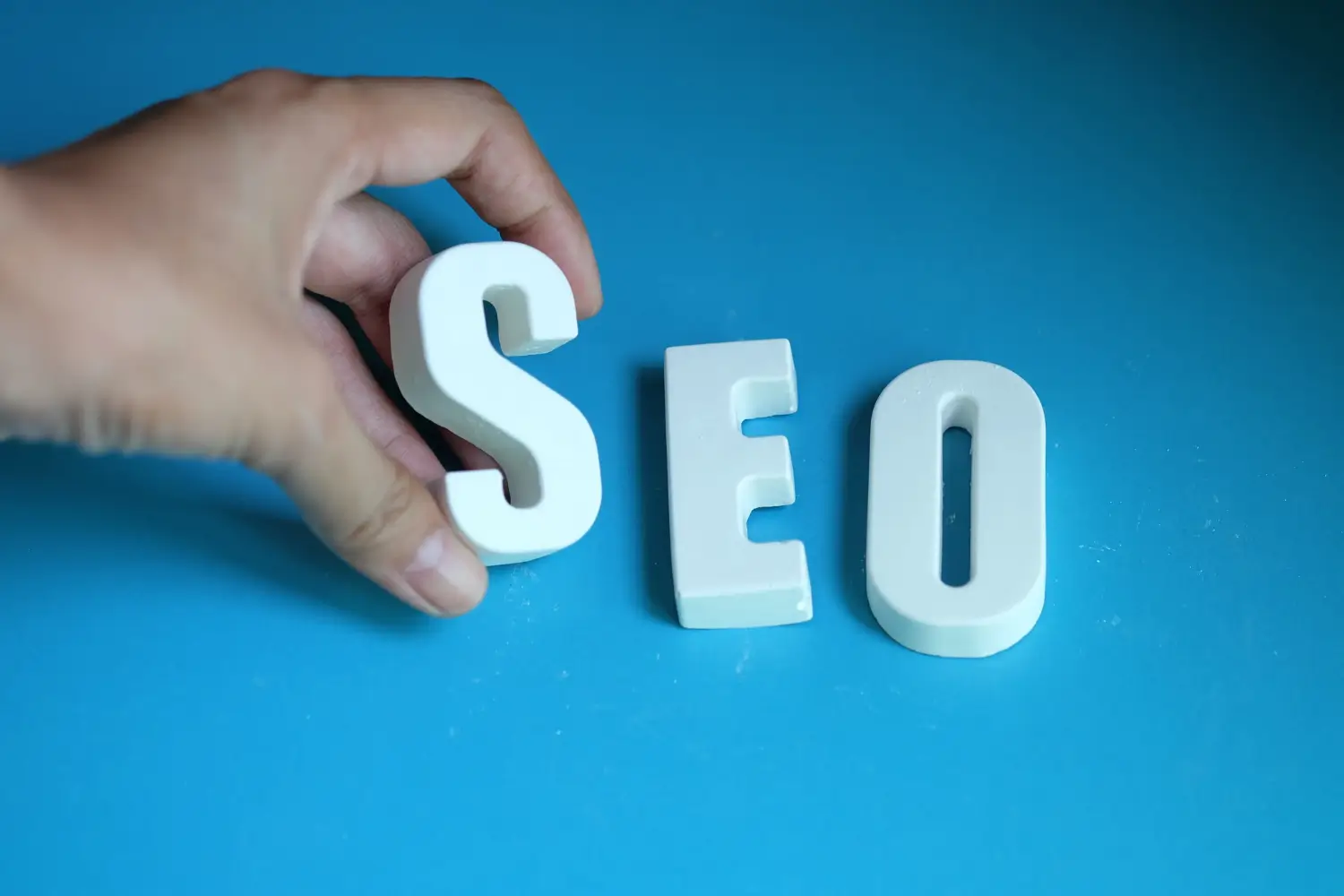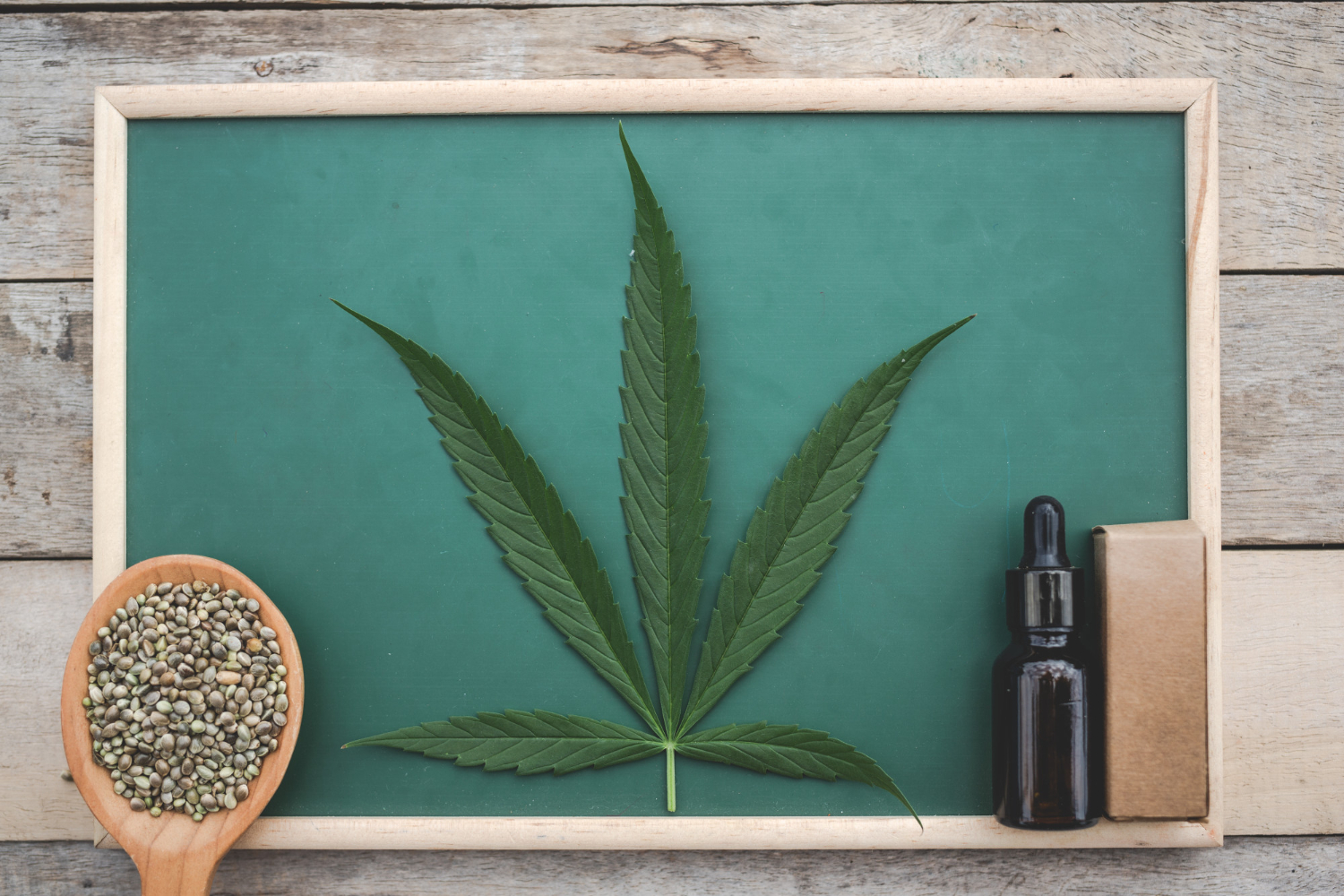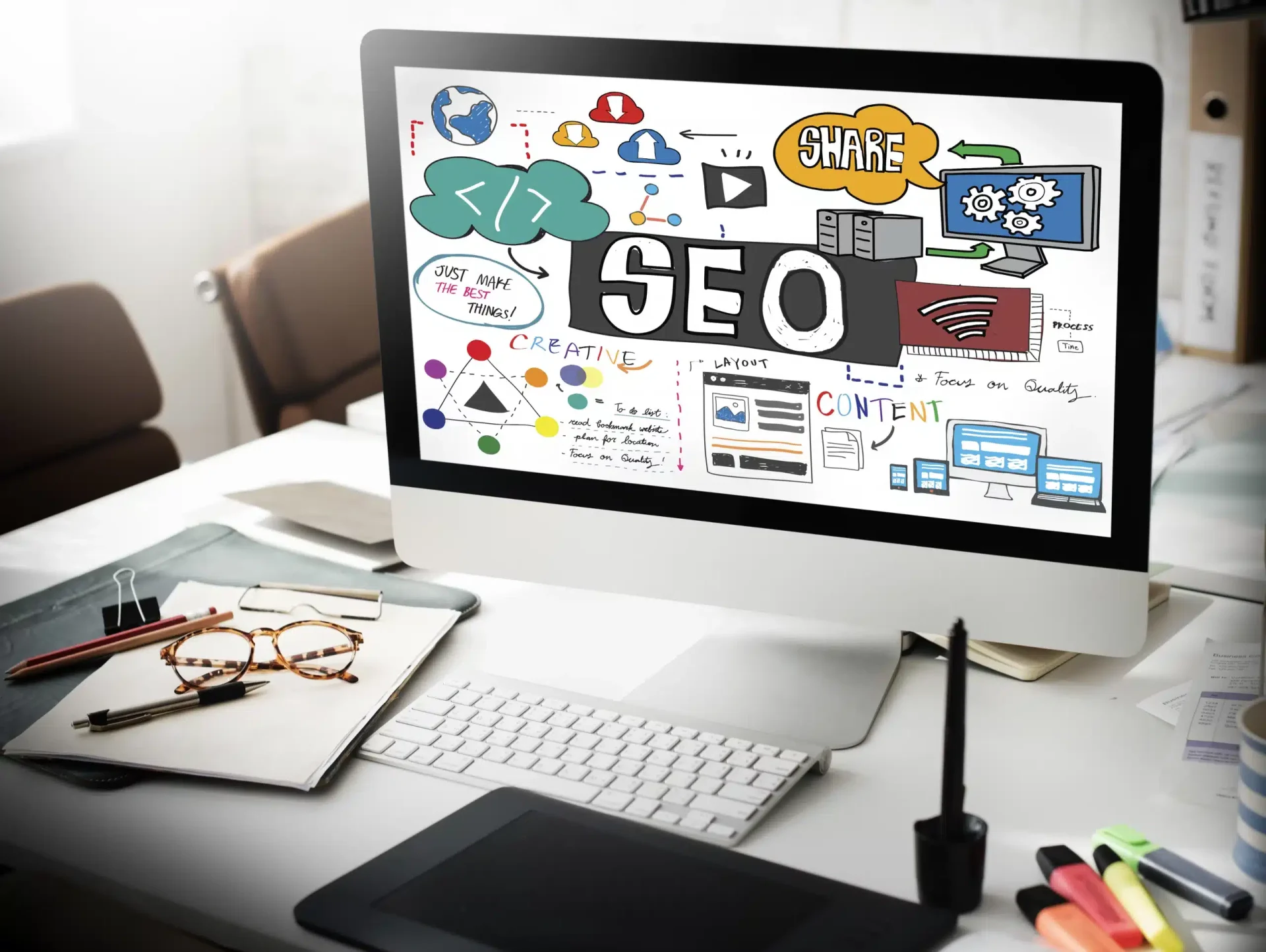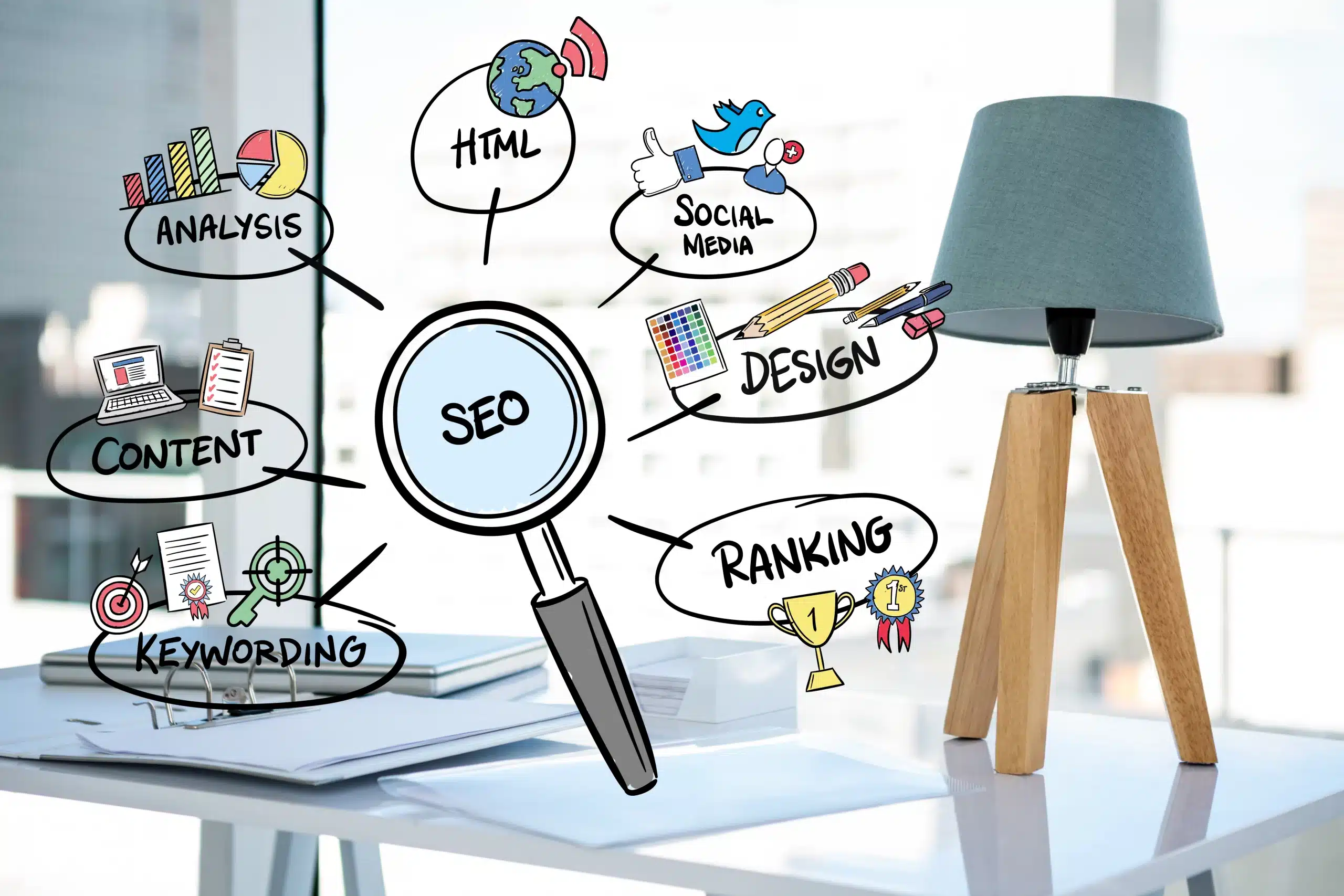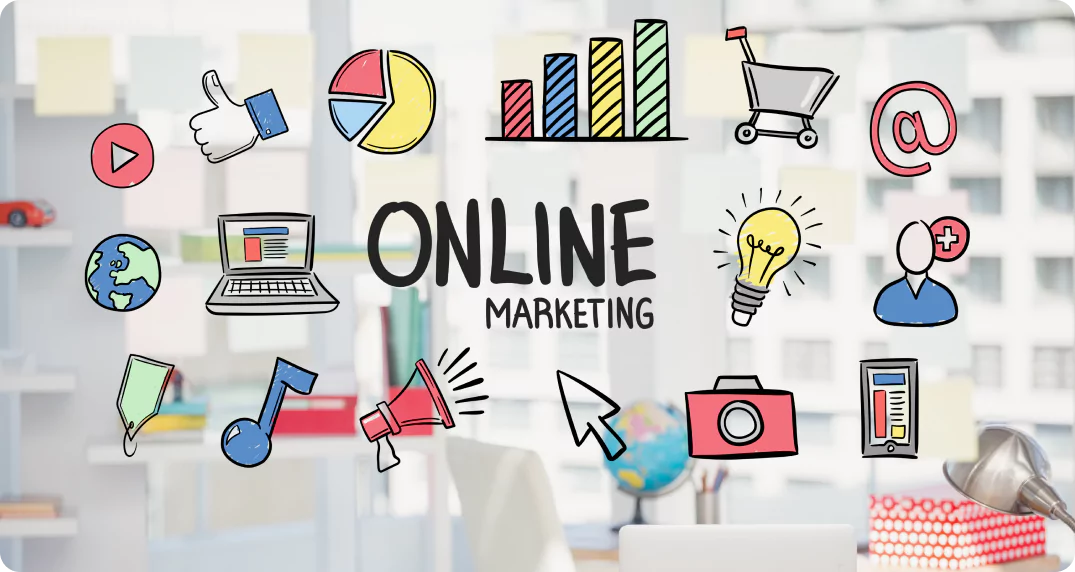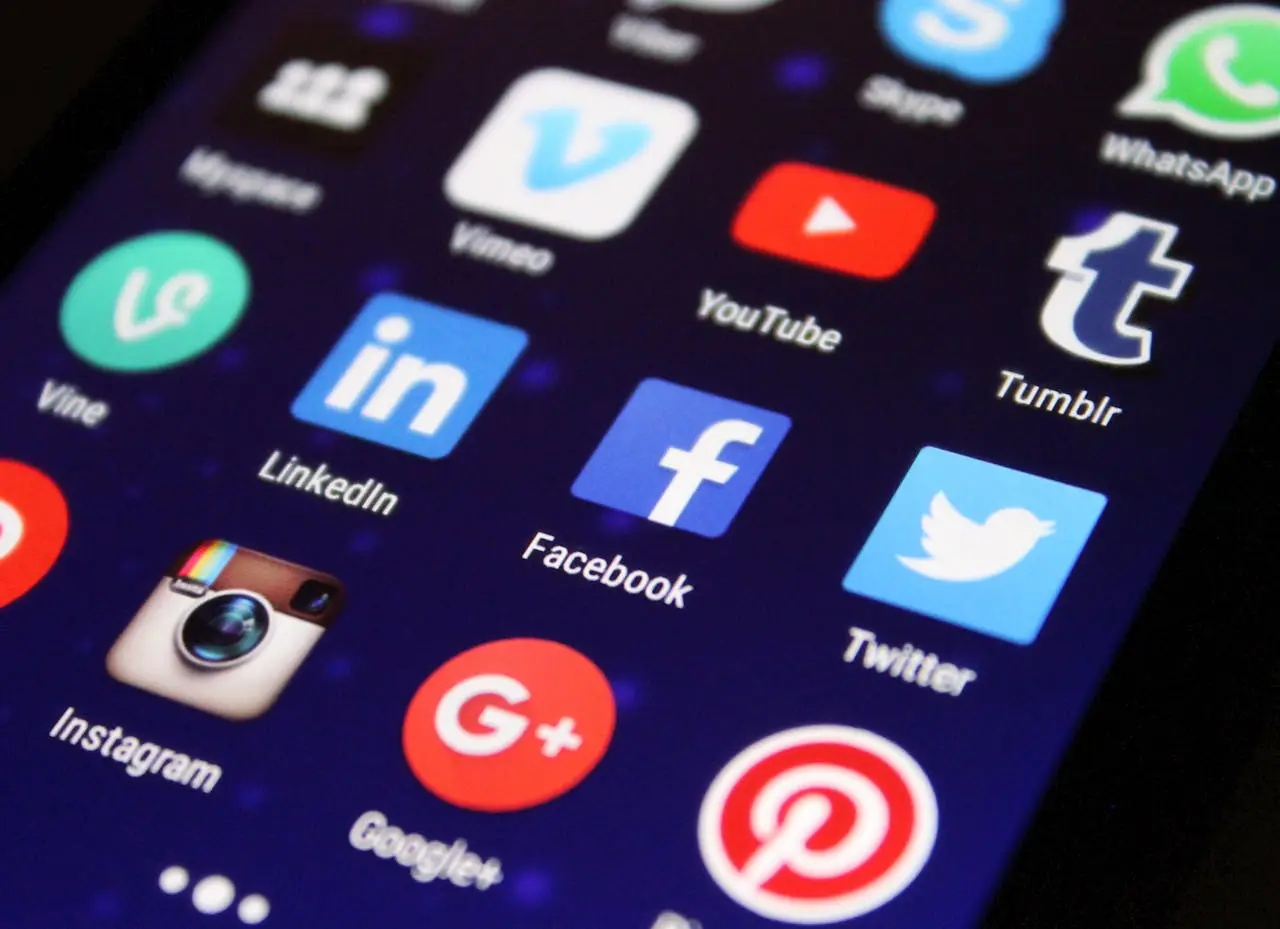Are you trying to stay ahead in the fast-evolving world of social media marketing? Then it’s time to explore how artificial intelligence is reshaping the landscape. The rise of AI in social media is not just a futuristic concept; it’s happening now, with significant implications for businesses of all sizes.
From automating content creation to optimizing campaign performance and from personalized ad campaigns to real-time crisis management, staying informed about the latest AI social media trends is key to maintaining a competitive edge. With the AI market set to explode in the coming years, understanding these trends is crucial for strategizing and maximizing your ROI.
In this article, we’ll dive into the most important AI statistics and trends in social media, providing you with valuable insights into how to leverage AI for success.
Leveraging AI: A Game-Changer for Social Media Marketing
Artificial Intelligence is no longer a buzzword in social media marketing—it’s a pivotal force reshaping the way brands engage with their audiences. From streamlining operations to creating hyper-personalized user experiences, AI’s transformative role in marketing can’t be overstated. But while some businesses are fully embracing this technology, others are still navigating the learning curve. For marketers, staying ahead means not just understanding where AI is being adopted but recognizing the untapped potential it holds for driving growth and innovation.
- AI adoption in marketing and sales has more than doubled since 2023, making it the fastest-growing area of implementation across all business functions. Source
- A significant 37% of professionals in the marketing and advertising industry utilize AI tools in their daily workflows, signaling widespread integration of generative AI solutions. Source
- Nearly 20% of marketers have allocated over 40% of their budgets to AI-powered campaigns, reflecting their strong confidence in AI’s ROI. Source
- Around 60% of marketers are using AI in some capacity, with 52% specifically leveraging it to streamline and enhance content creation. Source, Source, Source
- AI tools are gaining traction for various applications, including social media management (39%) and chatbot integrations (34%). Source, Source, Source
- Projections suggest that 78% of marketers will automate more than 25% of their tasks with AI by 2026. Source
- Interestingly, only 20% of organizations confirm the official implementation of AI tools, while 40% of marketers remain uncertain about whether their teams are actively utilizing these solutions. Source
The statistics tell a compelling story: while AI adoption is accelerating, there’s still a notable gap between its potential and its practical application. For marketing teams, the message is clear—those who act early to standardize AI within their strategies will secure a competitive edge. Furthermore, as AI technologies become more accessible, even smaller teams can benefit by incorporating AI for tasks like content creation, customer service, and audience analysis.
In fact, businesses seeking to streamline their digital marketing efforts can amplify their results by combining AI tools with broader full-service marketing strategies. This approach ensures that AI-driven solutions are integrated seamlessly with other marketing channels, from SEO to email campaigns, to maximize digital marketing ROI.
Pro Tip:
Focus on AI tools that complement your existing marketing processes rather than overwhelming your team with unnecessary complexity. Start by automating repetitive tasks—like scheduling posts or generating insights—before scaling up to advanced AI capabilities such as predictive analytics or sentiment analysis. Experimenting now could set the stage for long-term success.
Unstoppable Momentum: The Rise of AI Investment
The surge in AI adoption is rewriting the rules of business across industries, fueled by unprecedented investment and innovation. From generative AI breakthroughs to tech startups dominating venture capital, the pace of growth is staggering. Staying ahead in this AI-driven landscape isn’t just a strategic advantage—it’s becoming a matter of survival for businesses looking to future-proof their operations and marketing strategies.
- The global AI market is projected to reach $184 billion in 2024, a sharp rise from $142.3 billion in 2023. Source
- The AI sector is forecasted to grow at an impressive 36.6% CAGR from 2024 to 2030, underscoring its accelerating adoption. Source
- By 2030, the global AI market is expected to surpass $826 billion, cementing its position as a key economic driver. Source
- Investment in generative AI soared to $25.2 billion in 2023—an extraordinary nine-fold increase from the prior year. Source
- AI startups accounted for 31% of global venture funding in Q3 2024, reflecting strong investor confidence in the sector. Source
Key Takeaway: Leverage AI’s Momentum to Future-Proof Your Strategy
The AI market is no longer a space for cautious observers—it’s a critical arena for action. The rapid acceleration of investment and market growth sends a clear signal: businesses that fail to integrate AI into their strategies risk being left behind. Beyond automation, AI is propelling breakthroughs in content creation, audience targeting, and predictive analytics, revolutionizing industries at an unprecedented pace. Social media marketers, in particular, stand to benefit from AI’s ability to personalize content, streamline workflows, and amplify engagement like never before.
Pro Tip:
Stay agile and forward-thinking by tracking emerging trends in AI venture funding. Not only can this help you identify cutting-edge solutions early, but it also positions your business to adopt transformative tools before they become mainstream.
How AI is Revolutionizing Social Media Content Strategies
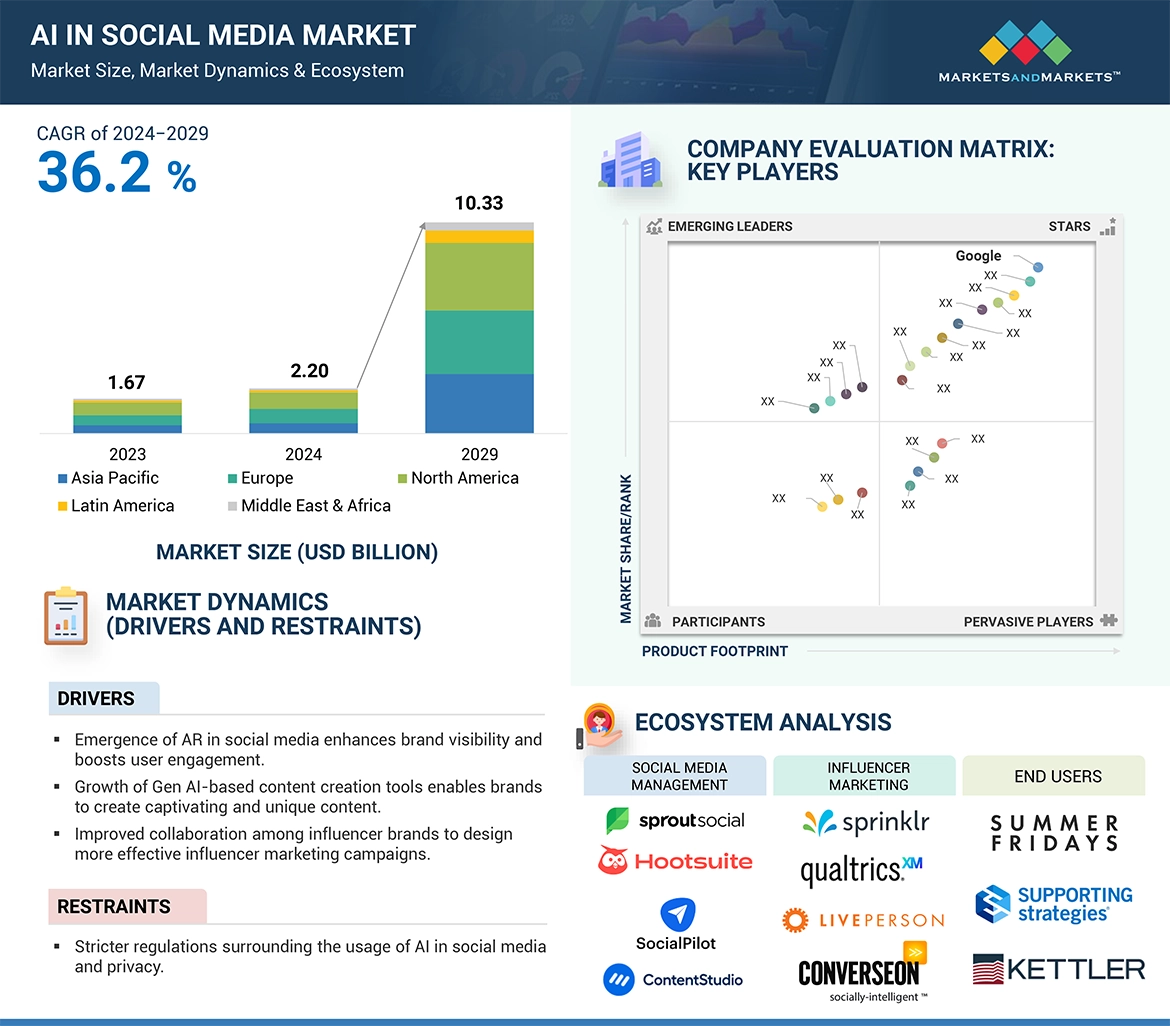
Source: MarketsandMarkets
The integration of AI into social media content creation is no longer just an emerging trend—it’s a competitive necessity. As audiences demand more personalized and visually engaging content, AI tools offer marketers the ability to produce high-quality material at scale, without compromising on creativity. This shift is reshaping workflows, freeing up time for creative teams, and making social media strategies more efficient and impactful than ever before.
- 29% of marketers are already using AI tools for content creation and marketing activities, signaling the increasing reliance on AI across the industry. Source
- AI enables marketers to generate visually appealing designs and compelling ad copy at scale, helping teams enhance their creative output. Source
- Creative teams are leveraging AI to expand content production capabilities while maintaining quality. Source
- AI-driven platforms empower marketers to produce consistent, on-brand content that resonates with their audience. Source
- Approximately 30.91% of marketers employ AI for varied purposes, showcasing its versatility beyond content creation. Source
Key Takeaway: Elevate Your Social Media Game with AI
The role of AI in social media marketing transcends automating mundane tasks—it’s about scaling creativity and delivering impactful content that aligns with audience expectations. By integrating AI tools, marketers can streamline workflows, focus on strategy, and maintain brand consistency even at scale. However, the key lies in balancing automation with human oversight to ensure authenticity and engagement remain at the forefront.
Pro Tip:
To unlock the full potential of AI tools, start small—experiment with AI for tasks like A/B testing copy, generating captions, or creating visuals. As you gain confidence, explore its advanced capabilities like predictive analytics or sentiment analysis to refine your content strategy and achieve maximum impact.
Rise of AI-Driven Content Strategies
As the race to captivate audiences on social media intensifies, AI-powered tools have become indispensable for marketers aiming to stay ahead. Whether it’s crafting sharp captions, producing visually stunning content, or generating blog posts at scale, AI is helping brands streamline their processes and unlock new creative possibilities. Beyond saving time, these tools empower marketers to craft highly tailored and data-driven content, ensuring they connect with audiences in more authentic and meaningful ways.
- Social Media Caption Generation: A remarkable 42% of marketing managers leveraging AI for day-to-day activities use it specifically to craft compelling social media captions. Source
- Blog and Article Creation: AI has taken on longer-form content creation, with 58% of businesses using it for blog articles and 49% for shorter content like listicles and quick reads. Source
- Video and Image Generation: Visual storytelling is getting an AI upgrade—31% of businesses rely on AI to create short videos, 18% for long-form video content, and 28% for eye-catching image generation. Source
Key Takeaway: AI is Revolutionizing Content Efficiency and Creativity
These statistics underscore a compelling truth: AI in content creation is no longer a luxury; it’s a necessity for brands aiming to deliver relevant and engaging content at scale. By automating repetitive tasks and providing real-time insights, AI allows marketers to focus on building stronger connections with their audience. One exciting frontier is dynamic creative optimization, where AI adapts content in real-time to align with user preferences and behaviors—delivering hyper-relevant experiences that drive engagement.
Pro Tip:
Don’t limit your AI tools to just content generation—use them to analyze audience engagement and refine your strategy. AI platforms like Jasper, Writesonic, and Canva’s AI features can help you create, optimize, and distribute content that resonates with your audience at every touchpoint.
AI-Driven Visual Storytelling: Unlocking New Frontiers for Marketers
As the demand for immersive and engaging content continues to grow, AI-generated visual tools are revolutionizing the way brands connect with audiences. From crafting hyper-realistic videos to producing image-rich narratives at scale, AI has become a creative catalyst for marketers looking to stand out in a sea of digital content. Beyond just saving time, these tools are empowering brands to push the boundaries of what’s possible in visual storytelling.
- Recent advancements in AI have made it possible to generate stunning still images from scratch. Source
- AI video production is turning skeptics into believers, with tools like OpenAI’s SORA setting new standards for photorealistic and adaptable video generation. Source
- AI tools are now capable of materializing cinematic dreams in seconds, offering unprecedented creative possibilities. Source
Key Takeaway: Human Creativity Meets AI Efficiency
AI isn’t here to replace creativity—it’s here to amplify it. While these tools can fast-track production and expand creative horizons, the most successful campaigns balance technological innovation with the personal touch of human insight. A visually stunning piece of content will only succeed if it resonates emotionally with its audience, so strategic storytelling must remain at the core.
Pro Tip:
Experiment boldly with AI-generated visuals, but continually test and gather feedback from your audience to fine-tune your creative approach. Pair AI’s efficiency with human intuition to craft content that dazzles while driving genuine engagement.
AI for Smarter Social Media Campaigns
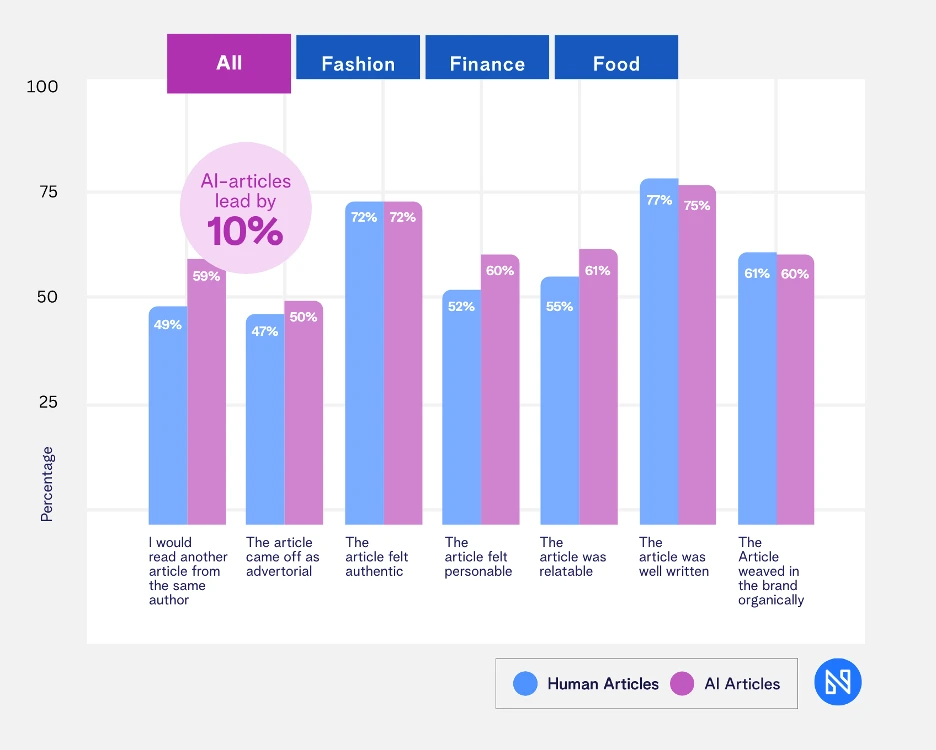
Source: Advertising Week
AI technology is fundamentally reshaping how social media campaigns are planned, executed, and optimized. Gone are the days of blanket ads and manual testing; today’s marketers leverage AI to predict consumer behaviors, refine targeting, and create hyper-personalized experiences at scale. This not only accelerates the campaign process but also ensures that every marketing dollar is spent more efficiently, unlocking significant opportunities for businesses to connect meaningfully with their audiences.
- Comprehensive Campaign Management: By 2025, AI will account for critical campaign functions like ad creation and customer preference prediction, effectively acting as a 24/7 campaign manager. Source
- Predictive Analysis: By analyzing large volumes of data, AI identifies the ideal timing, channel, and audience for ad placements, removing the guesswork from targeting. Source
- Automated Creative Testing: AI generates diverse ad variations and tests them in real time, optimizing for the most effective content while campaigns are live. Source
- Hyper-Personalization: AI ensures that ads evolve with individual viewer habits, delivering content tailored to unique preferences and behaviors. Source
Key Takeaway: Bridging Data with Creativity Through AI
These advancements illustrate that the future of social media marketing lies in the seamless intersection of data-driven insights and human creativity. AI doesn’t just automate—it empowers marketers to focus on storytelling and strategy while ensuring campaigns are optimized in real time for maximum impact. Brands that incorporate AI-driven tools into their strategies can expect not just better engagement but also an ability to scale campaigns without losing personalization—something that consumers increasingly demand in today’s crowded digital landscape.
Pro Tip:
Make the most of your AI capabilities by investing in dynamic creative optimization tools. These platforms automatically adapt your messaging and visuals to fit each stage of the customer journey, providing a cohesive experience across all channels while tailoring content to individual preferences.
Striking the Right Balance: AI Assistants vs. Human Creativity in Social Media Content
AI tools have undoubtedly revolutionized social media content creation, offering unparalleled efficiency and scalability. However, as the industry embraces these technologies, there’s a growing tension between speed and authenticity. The real challenge lies in leveraging AI without compromising the creative essence that makes brands memorable and relatable to their audiences.
- AI technology can sometimes stifle creativity, leading to homogenized content marketing that lacks originality.
- As more brands use generative AI for content, there’s a risk of market oversaturation and a decline in unique brand voices, which are crucial for market differentiation.
- Some brands may consciously avoid using generative AI to stand out from the competition, potentially increasing demand for human creative skills.
The takeaway? AI is a powerful ally when used strategically, but it shouldn’t be the sole driver of your content strategy. To foster a lasting connection with your audience, prioritize brand storytelling and human creativity, allowing AI to support repetitive tasks like optimization and scheduling.
Pro Tip:
Use AI to streamline tasks such as deadline management, A/B testing, or keyword suggestions, but leave room for human-driven storytelling and personalized engagement. The magic happens when technology amplifies creativity, not replaces it.
Leveraging AI for Crisis Prevention and Smarter Decision-Making on Social Media
In the fast-paced world of social media, brands no longer have the luxury of reacting slowly to emerging issues. AI is revolutionizing how companies safeguard their reputation and make strategic choices, enabling them to pivot quickly and effectively. With tools that can detect early warning signs and analyze trends in real time, businesses can transform what could have been a crisis into an opportunity to build trust and loyalty with their audience.
- Proactive Crisis Management: By 2026, AI will play a vital role in brand protection, monitoring digital sentiment to uncover and address potential crises before they gain momentum. Source
- Rapid Response Capabilities: AI-powered tools not only identify problems instantly but also craft adaptive response strategies—such as updating messaging and restoring consumer trust—allowing brands to react in real time. Source
- Data-Driven Decision Making: Real-time analysis of large-scale data helps marketers uncover actionable insights, identify the best-performing channels, and predict future industry shifts with greater accuracy. Source
AI isn’t just a tool—it’s a game-changer for how brands navigate challenges and harness opportunities in the ever-dynamic social media landscape. From monitoring sentiment to improving response agility, AI empowers businesses to stay agile and informed. Companies that embrace these capabilities will not only shield their reputation but also cultivate deeper connections with their audience.
Pro Tip:
Leverage AI tools that can integrate sentiment analysis with predictive modeling. This dual approach allows you to not only detect potential crises but also anticipate future behavioral trends, giving your brand a strategic edge in an increasingly competitive digital world.
Balancing Productivity and Responsibility: The Role of AI in Social Media Marketing
As artificial intelligence continues to integrate into social media marketing, it’s becoming a double-edged sword—bringing unparalleled efficiency while raising critical questions about governance, data privacy, and content quality. The ability to streamline operations and produce faster outcomes is undeniable, but without the right framework, the risks of missteps in compliance, ethical boundaries, and quality control loom large. Forward-thinking marketers are not only harnessing AI’s capabilities but also proactively addressing these concerns to stay ahead in the competitive landscape.
- 70% of marketers believe AI tools make their roles easier, underscoring how these technologies are driving greater productivity. Source
- Only 5% of marketers feel AI complicates their responsibilities, while 11% report no significant impact, reinforcing the notion that AI is largely seen as a positive force in marketing. Source
- Establishing a governance approach is crucial to ensure content quality, defining which AI tools are appropriate for specific tasks and assigning accountability. Source
- Businesses need an AI governance policy or playbook to encourage transparency around tools used and ensure proper quality control mechanisms are in place. Source
- Maintaining high-quality standards requires a combination of rigorous training, governance frameworks, and overseeing how AI applications are implemented. Source
- The rapid growth of AI technology has sparked ethical debates, particularly surrounding copyright infringement and data privacy concerns. Source
- Information shared with AI-driven chatbots often exists in a regulatory gray area, necessitating clearly defined guidelines to protect customer data. Source
- As the adoption of AI grows, legal frameworks will inevitably evolve, but businesses must navigate current uncertainties with diligence and foresight. Source
Key Takeaway: A Strategic Approach to AI Adoption is Non-Negotiable
While AI-powered tools have unlocked new levels of efficiency in social media marketing, they demand an equally robust strategy for governance and ethical use. Businesses that fail to address issues like data privacy, ambiguous chatbot usage, and content quality risk losing consumer trust and facing regulatory challenges downstream. By laying a strong foundation with clear AI governance policies and staying informed about legal developments, companies can leverage AI responsibly and sustainably, positioning themselves as leaders in both innovation and accountability.
Pro Tip:
Don’t underestimate the importance of training your team on AI tools. Beyond implementing policies, invest in educating staff on best practices for AI adoption, ethical use, and compliance. Pair this with regular audits of your AI systems to ensure continuous improvement and alignment with evolving industry standards.
How AI is Reshaping Social Media Experiences
The integration of AI into social media is no longer a futuristic idea—it’s happening now, and it’s transforming how users interact with platforms and brands. By harnessing powerful innovations like natural language processing (NLP) and large language models (LLMs), tech giants are not just keeping up with consumer expectations—they’re setting the pace for how digital engagement evolves. From smarter content recommendations to seamless interactions powered by AI, staying ahead in the social media world requires marketers to pay close attention to how these technologies are shaping the landscape.
- Natural language processing and large language models are helping tech giants like Google, Meta, and OpenAI develop the next generation of gadgets. Source
- Companies are capitalizing on AI growth through AI-powered voice search and digital personal assistants. Source
Key Takeaway: Elevating Strategy with AI-Powered Social Media Tools
AI is rewriting the rules of social media, offering opportunities to create hyper-personalized content, improve accessibility, and deliver real-time interactions that resonate with users. For marketers, this isn’t just a technology trend to watch—it’s a fundamental shift that can amplify engagement and streamline campaigns. Adapting early to AI-powered tools, such as advanced content scheduling or AI-driven analytics, allows businesses to not only meet today’s user expectations but also prepare for the innovations just around the corner.
Pro Tip:
Don’t just adopt AI for the sake of it—evaluate which tools align with your specific goals. AI-powered scheduling tools, chatbots, and content optimizers, for example, are great starting points that can simplify processes while maximizing your impact on social media platforms. Additionally, integrating AI into your broader digital marketing approach—such as digital marketing strategies for small businesses—can help create a cohesive and future-ready strategy. Adapt deliberately and consistently to see long-term results.
Conclusion
The integration of AI into social media is not just a passing trend—it’s a fundamental shift shaping the future of marketing. From content creation to campaign optimization, AI is redefining how brands connect with their audiences, offering unprecedented opportunities for creativity, personalization, and efficiency. The data highlights significant advancements in AI technologies, but it also underscores the need for thoughtful implementation and governance. Striking the right balance between leveraging AI and maintaining authenticity is paramount for marketers aiming to resonate with their audiences in an increasingly automated landscape.
As AI adoption accelerates, businesses that act now to implement AI-driven strategies will position themselves as leaders in this transformative era. Whether it’s through scaling creative production, improving ad targeting, or navigating real-time crises, AI equips marketers with tools to stay ahead of the curve. However, success lies in strategic planning, continuous learning, and aligning AI use with brand values and customer trust.
Ready to boost your traffic and grow your website? Your customers are looking for you, and our Social Media Management Services can help you. Let’s navigate this exciting future of AI-driven social media together.
About Key AI Social Media Trends and Stats
This guide was written by the Scopic Studios team and reviewed by Araksya Hakobjanyan, SEO Lead at Scopic Studios.
Scopic Studios delivers exceptional and engaging content rooted in our expertise across marketing and creative services. Our team of talented writers and digital experts excel in transforming intricate concepts into captivating narratives tailored for diverse industries. We’re passionate about crafting content that not only resonates but also drives value across all digital platforms.
Note: This feature blog’s image are sourced from Freepik.


